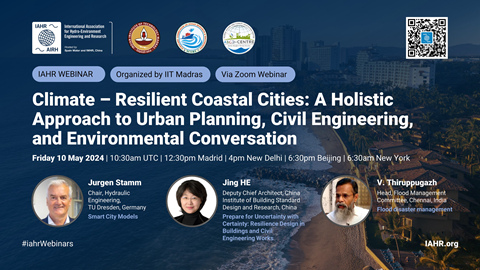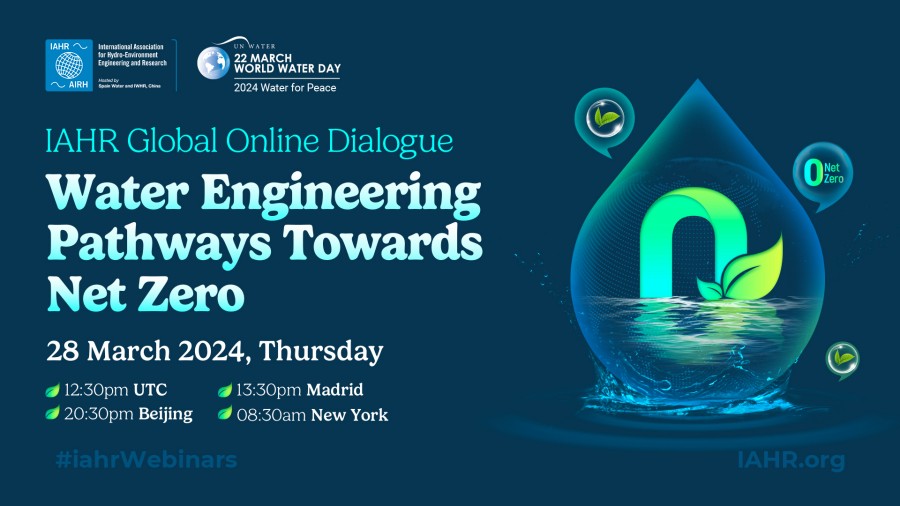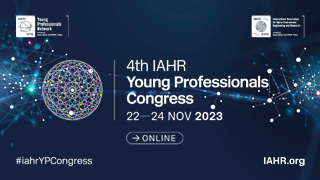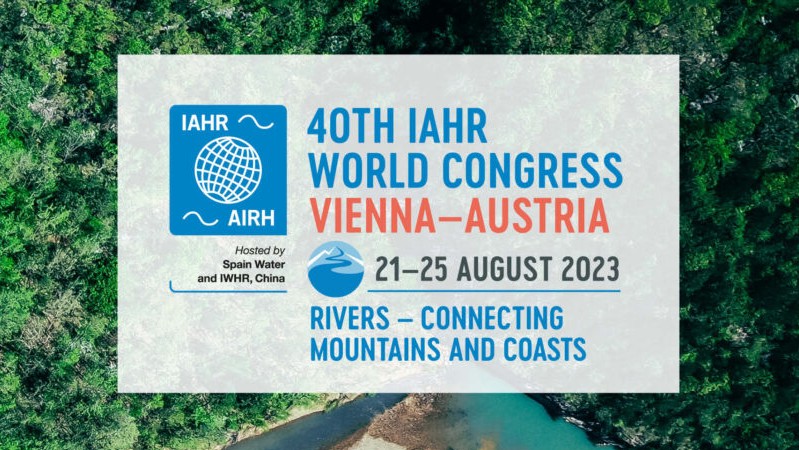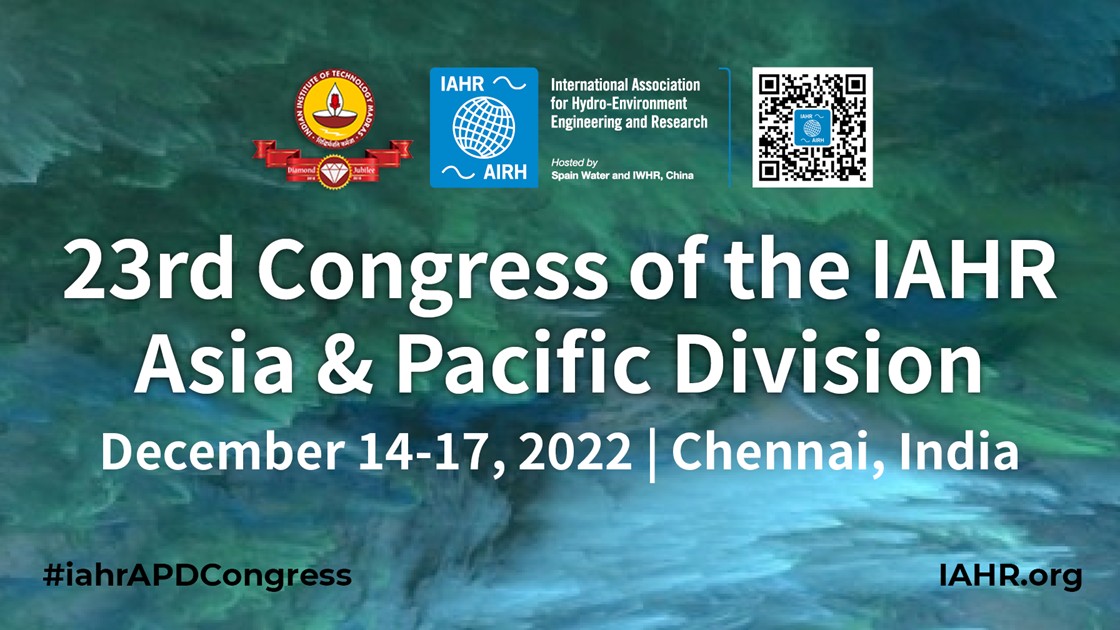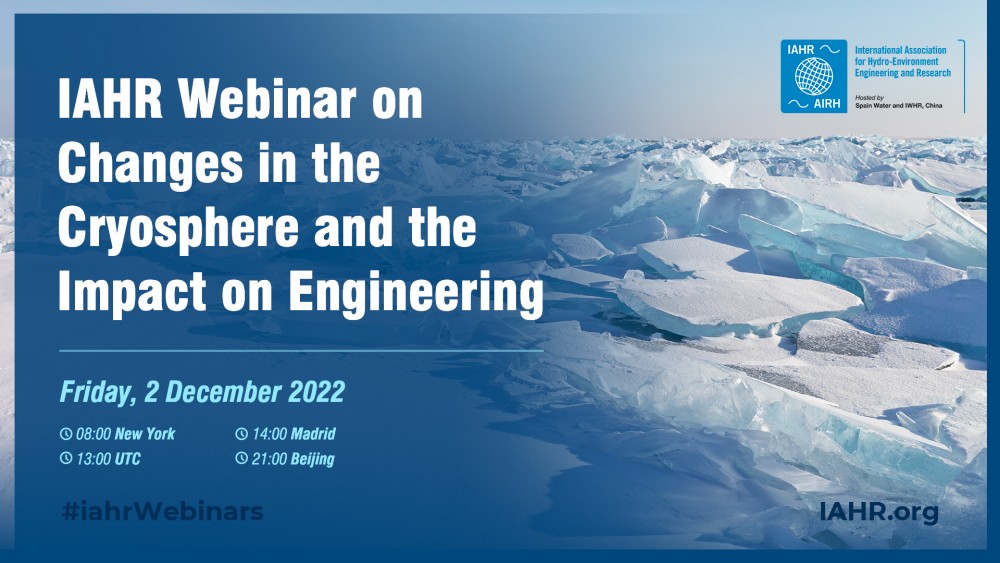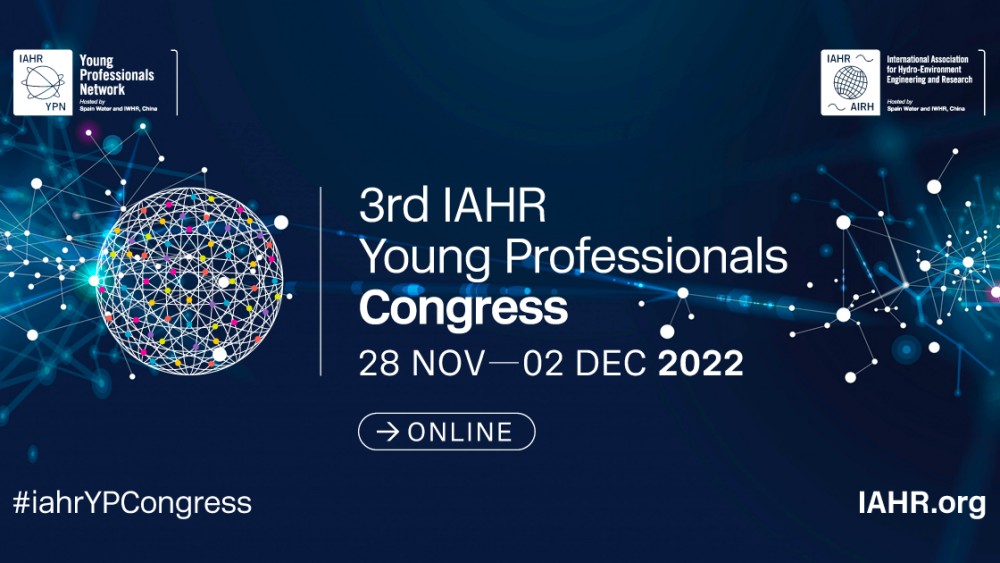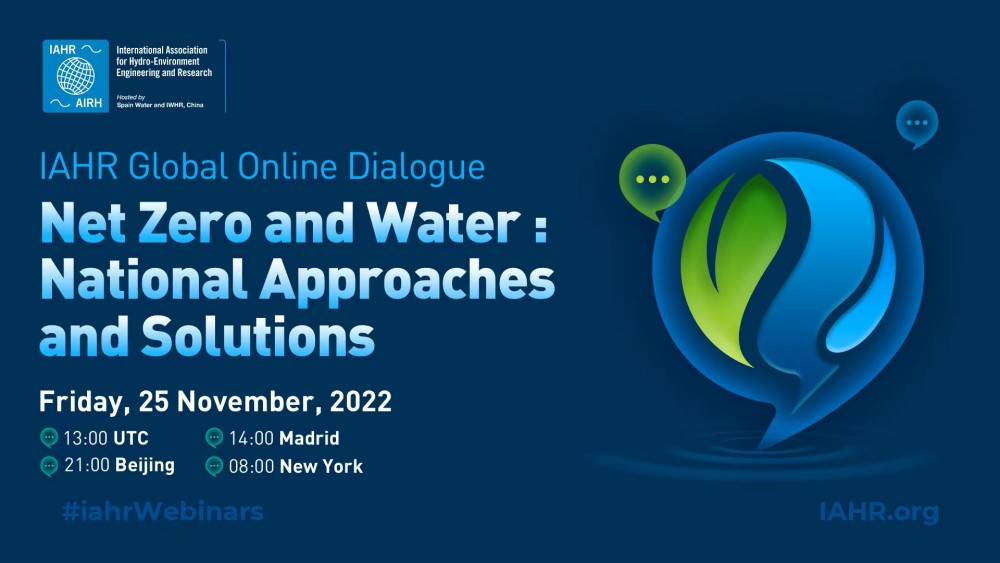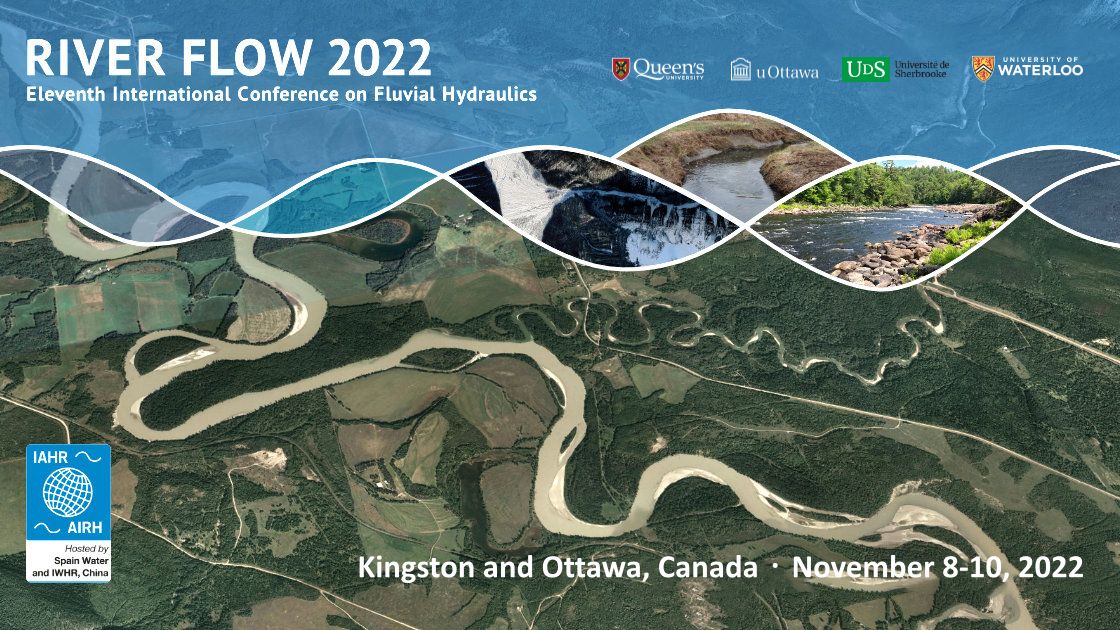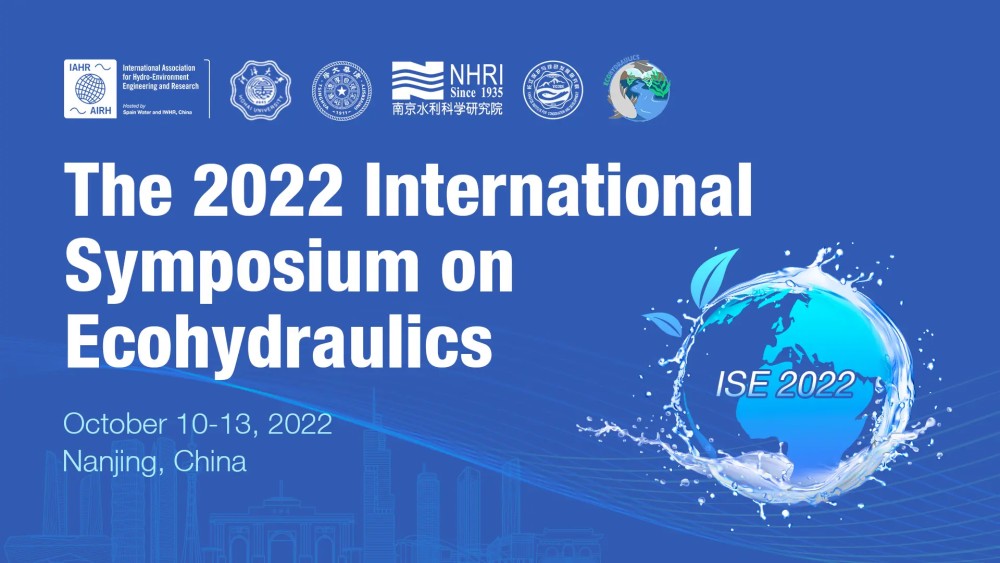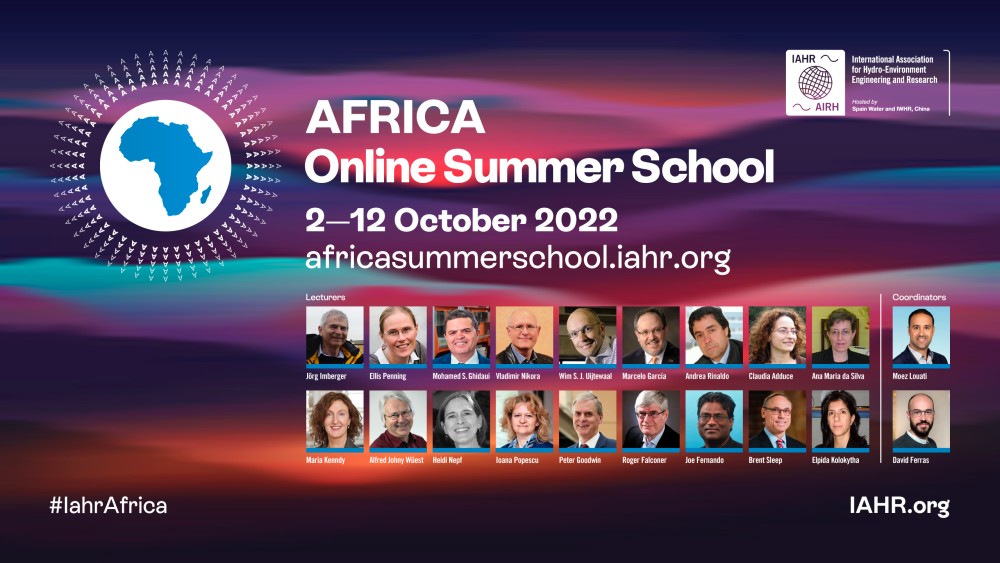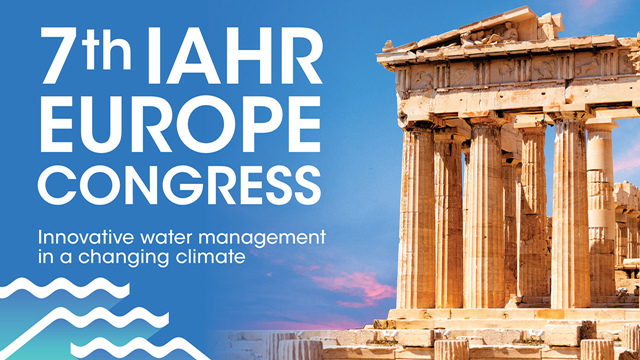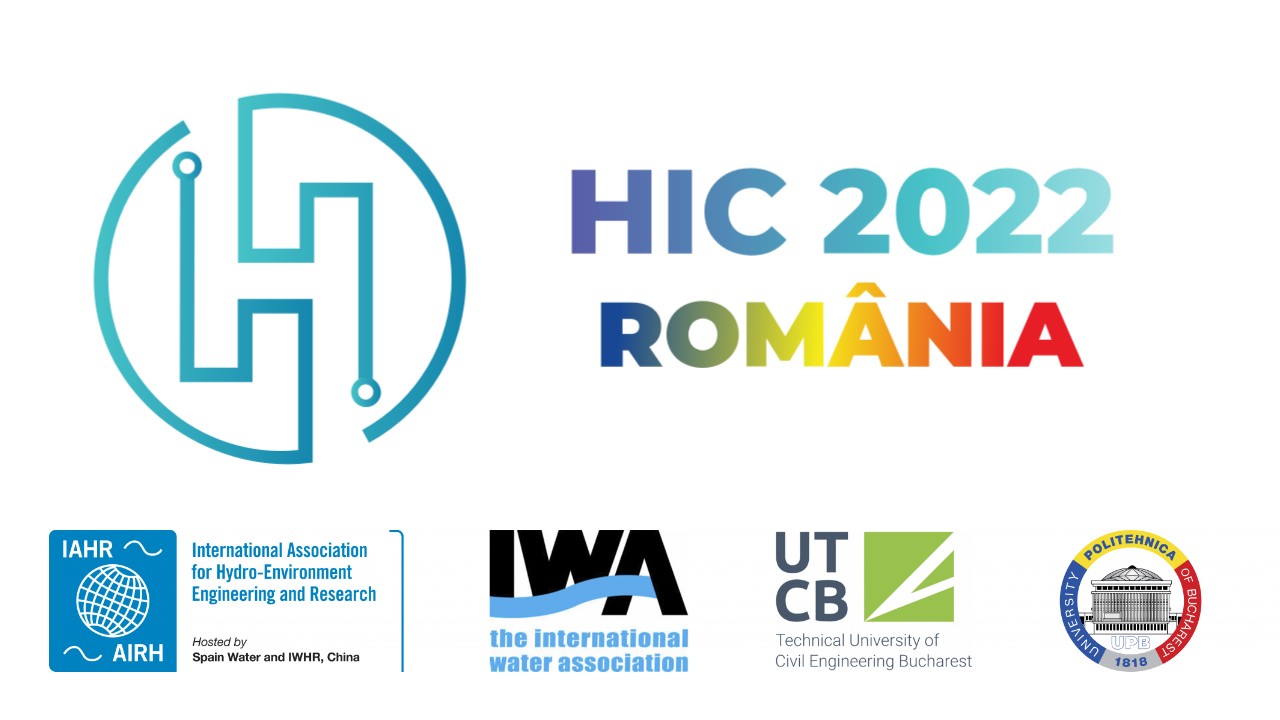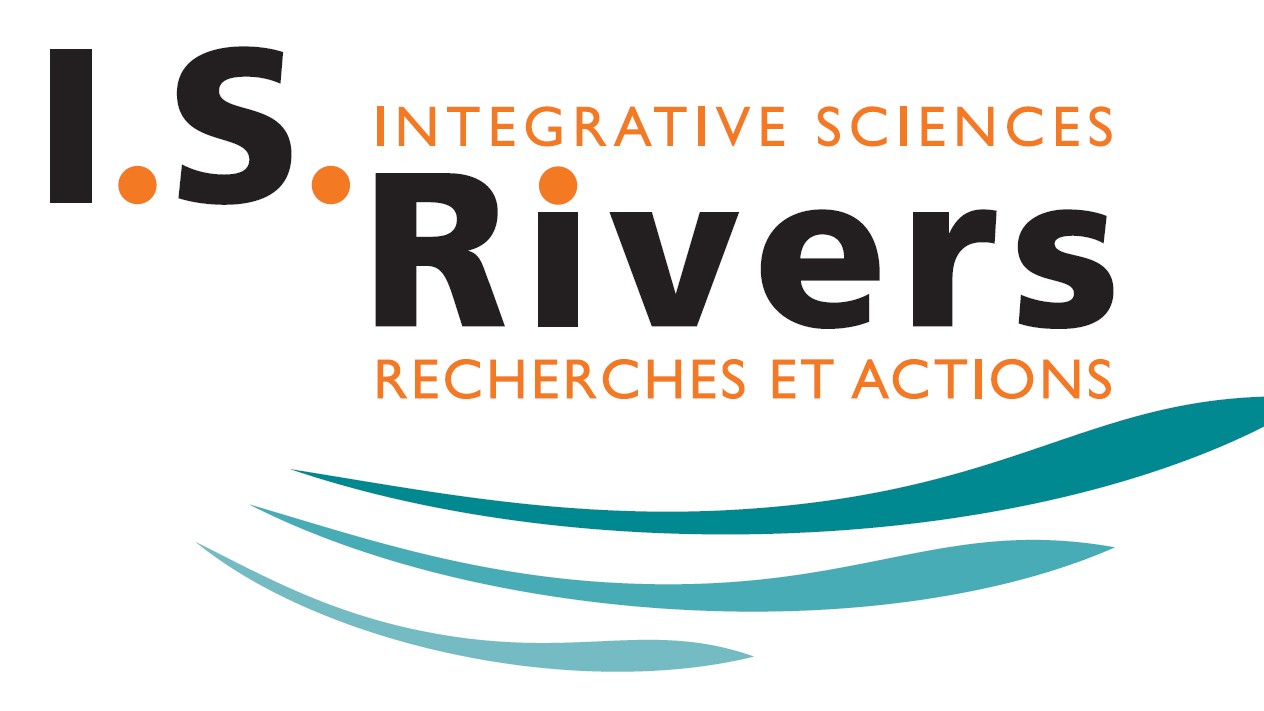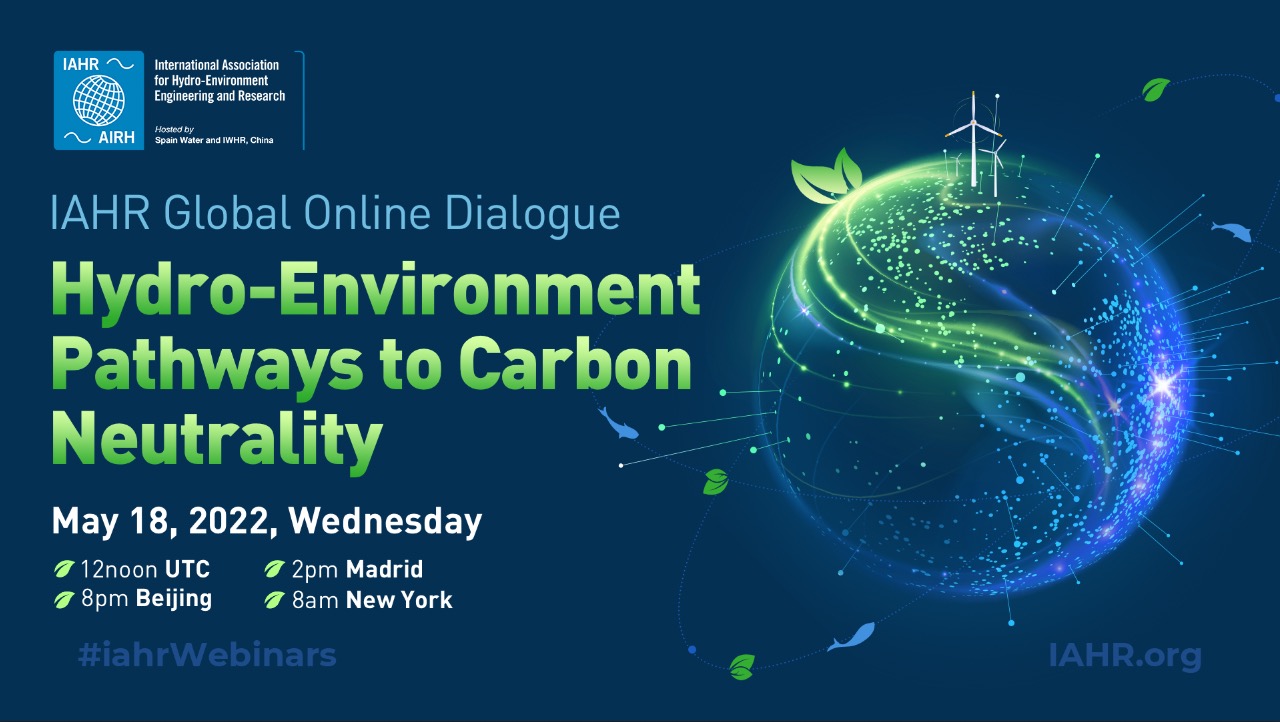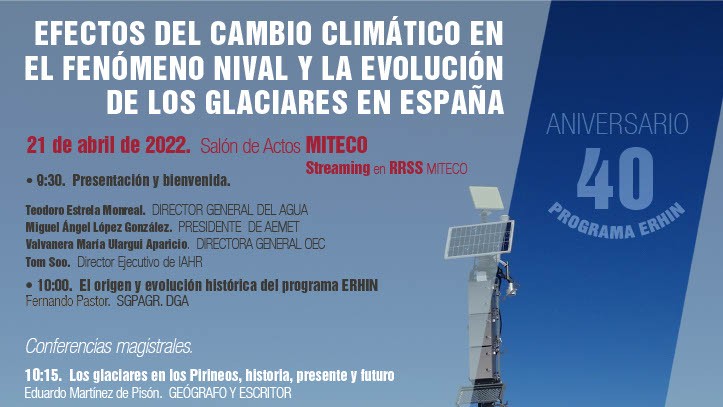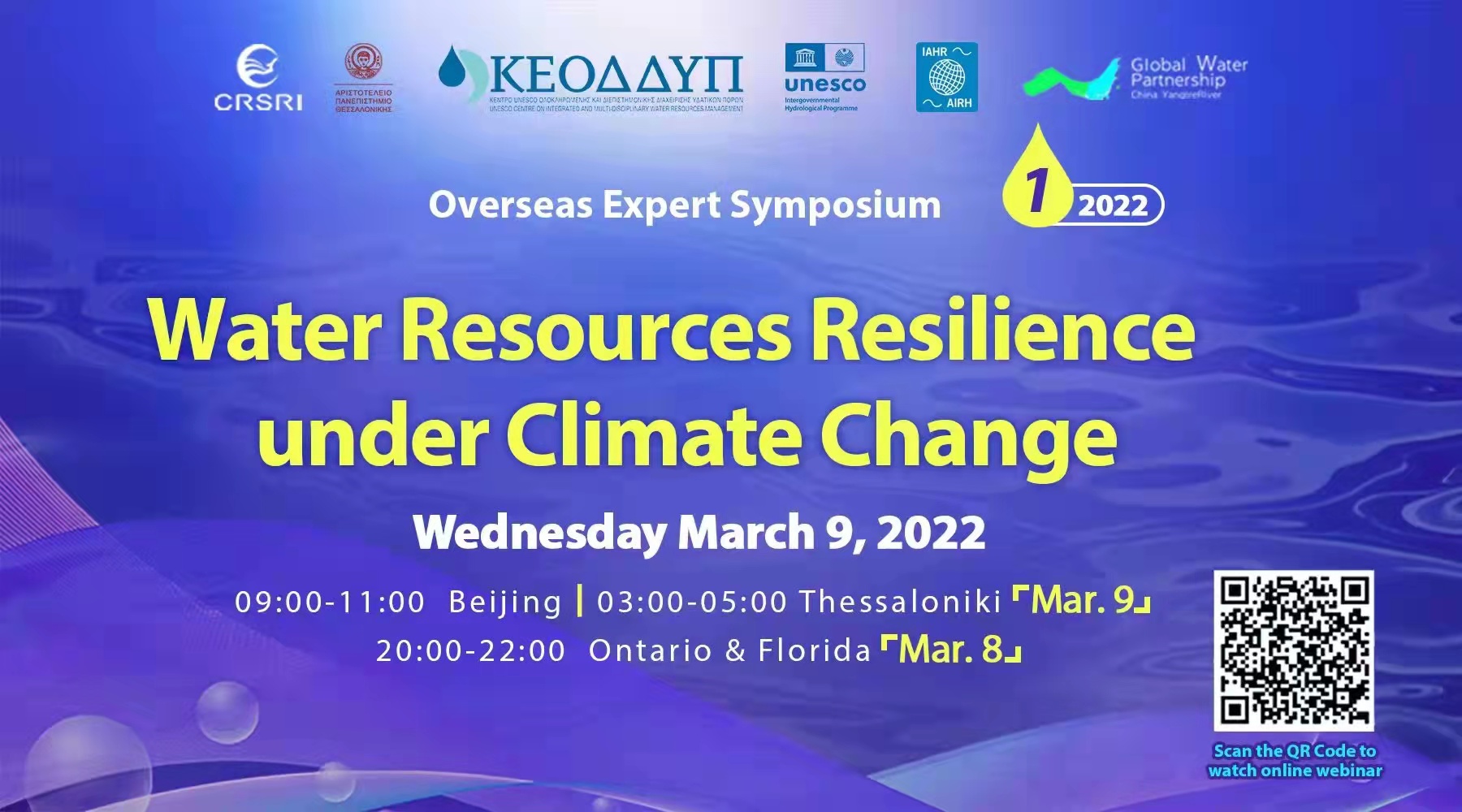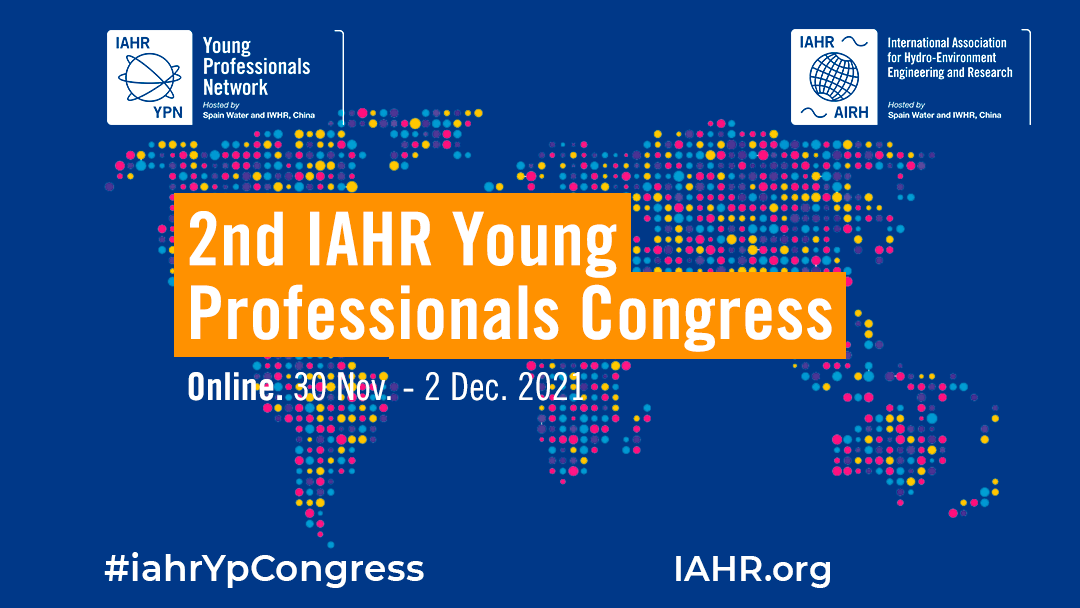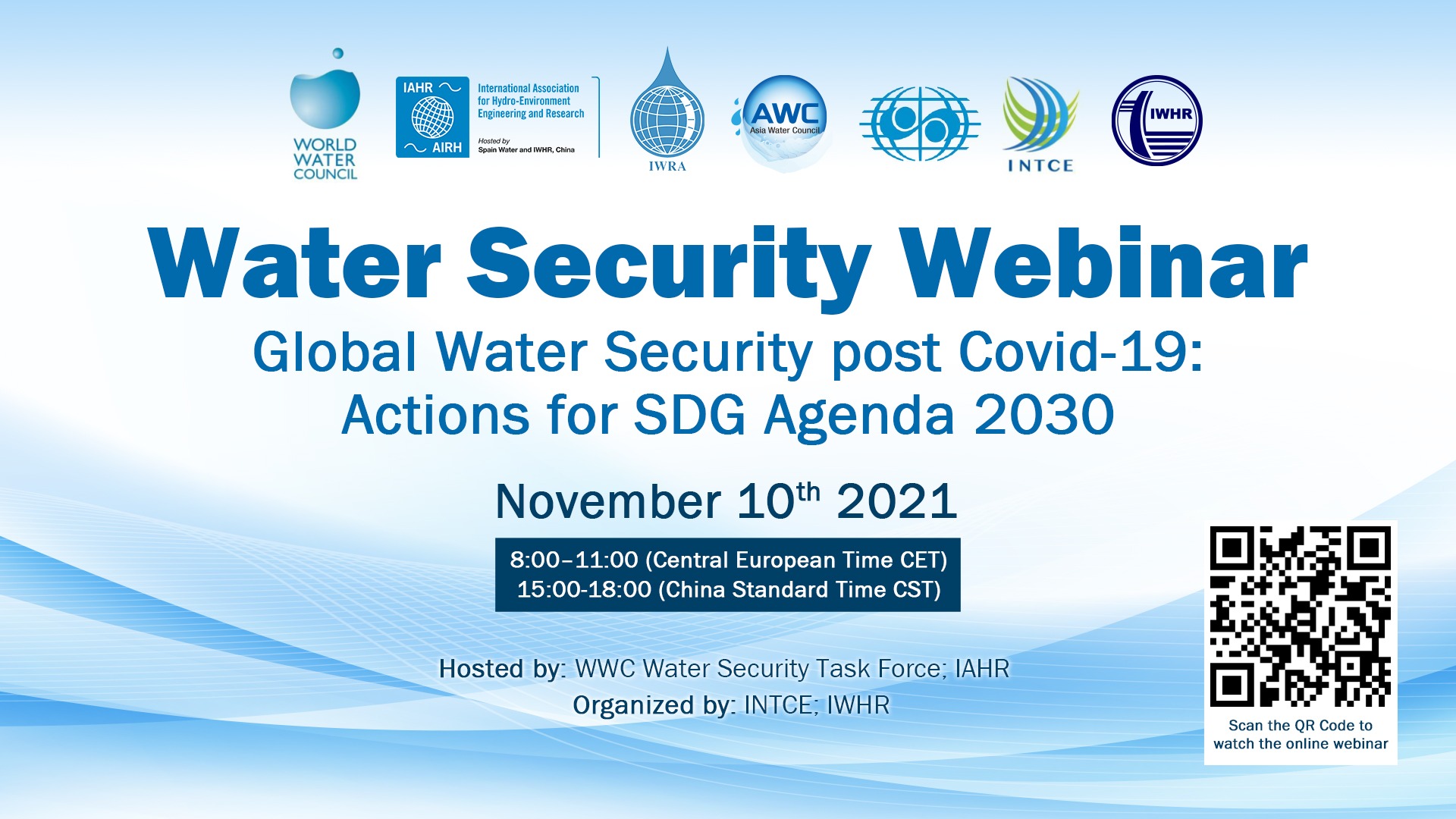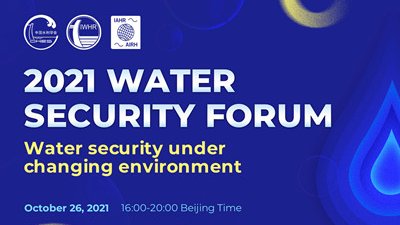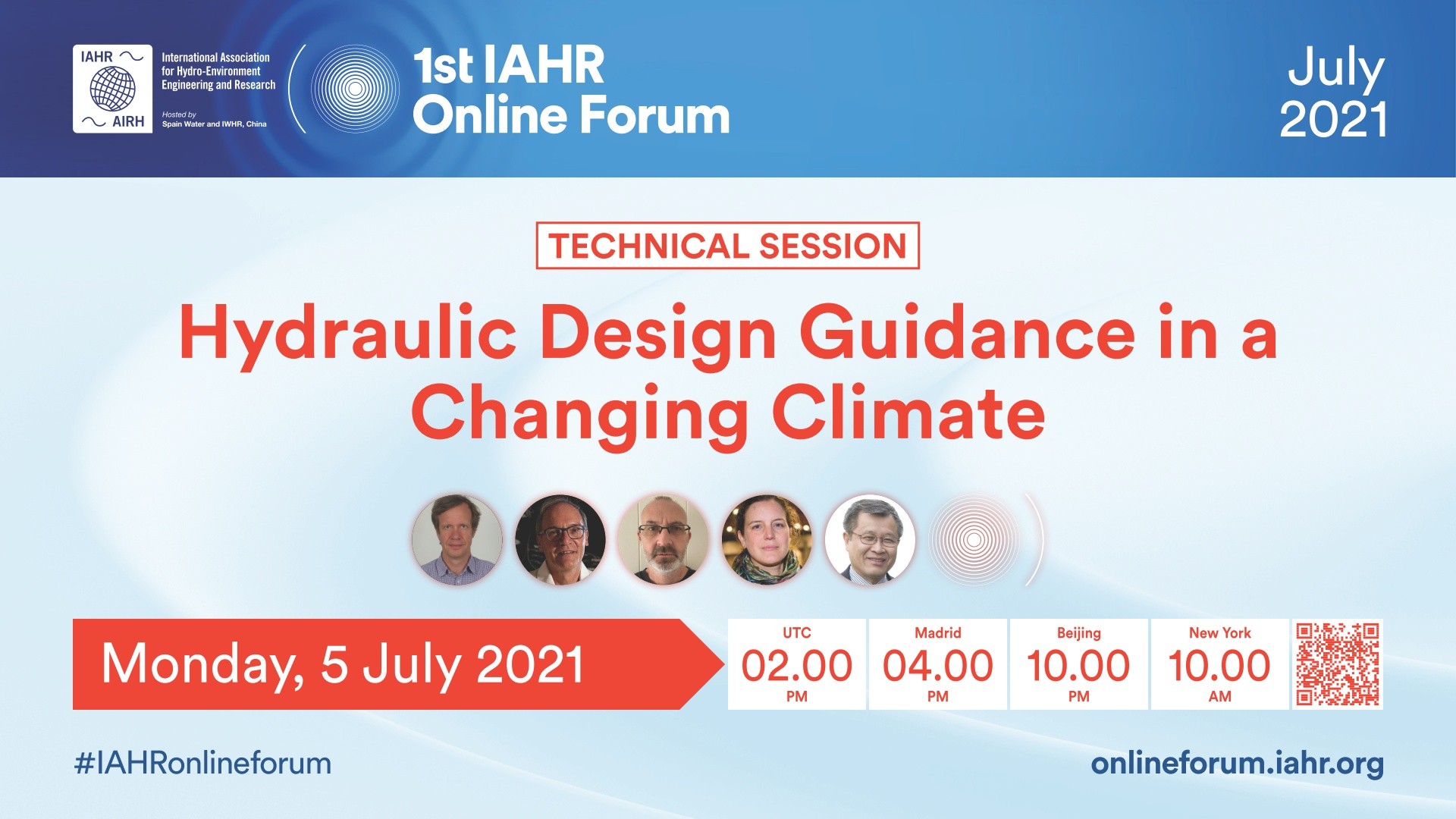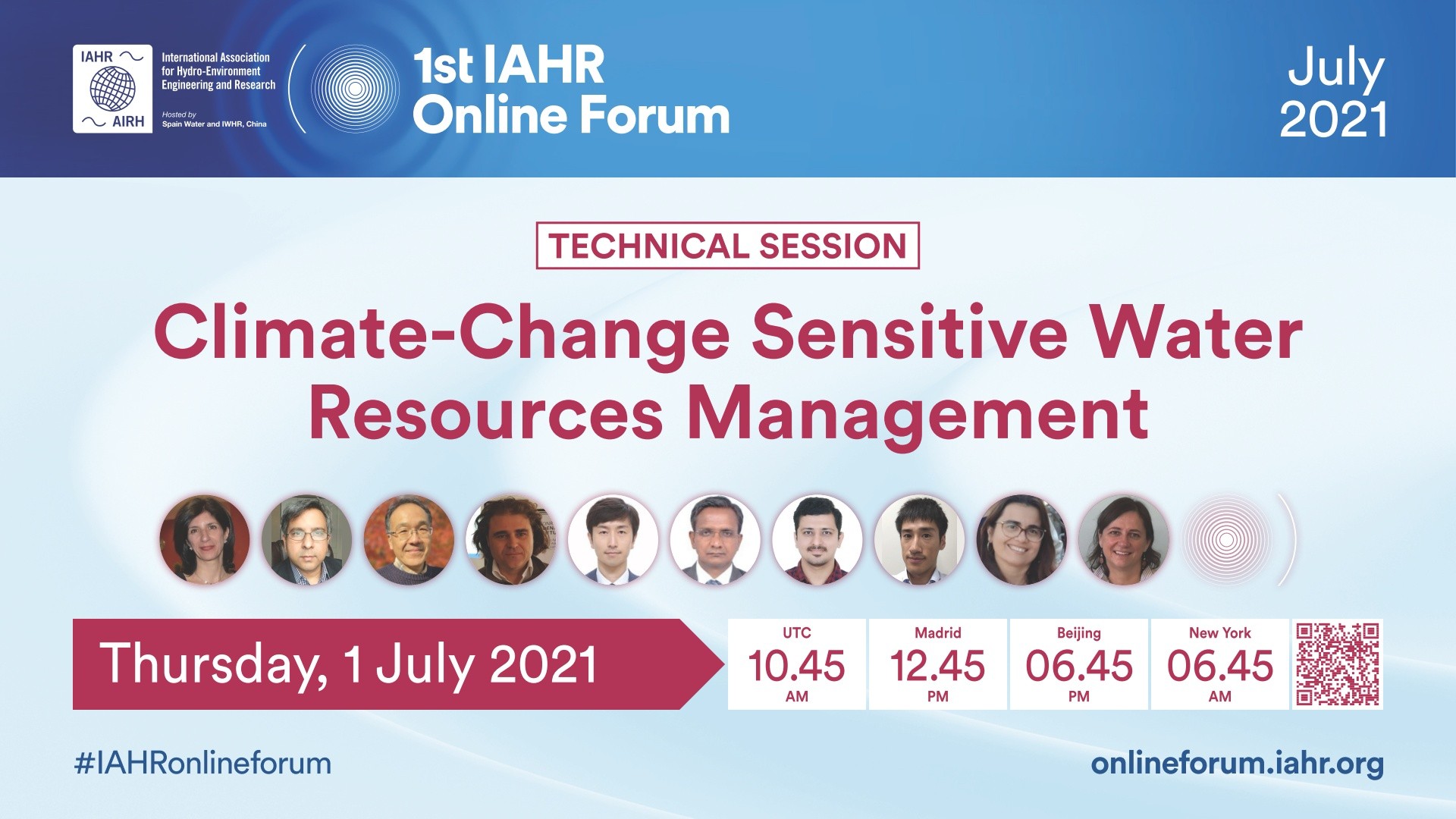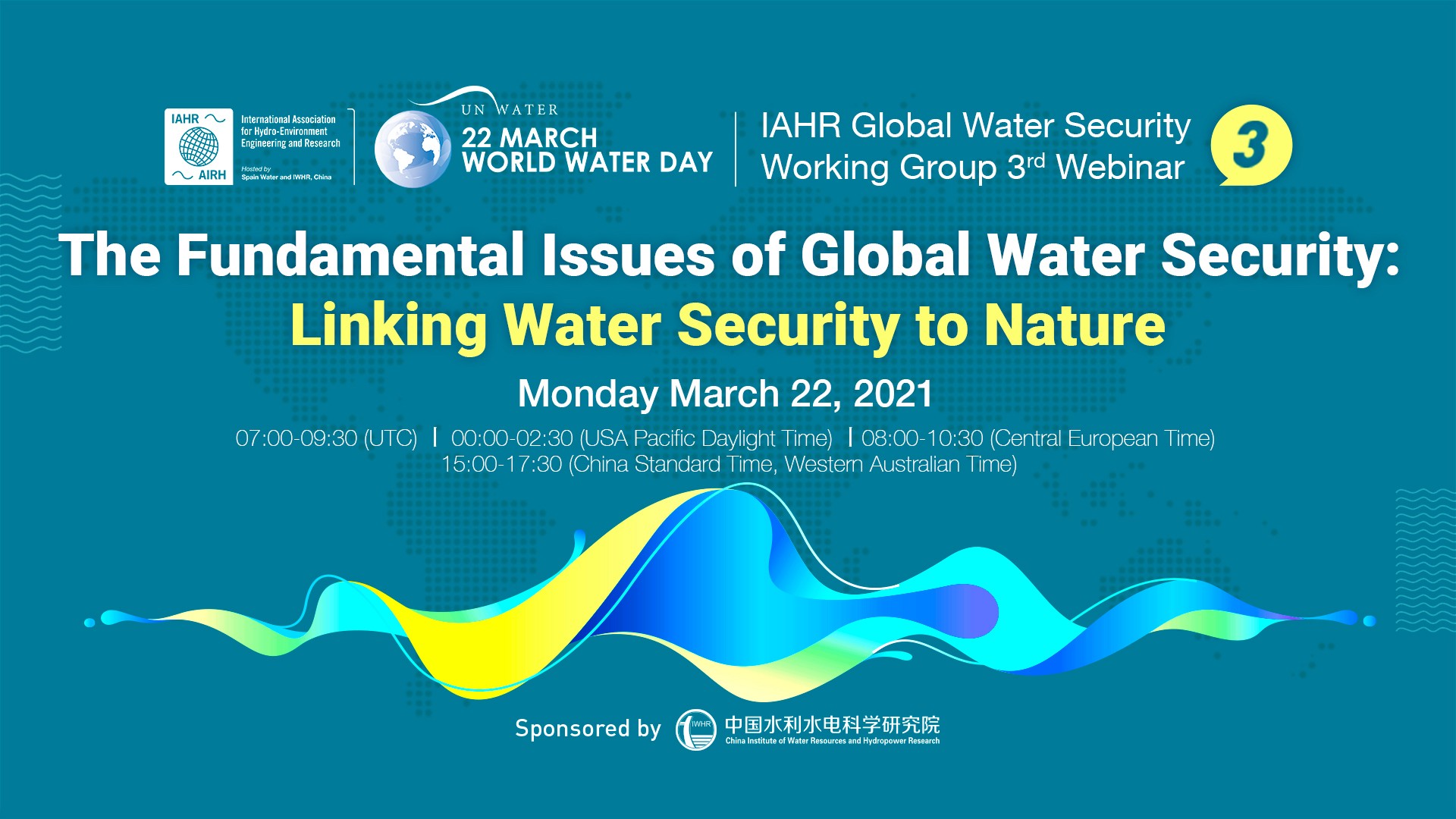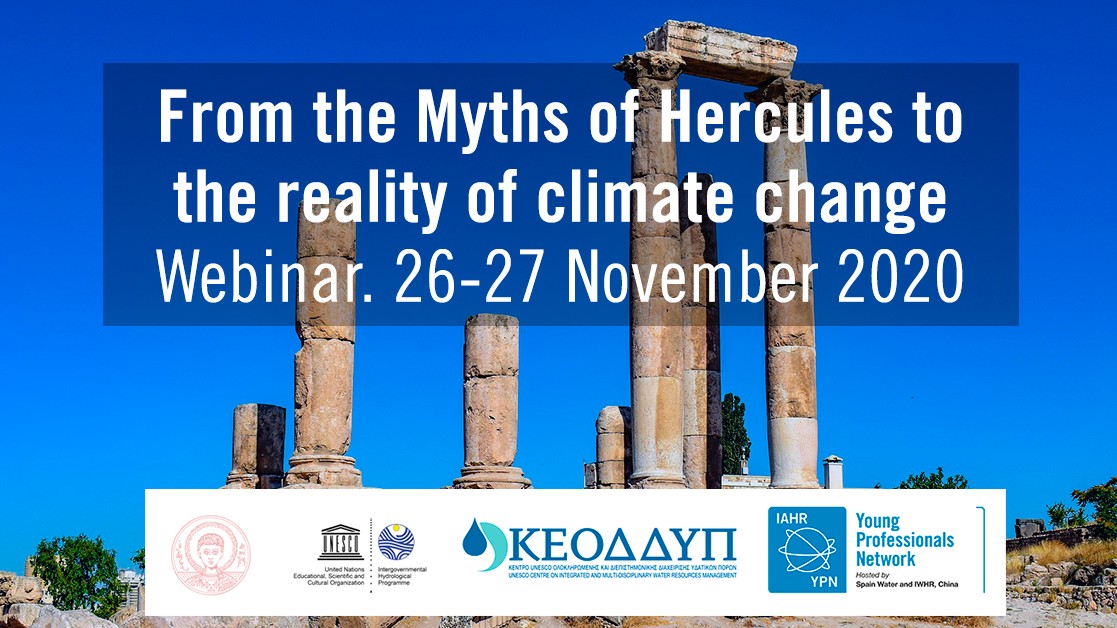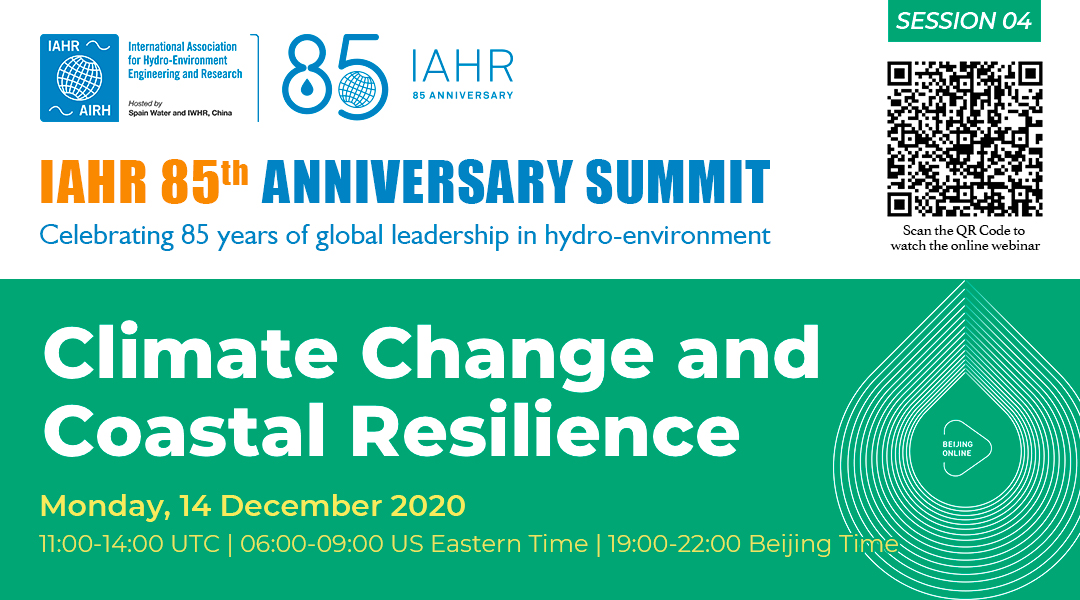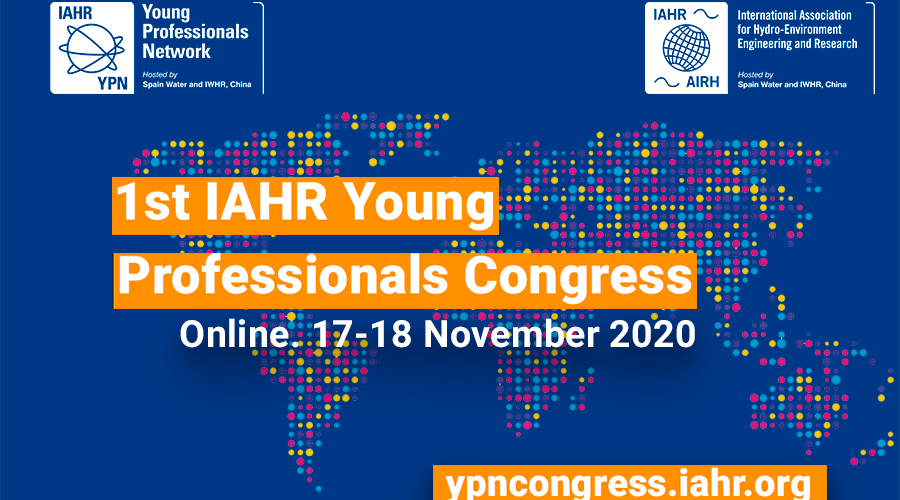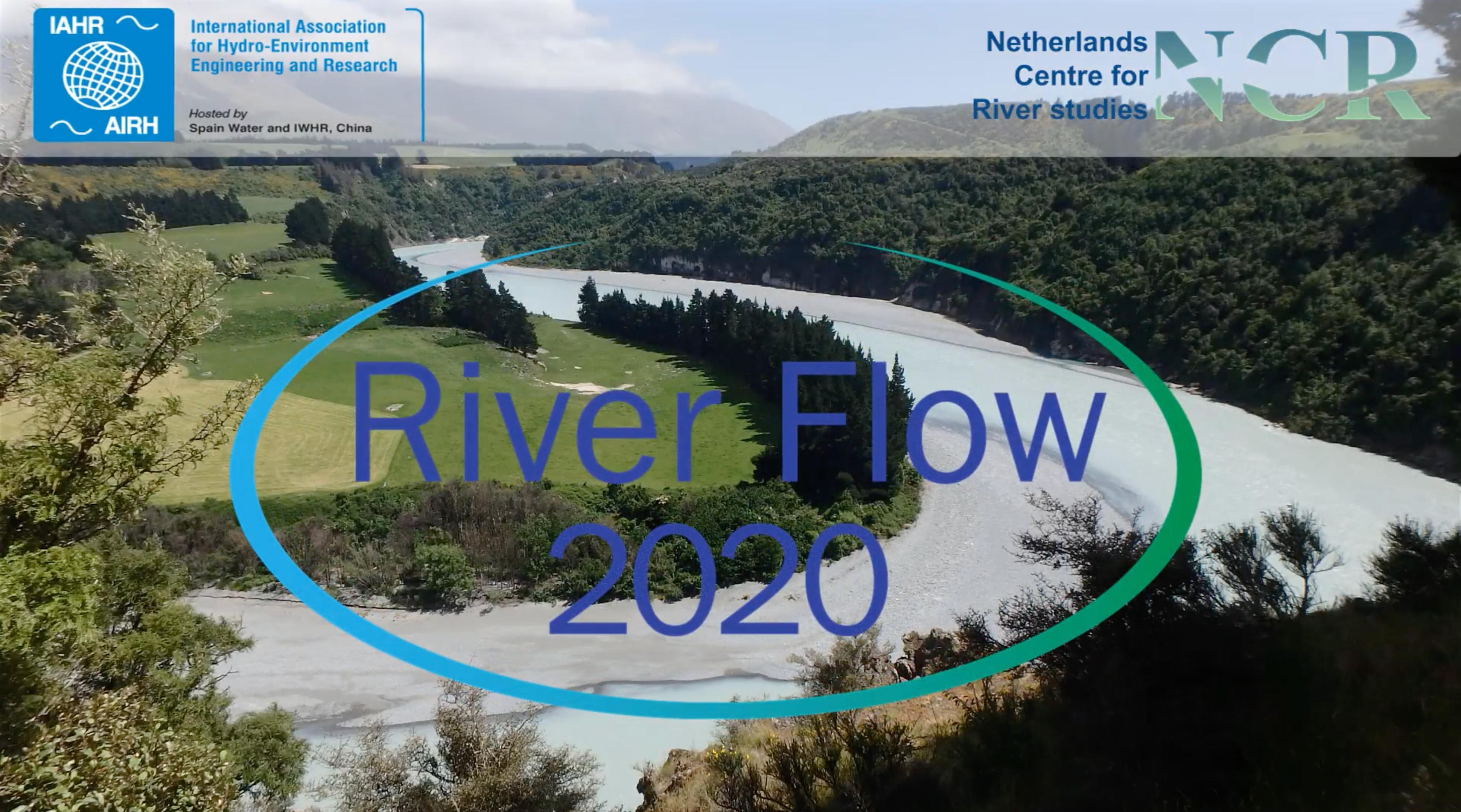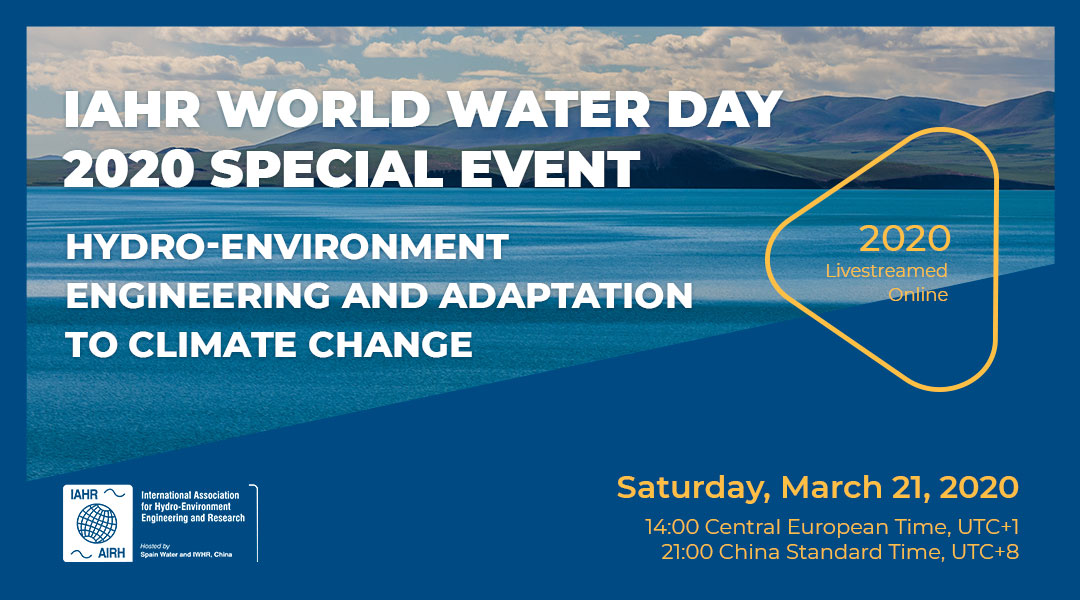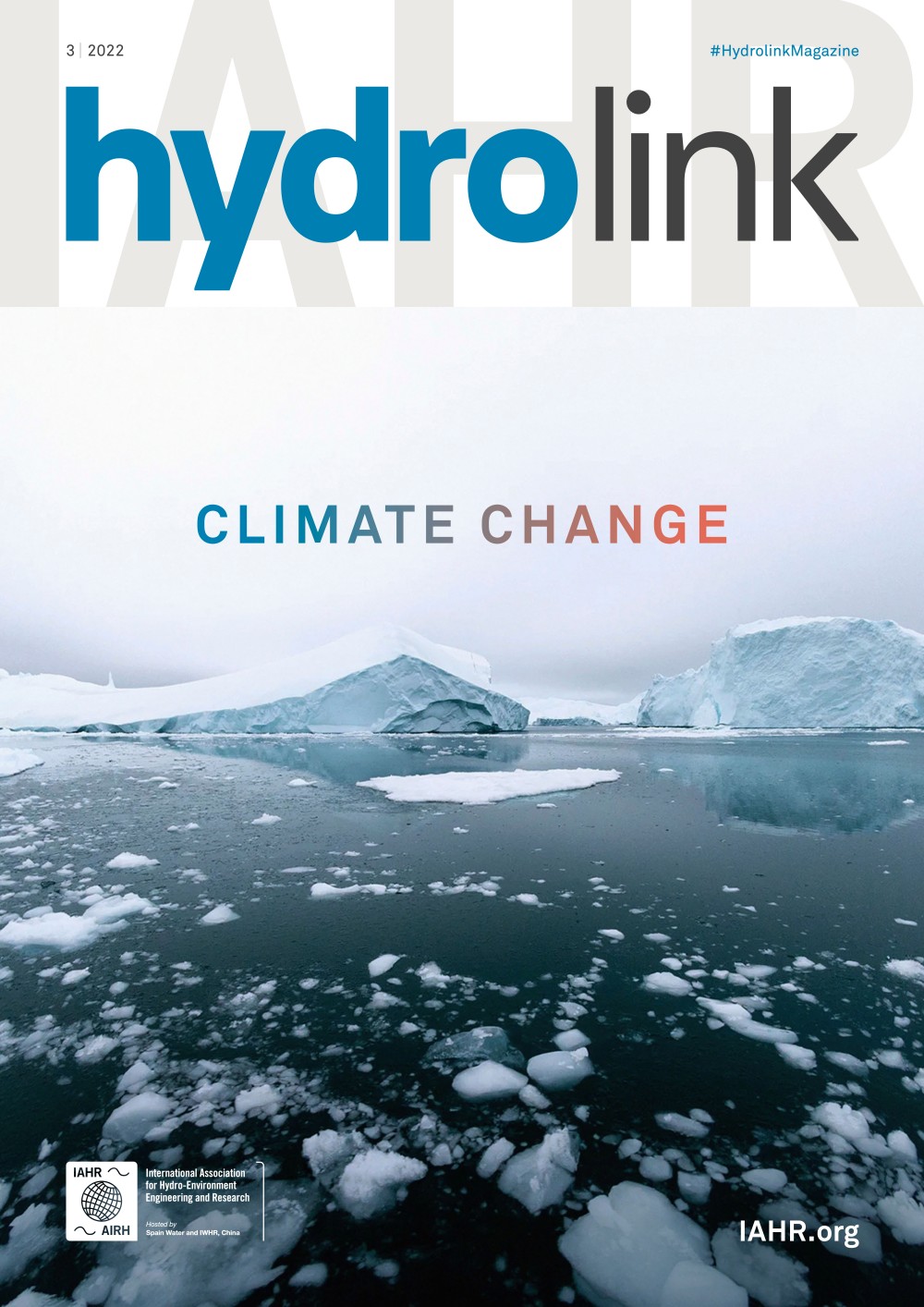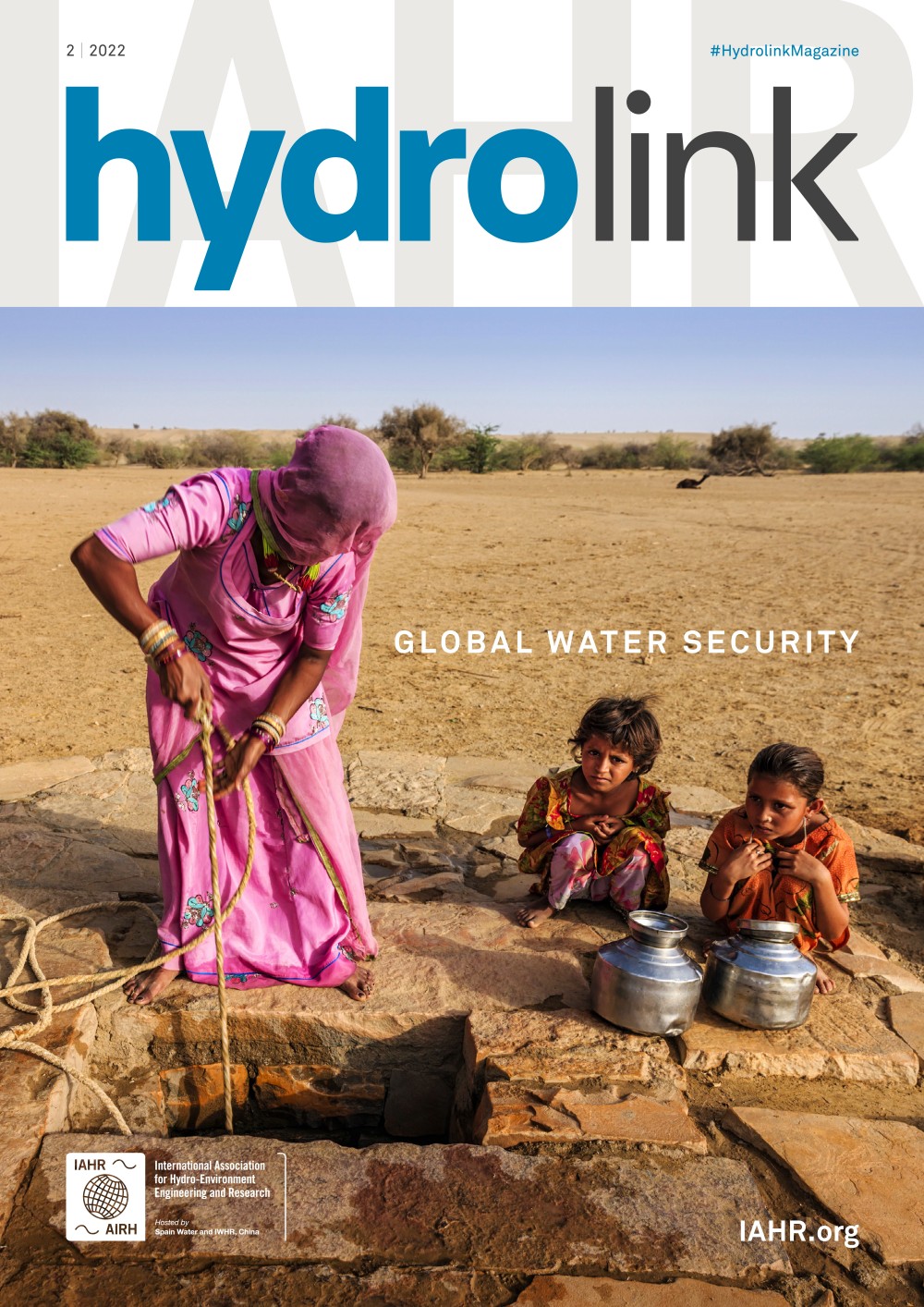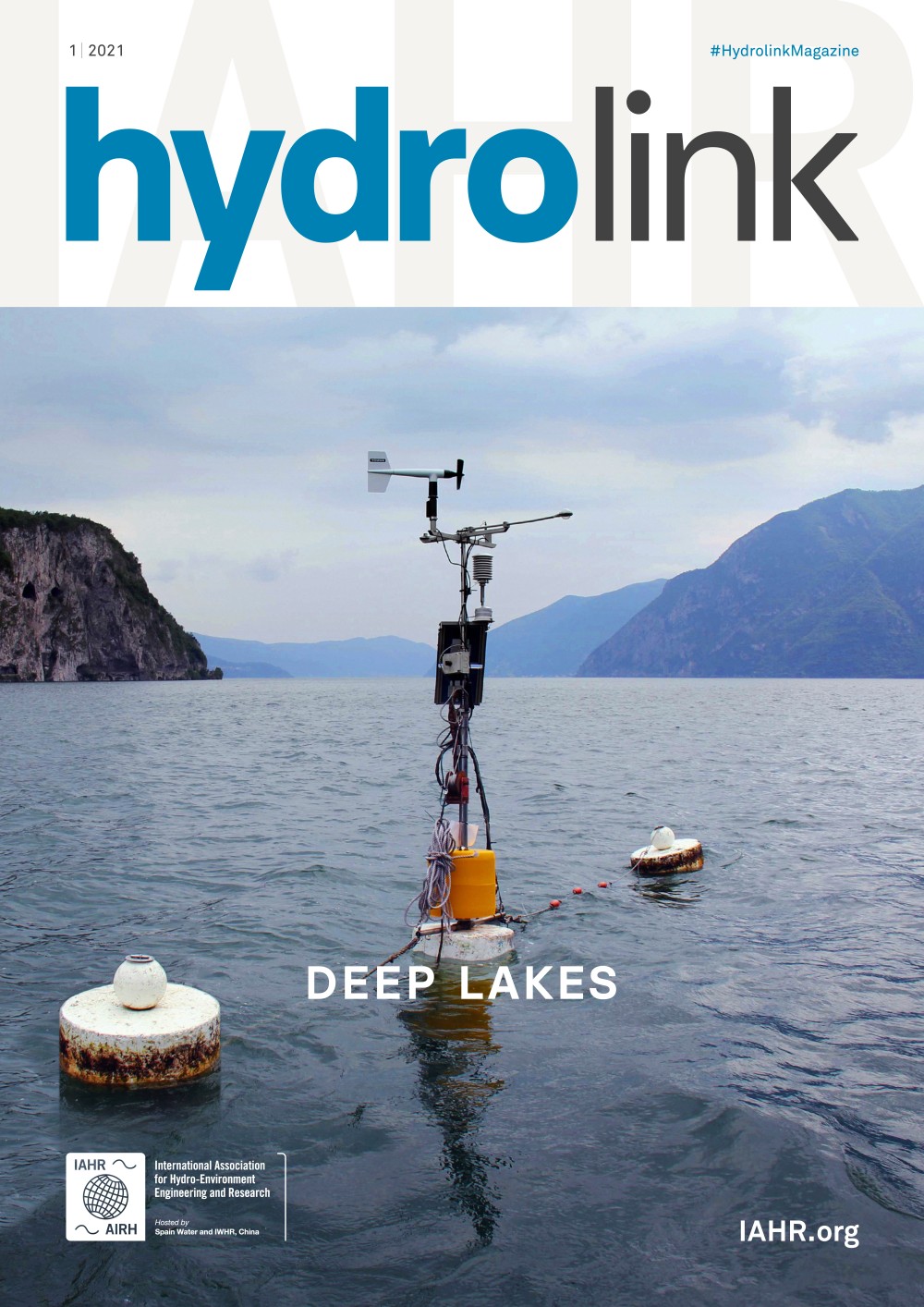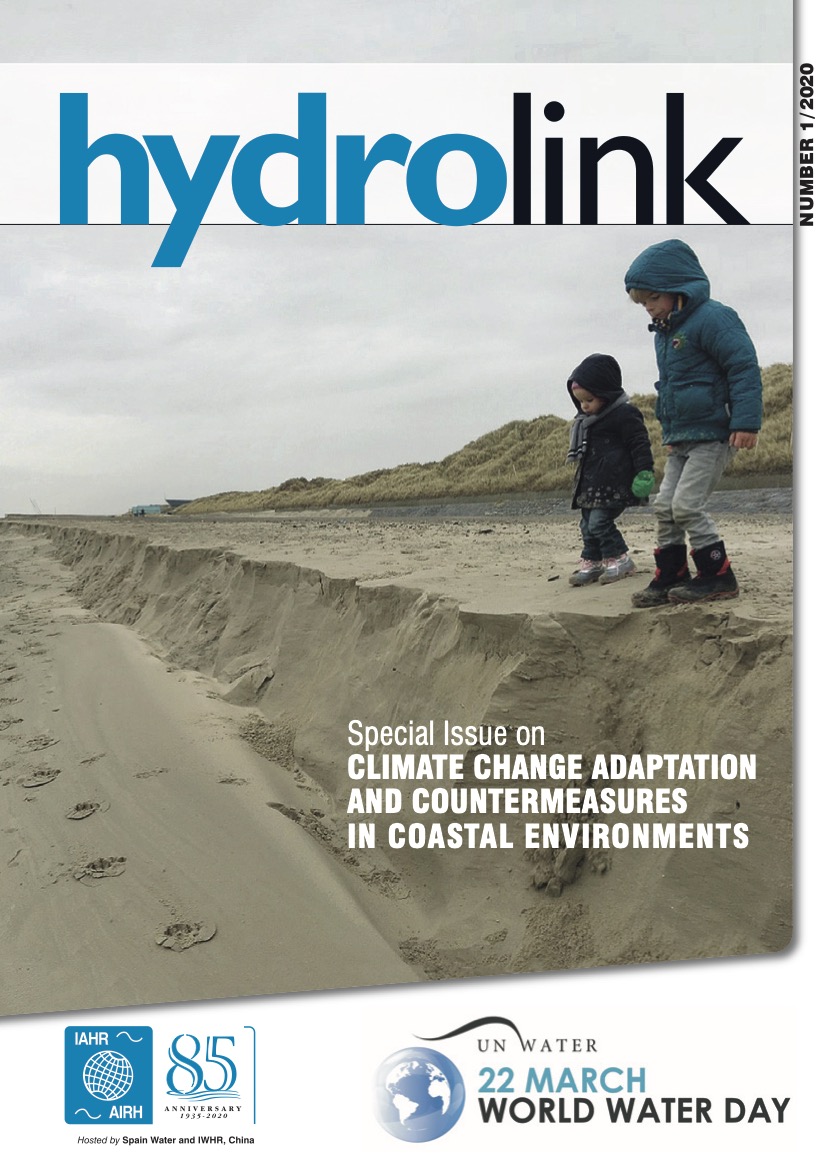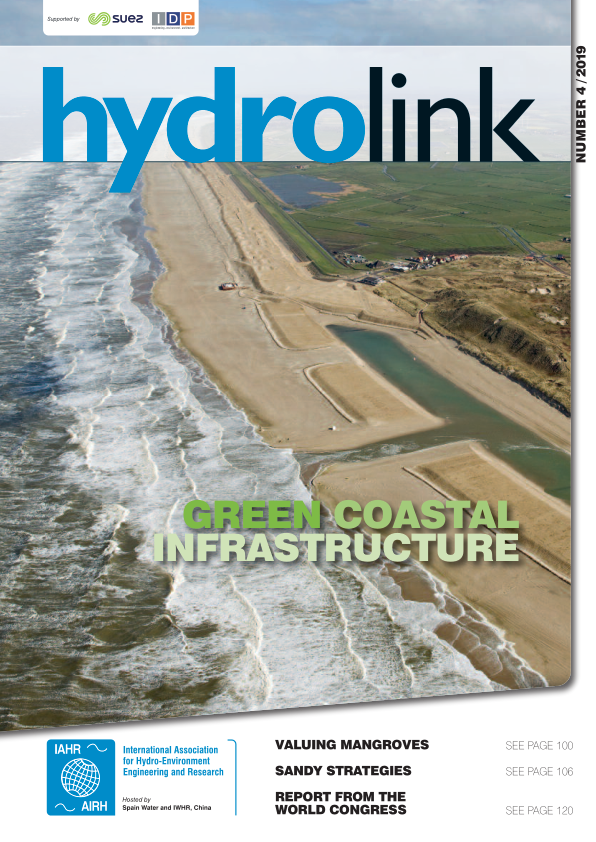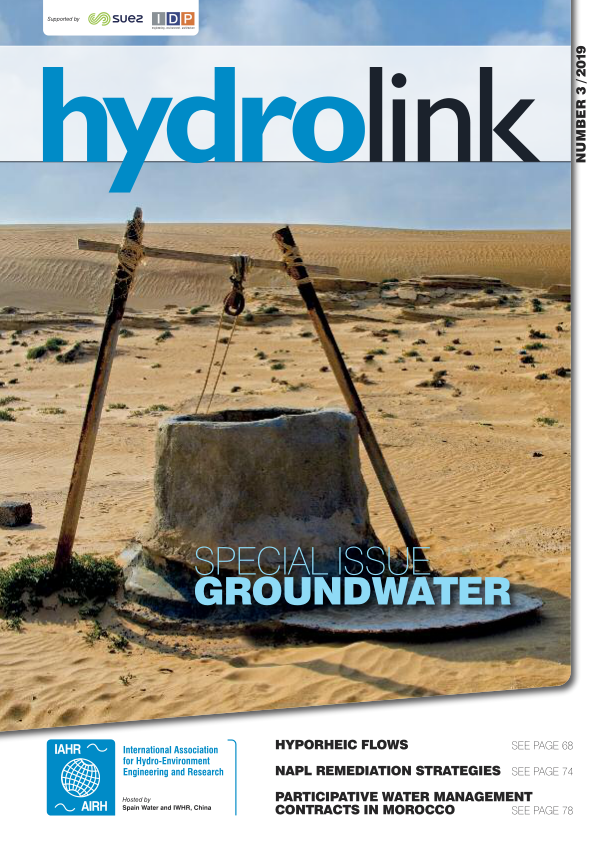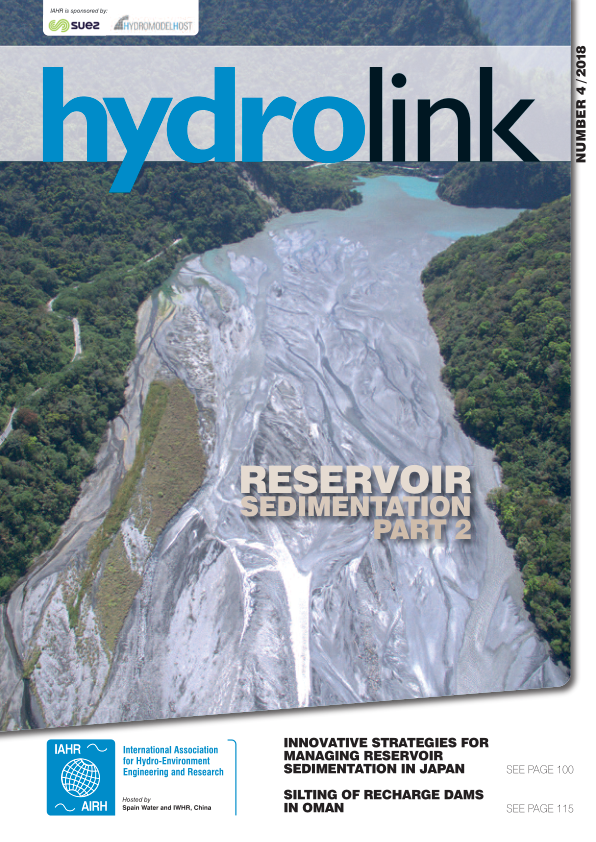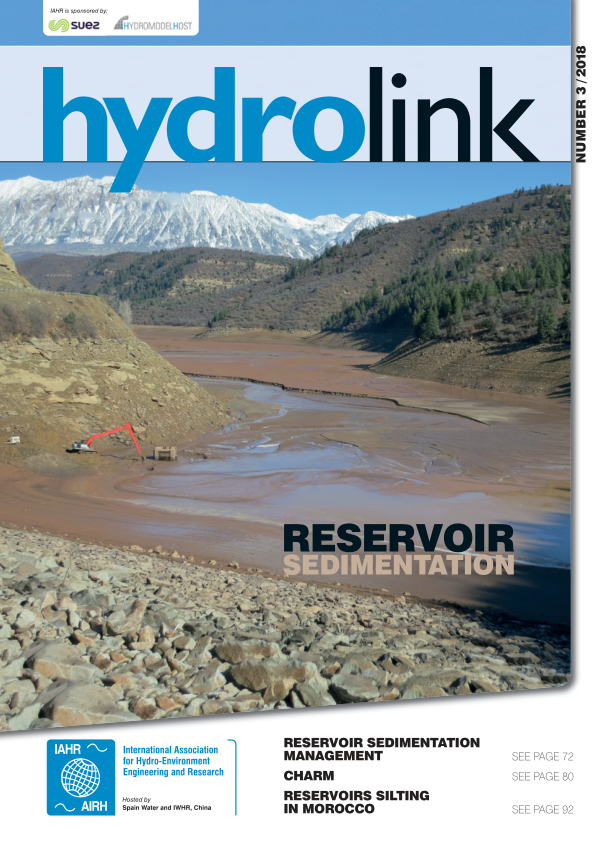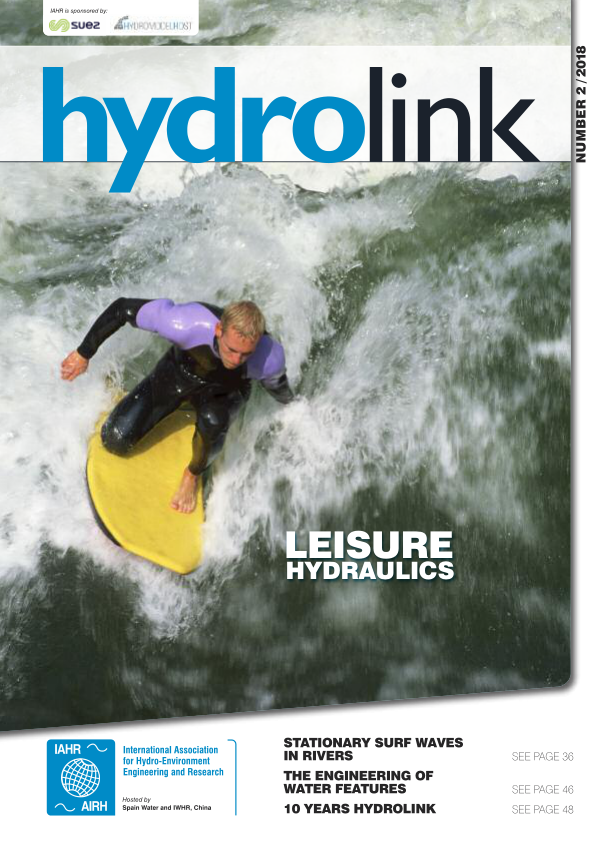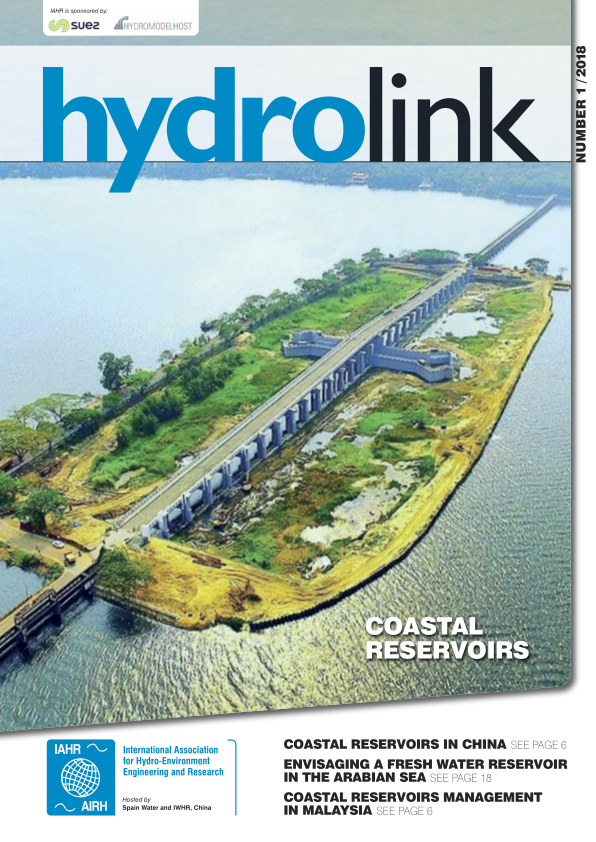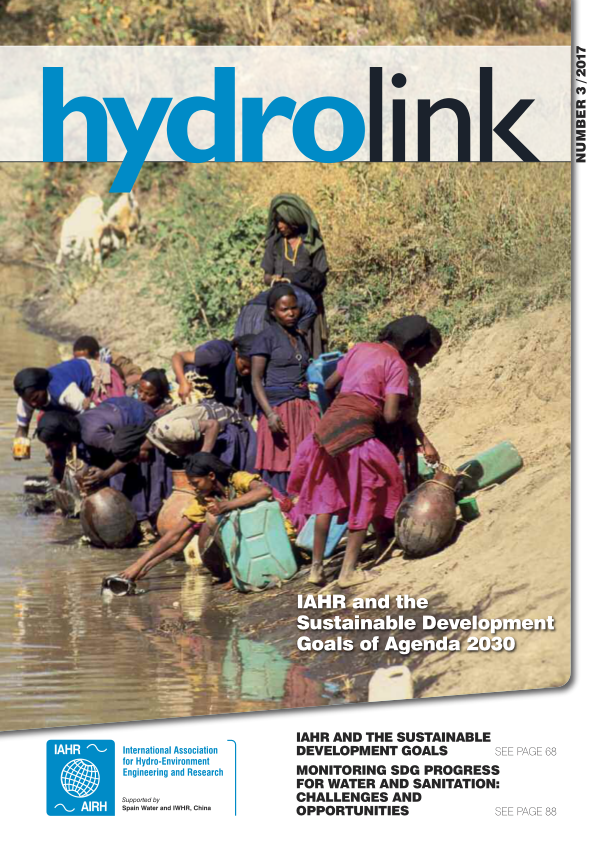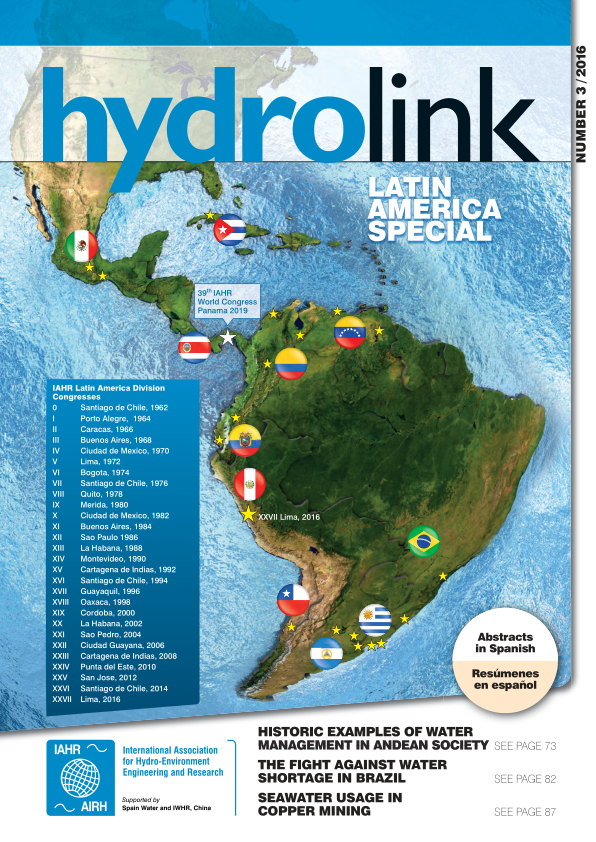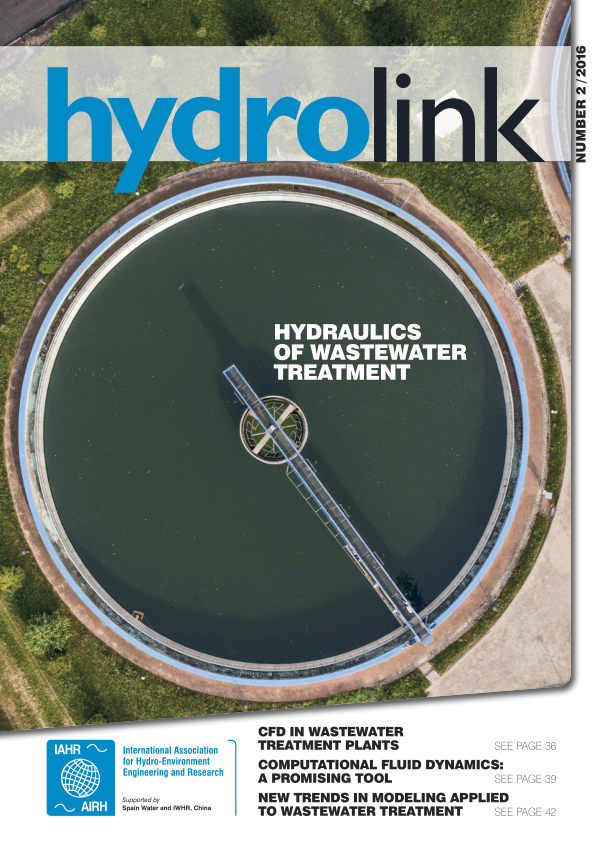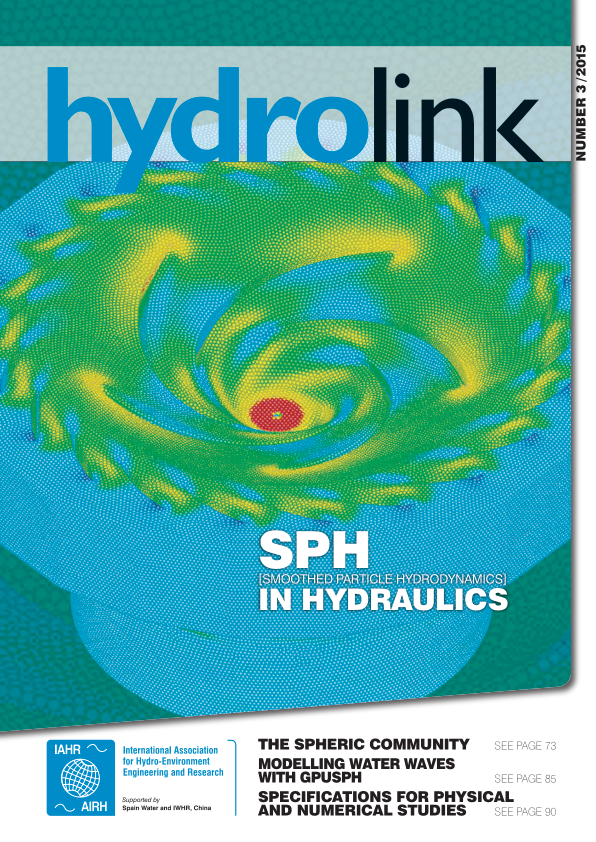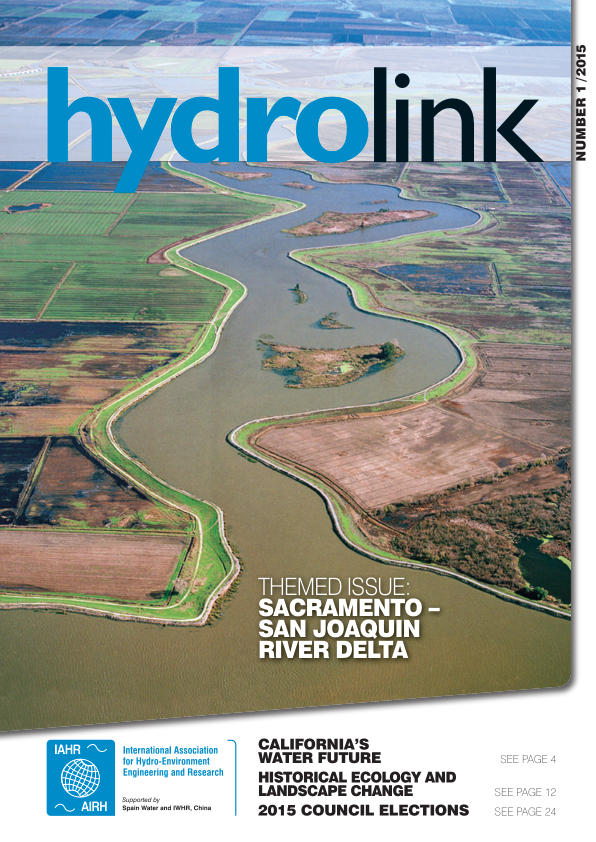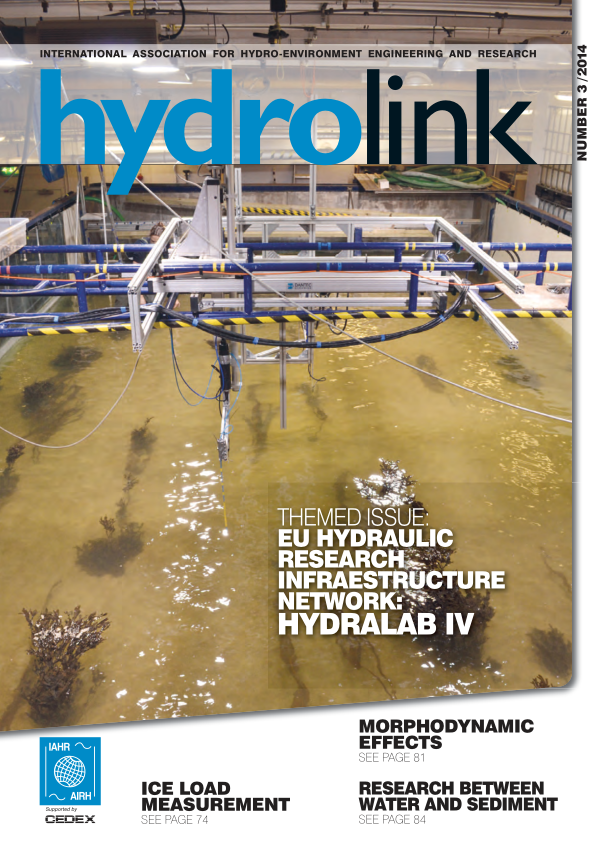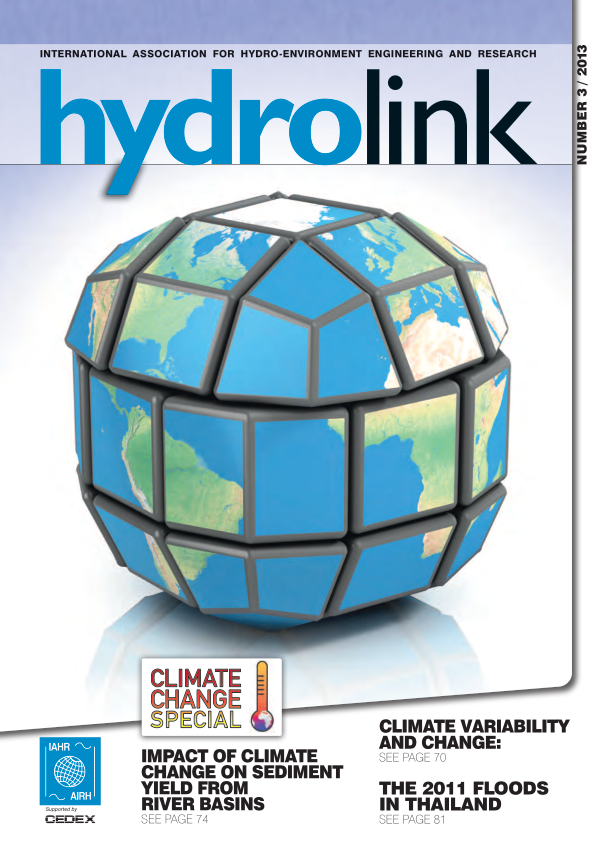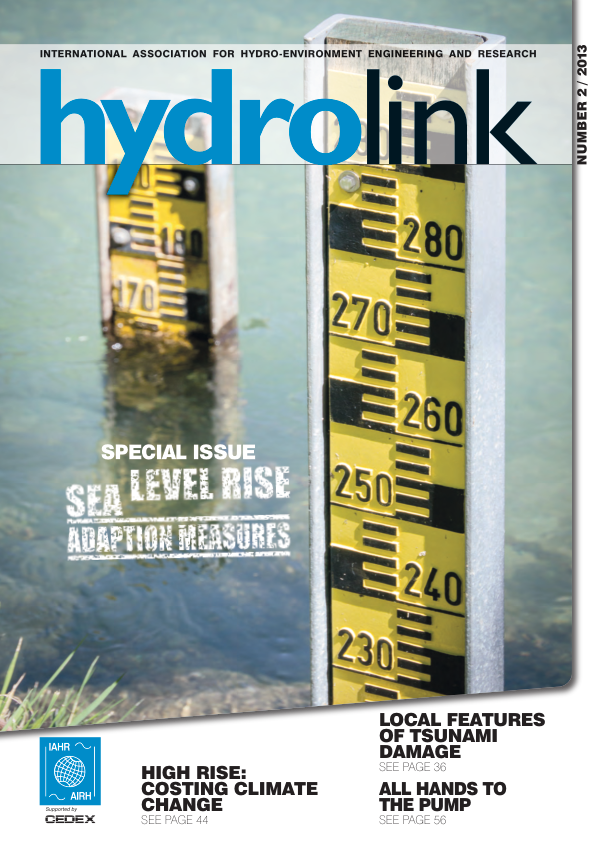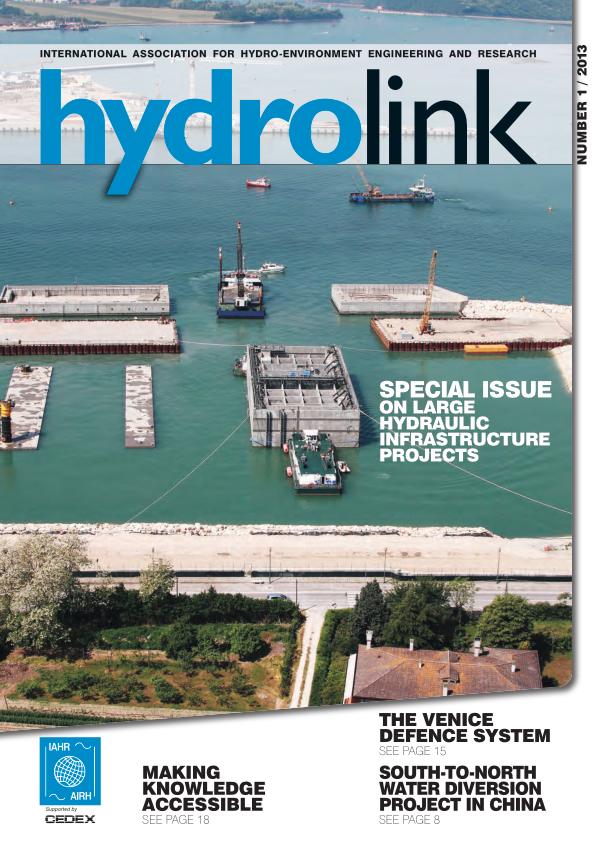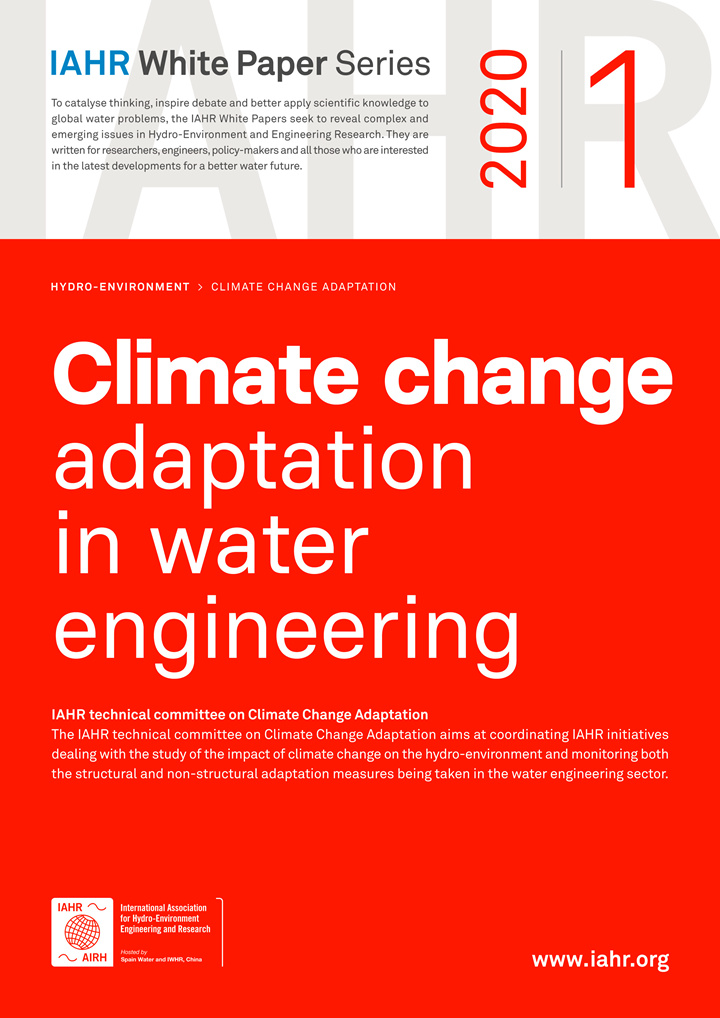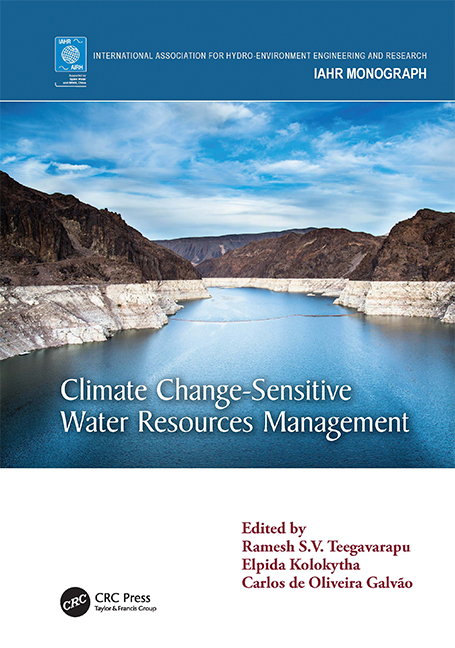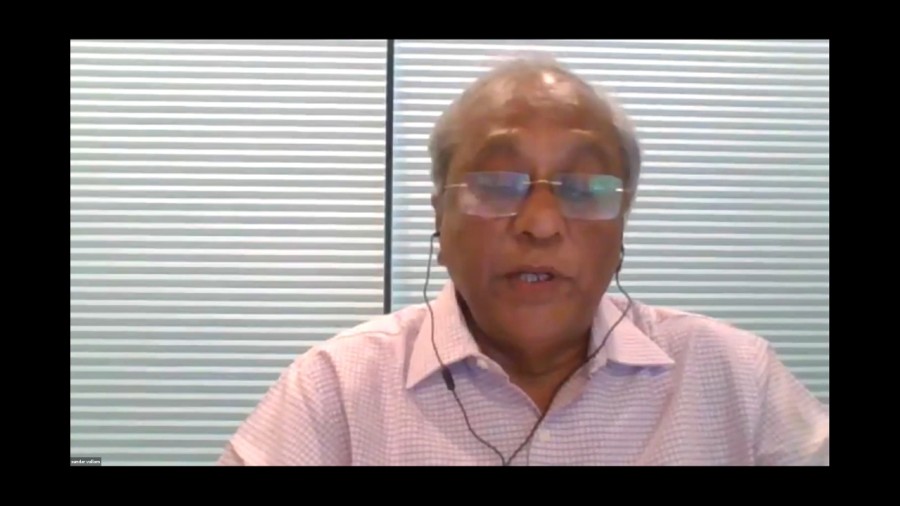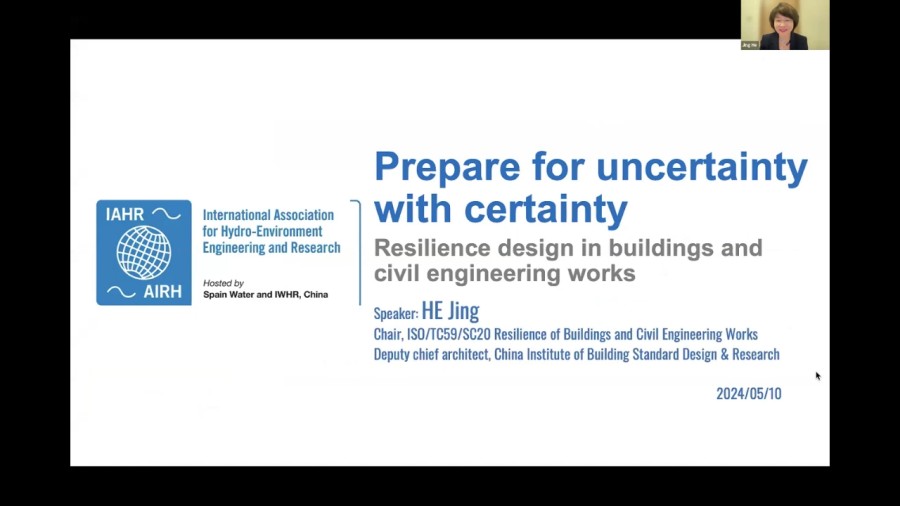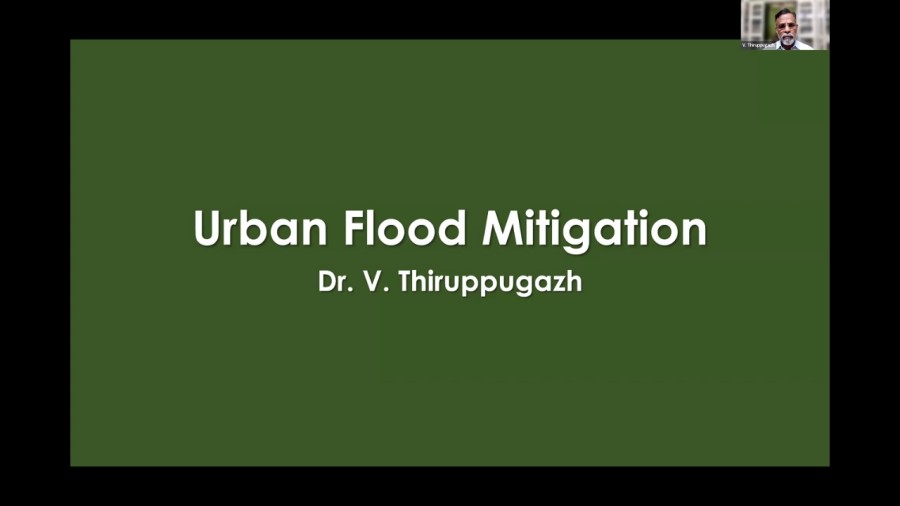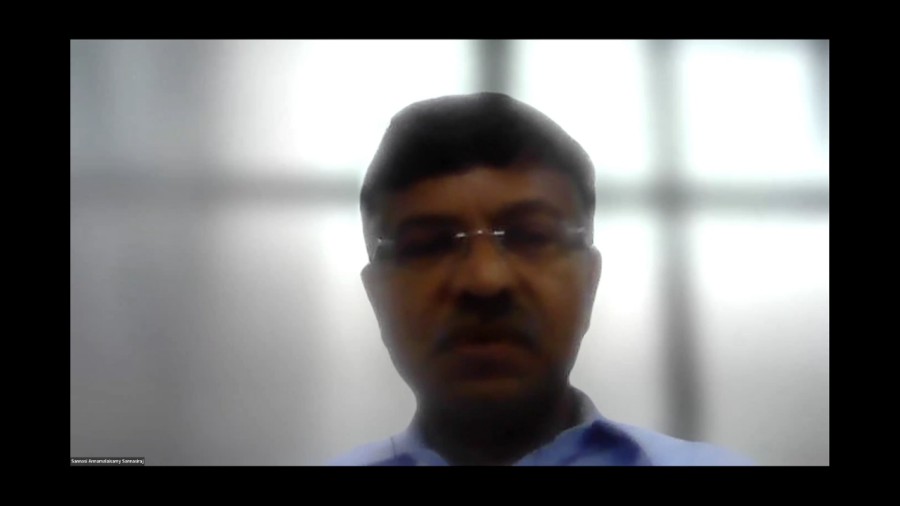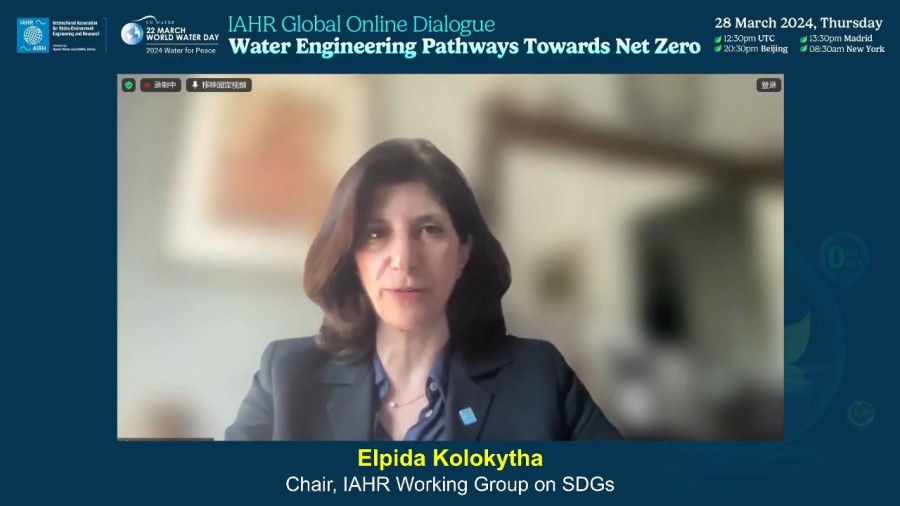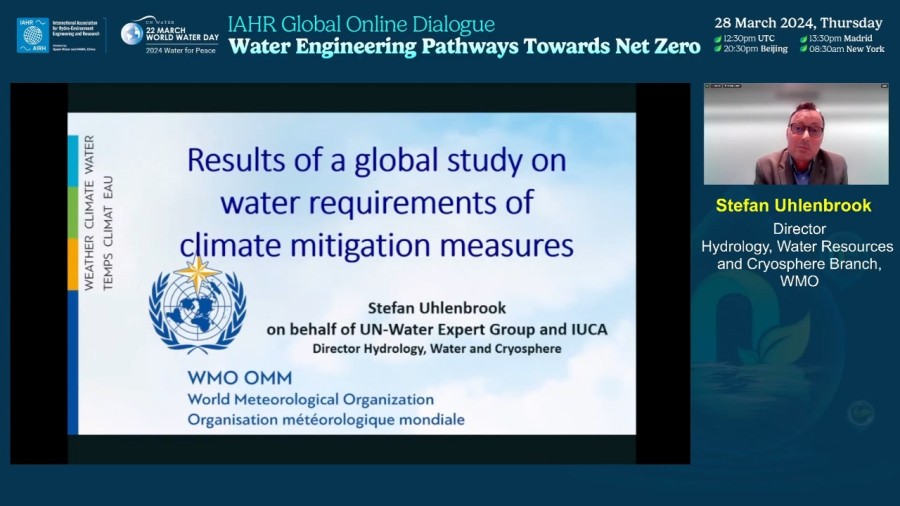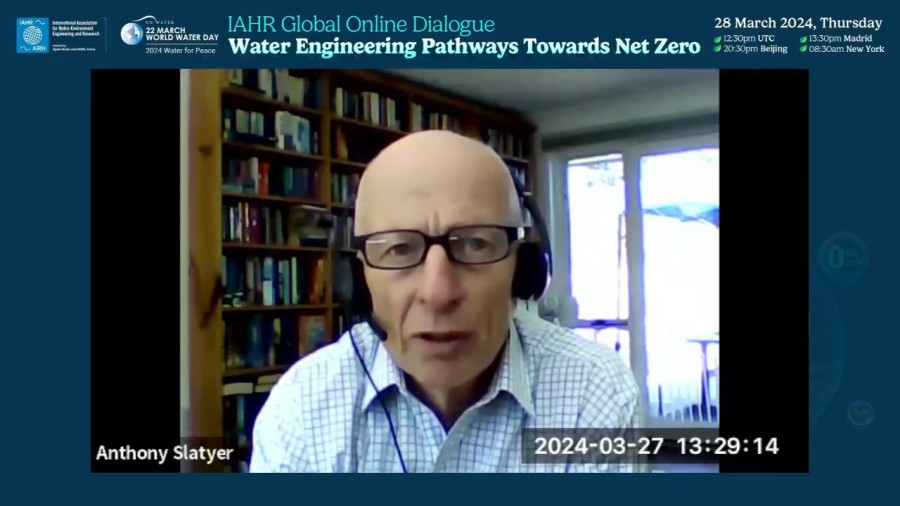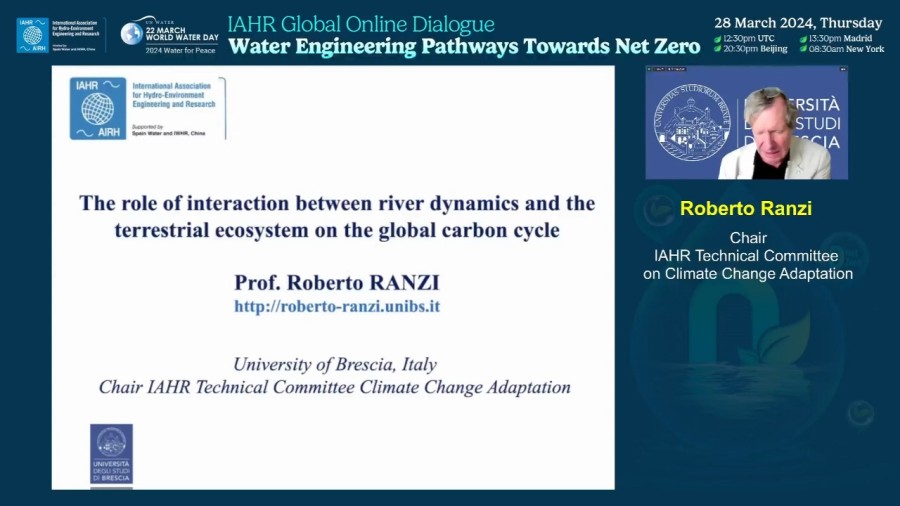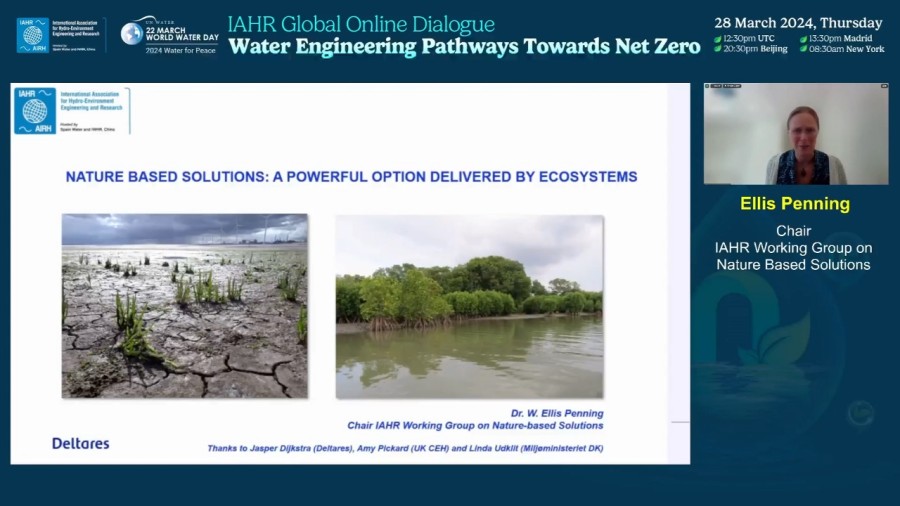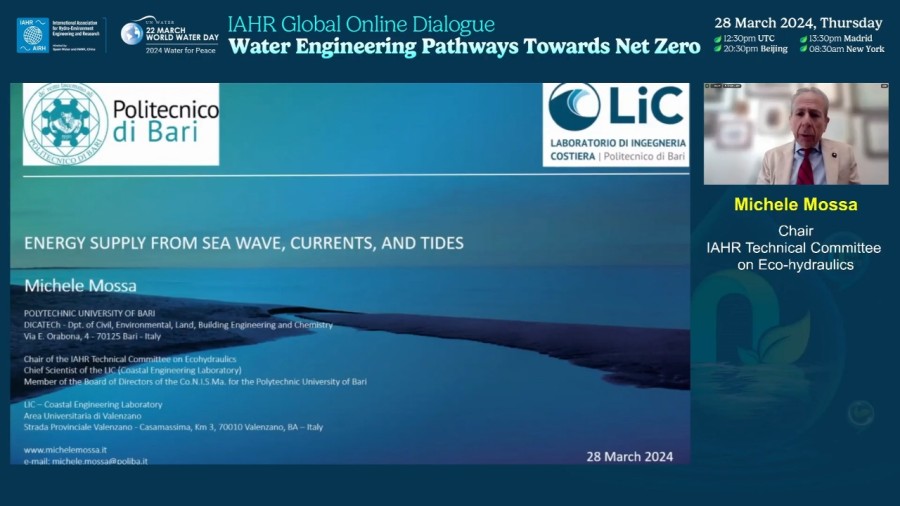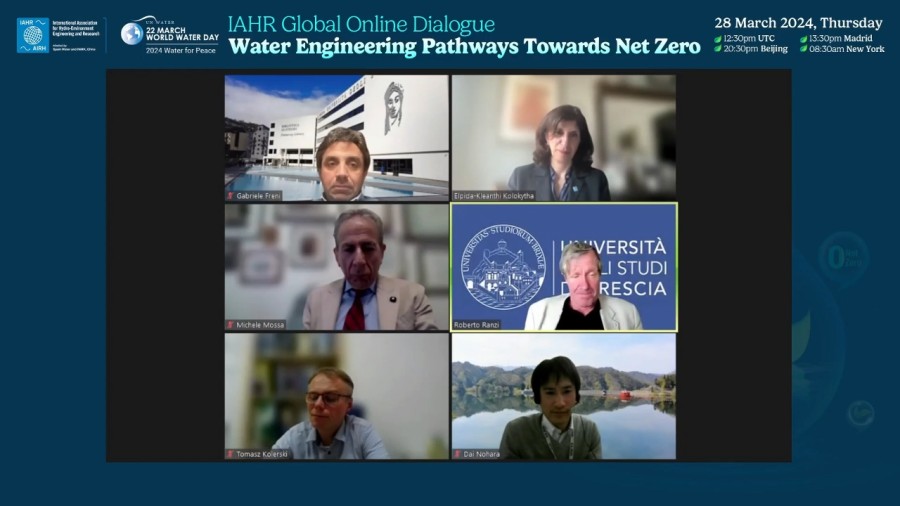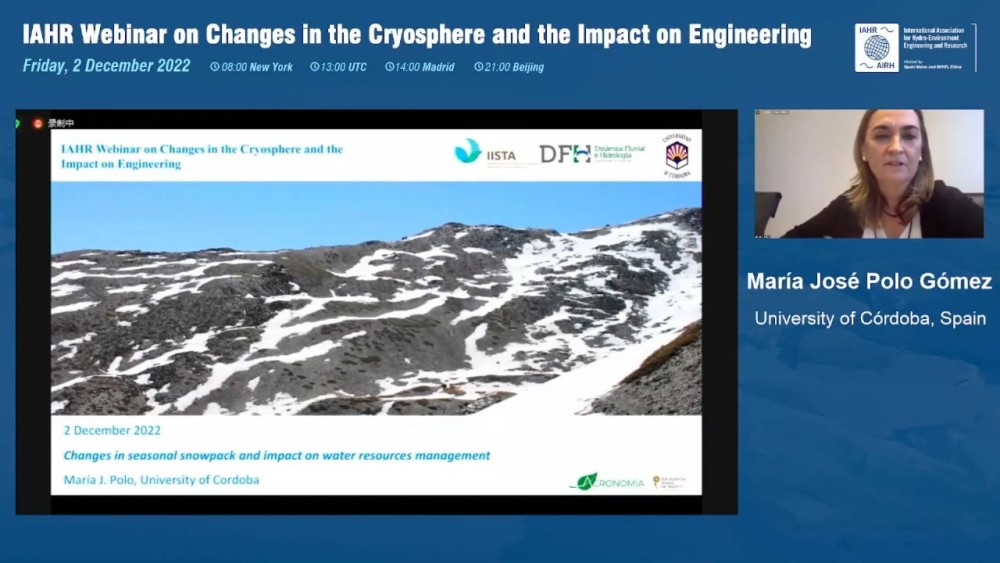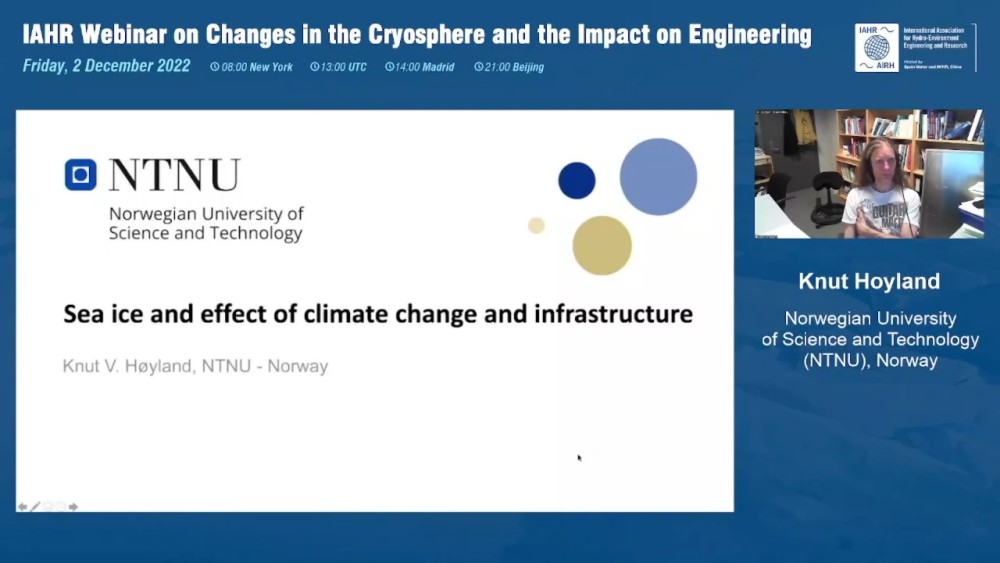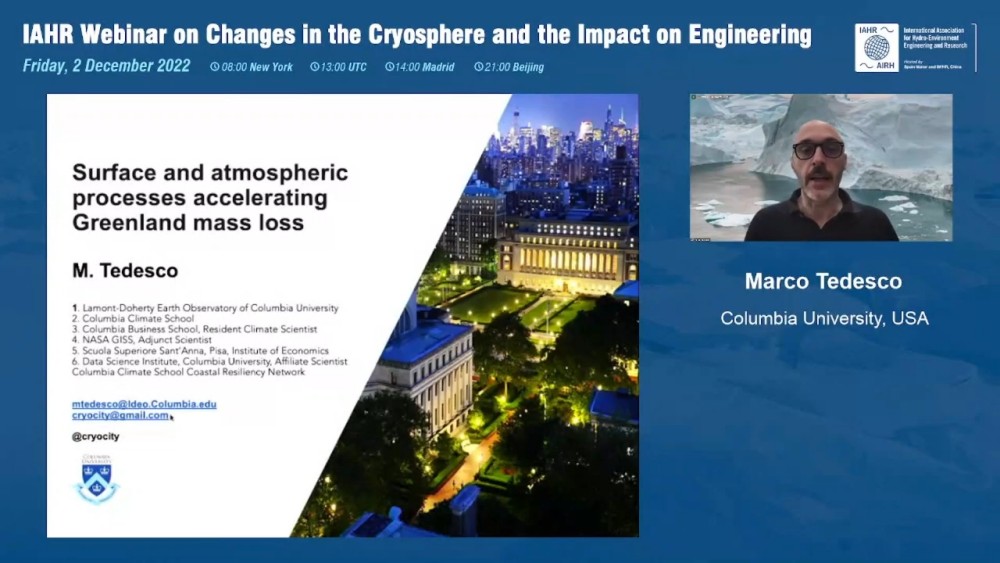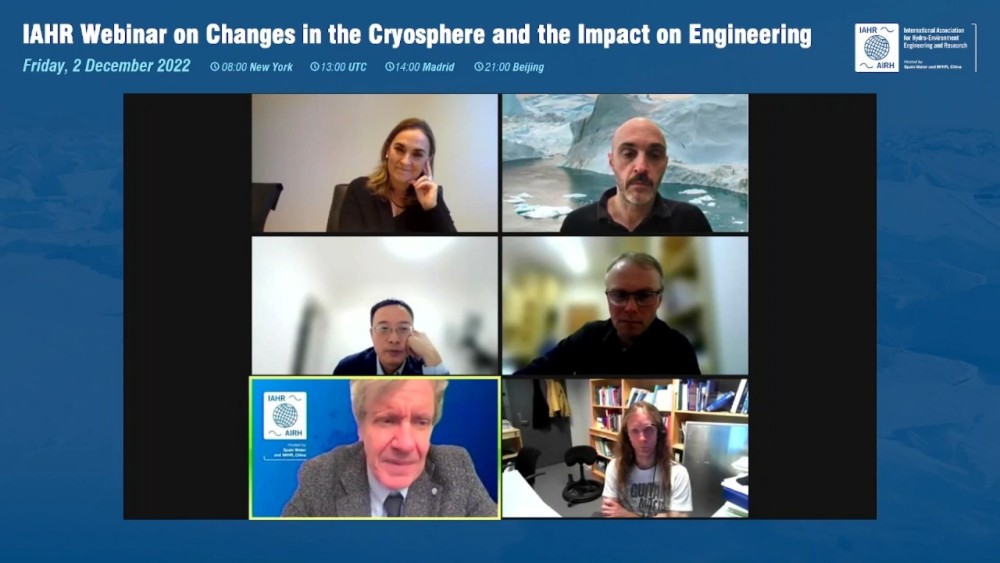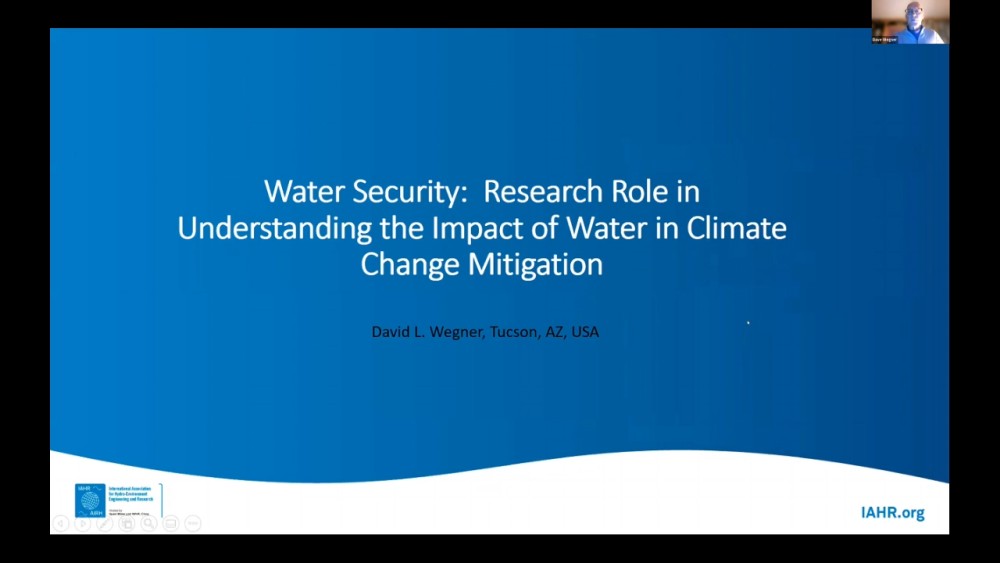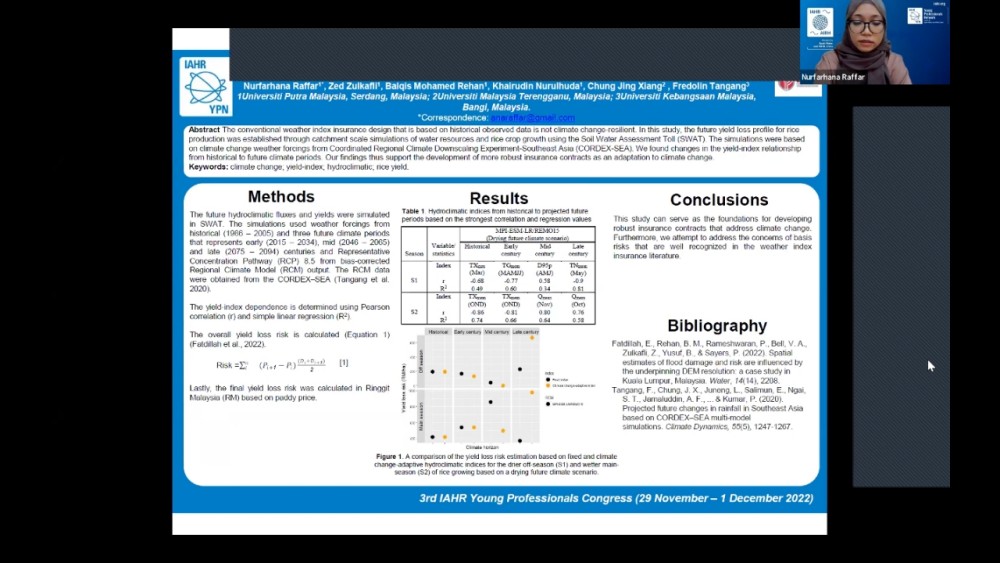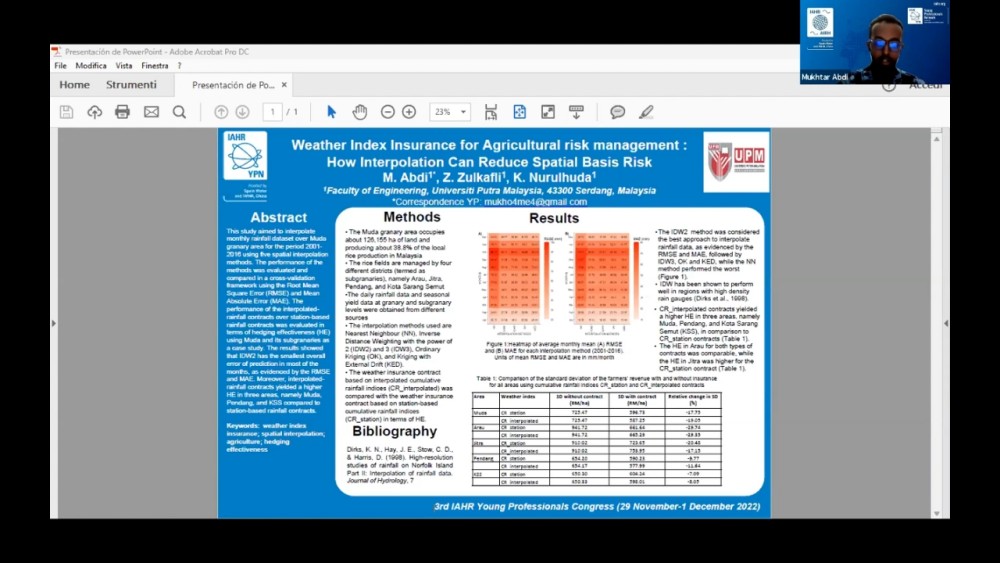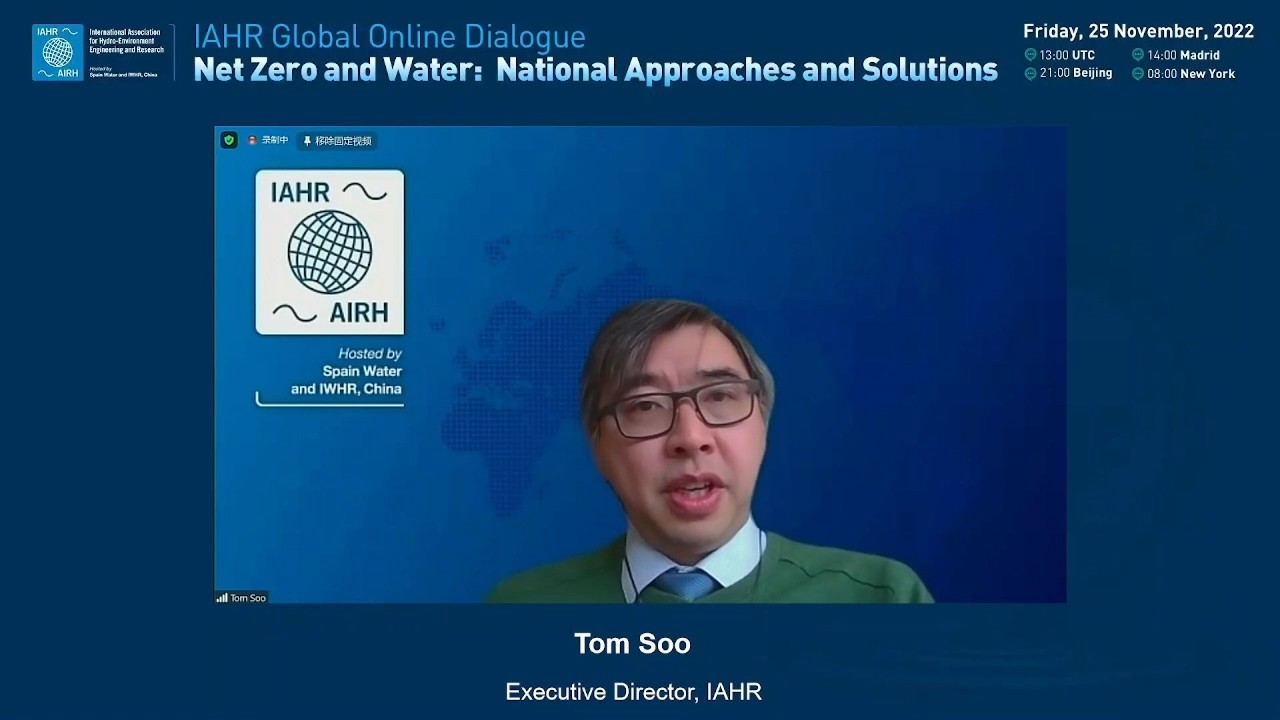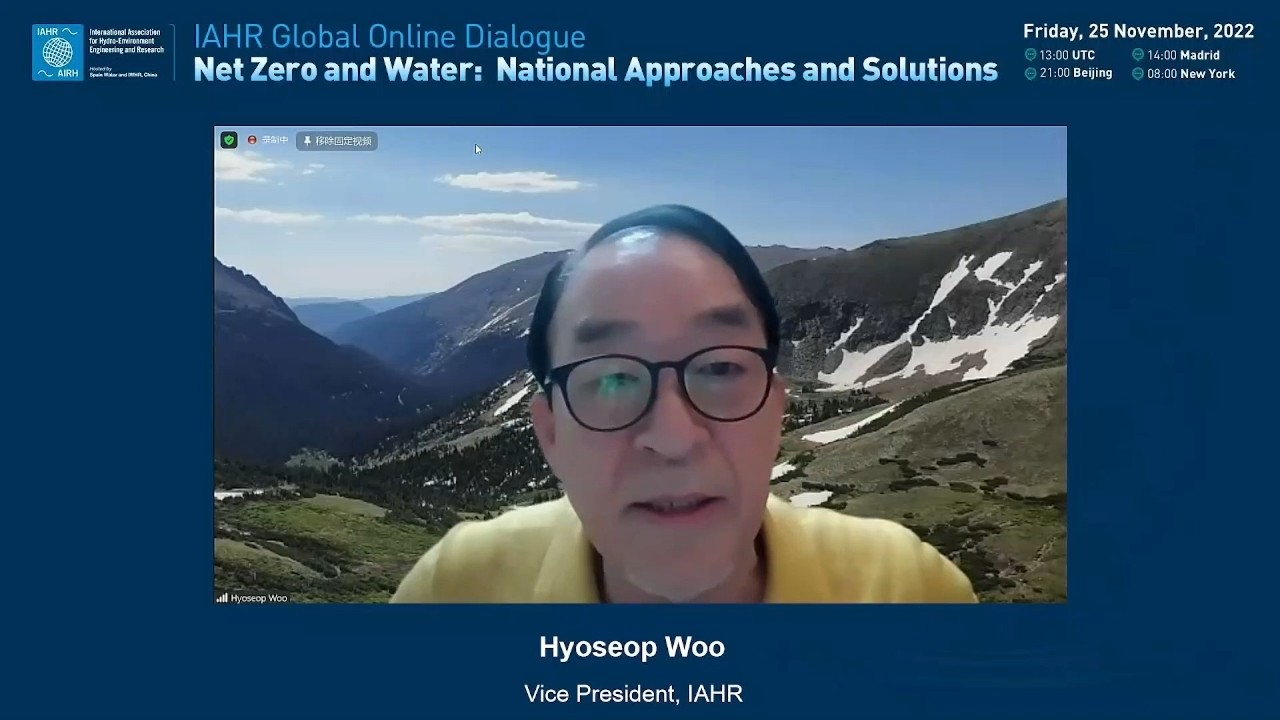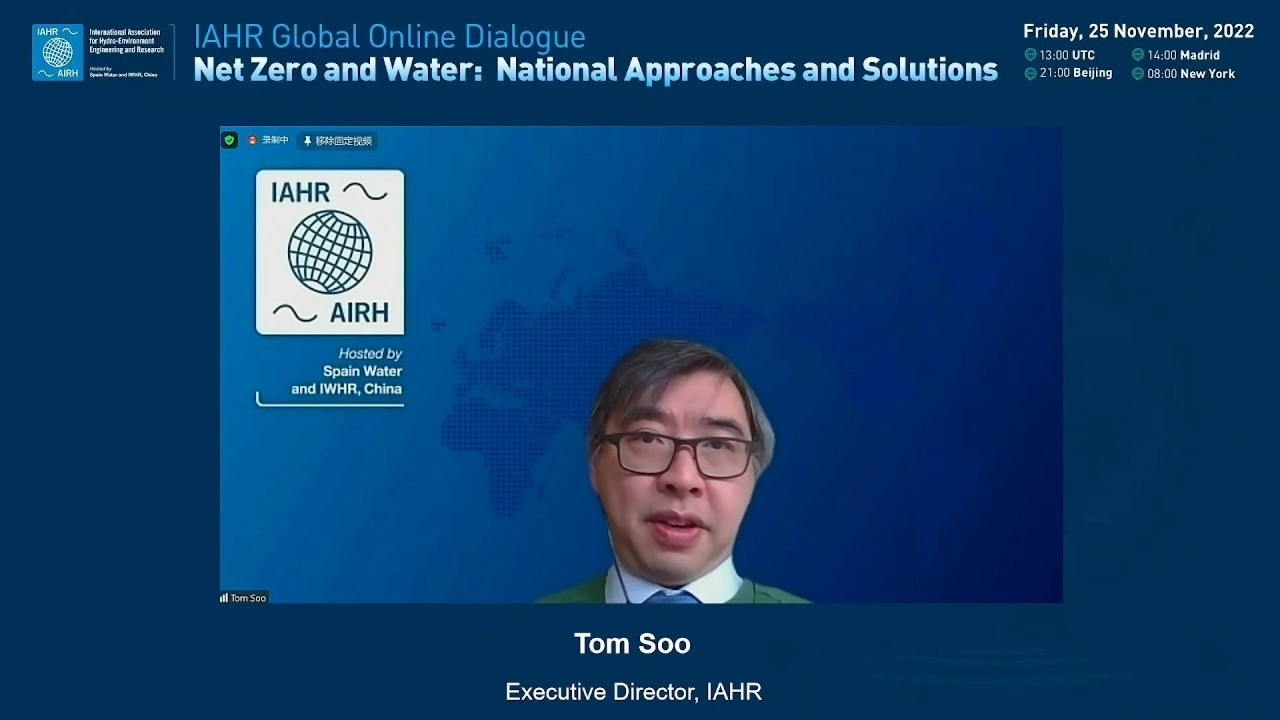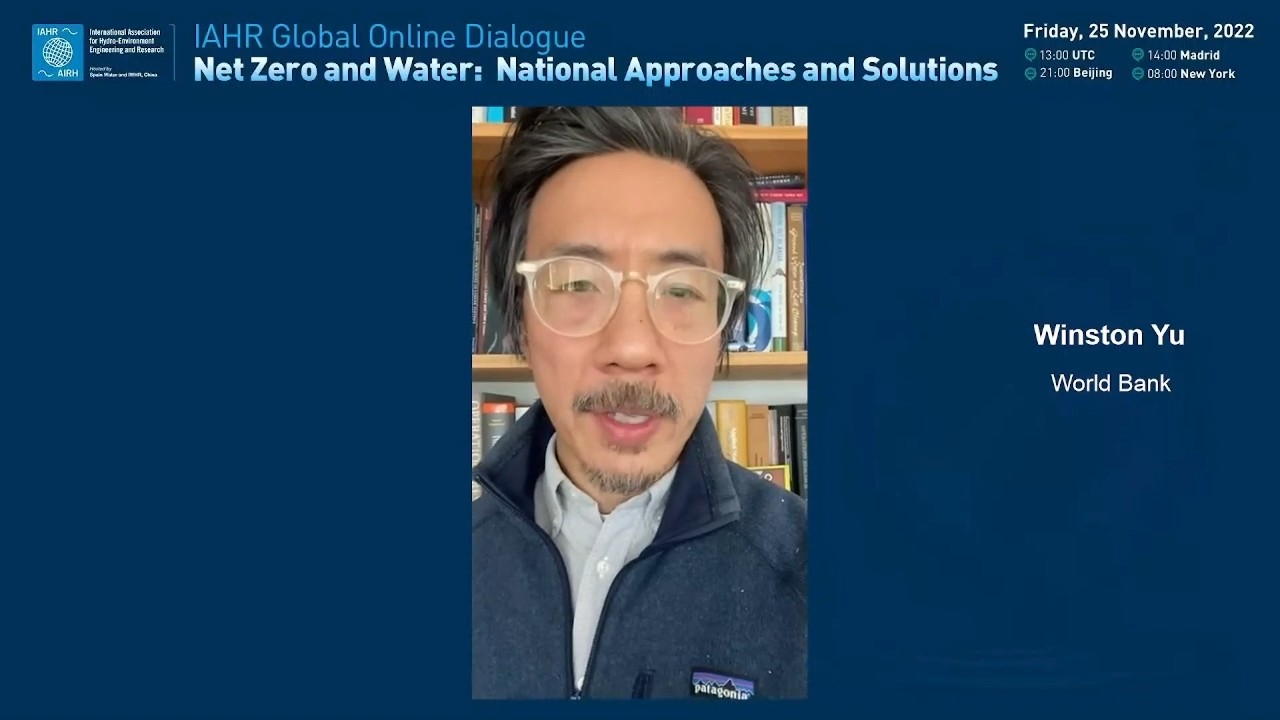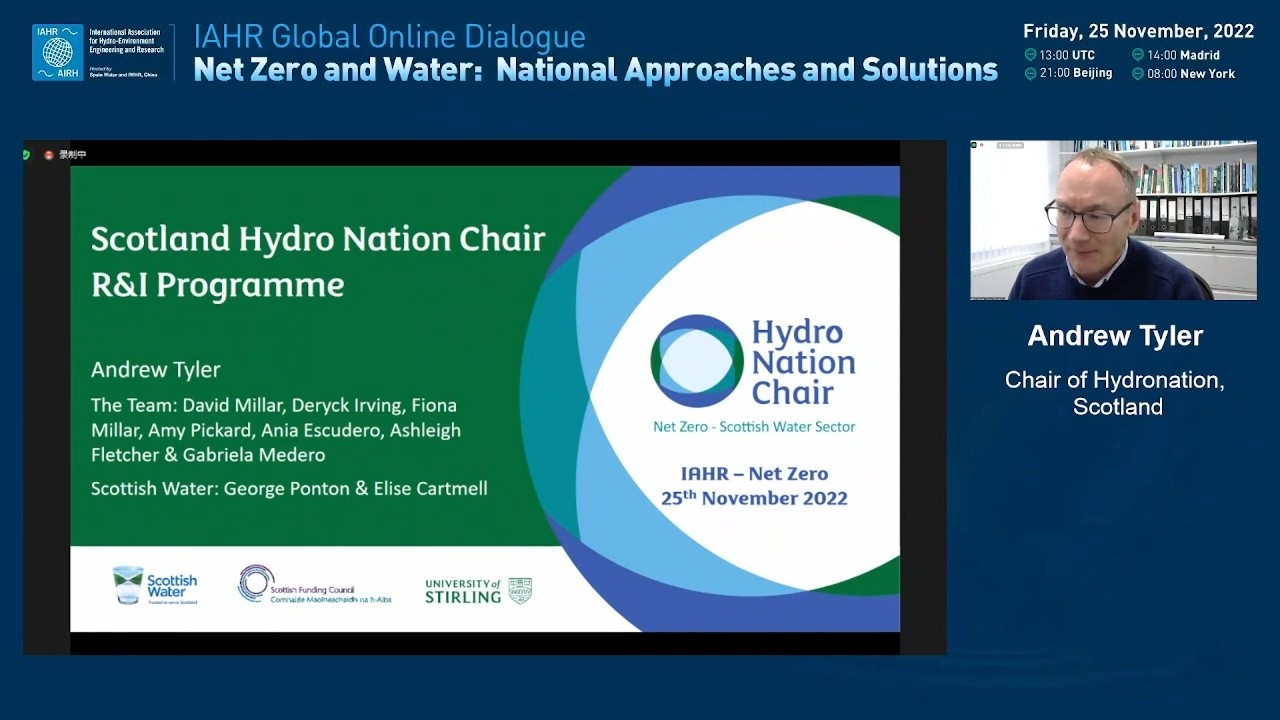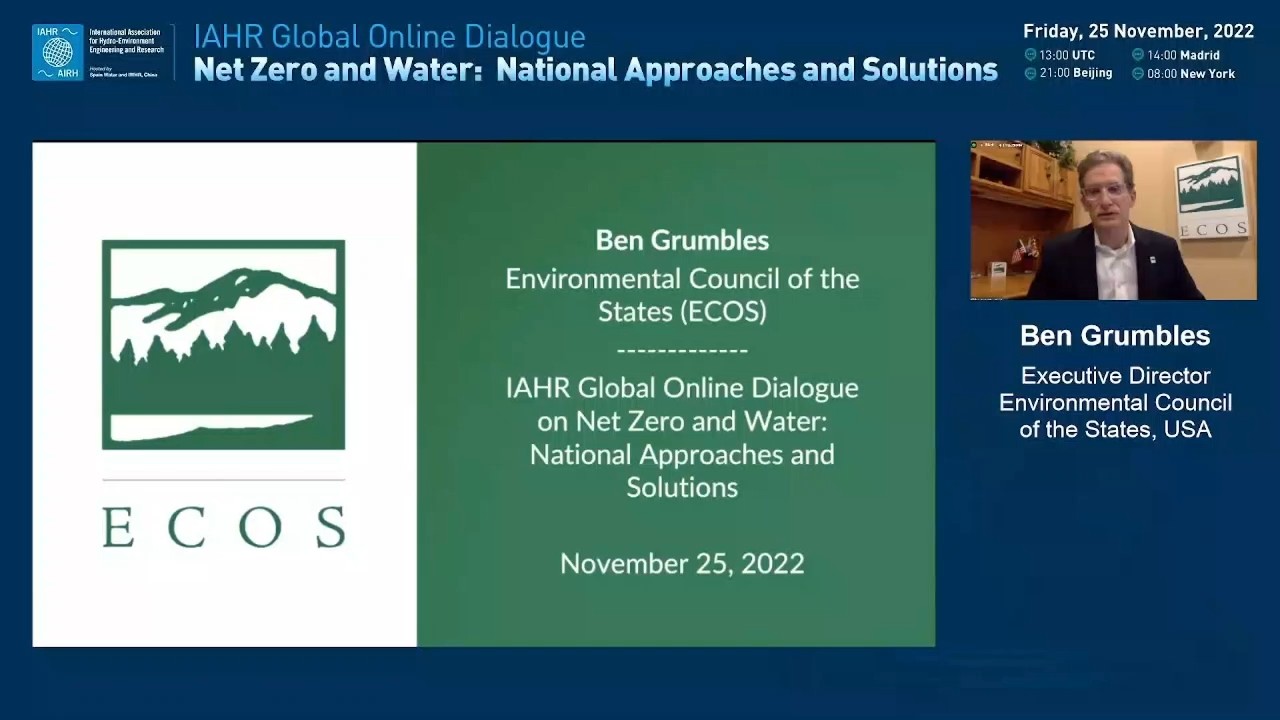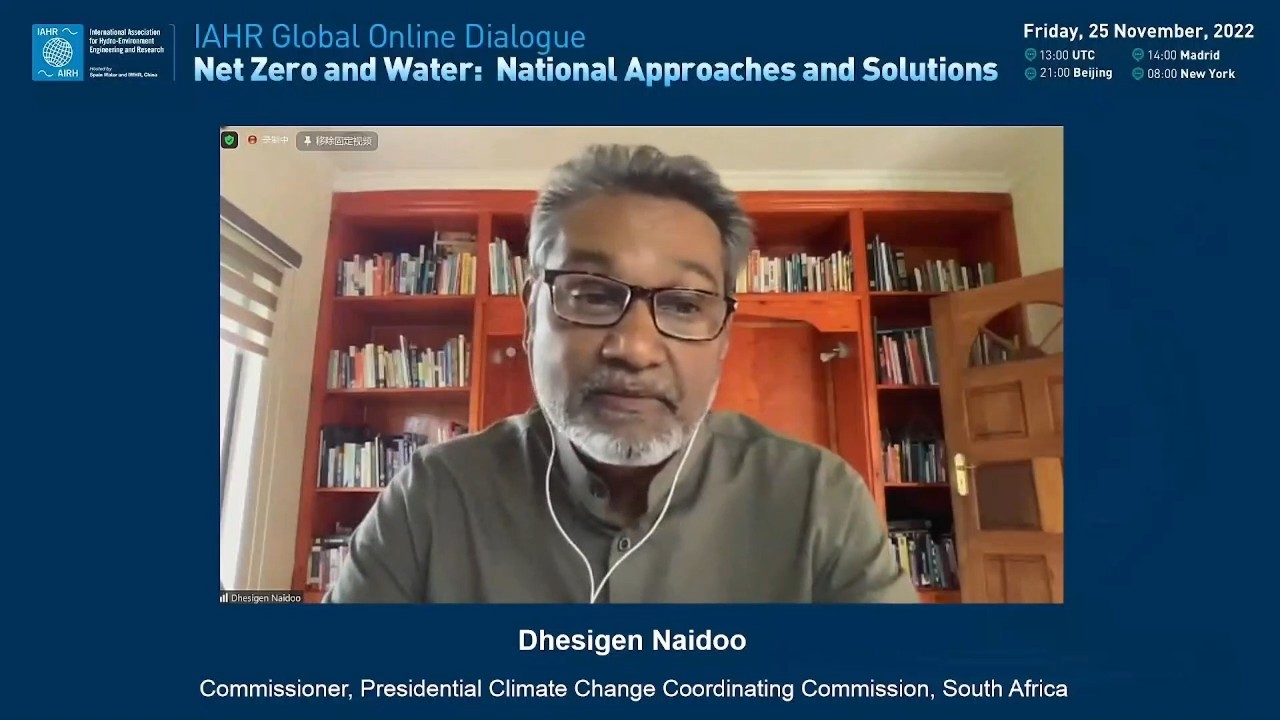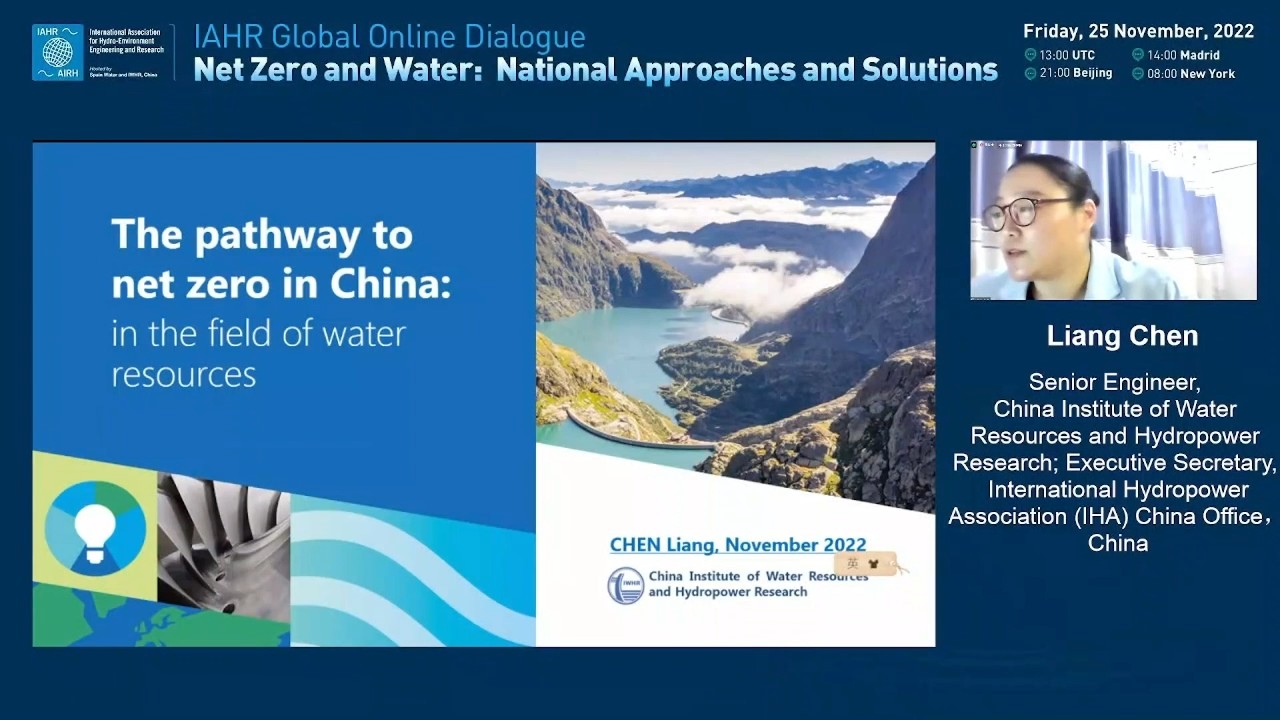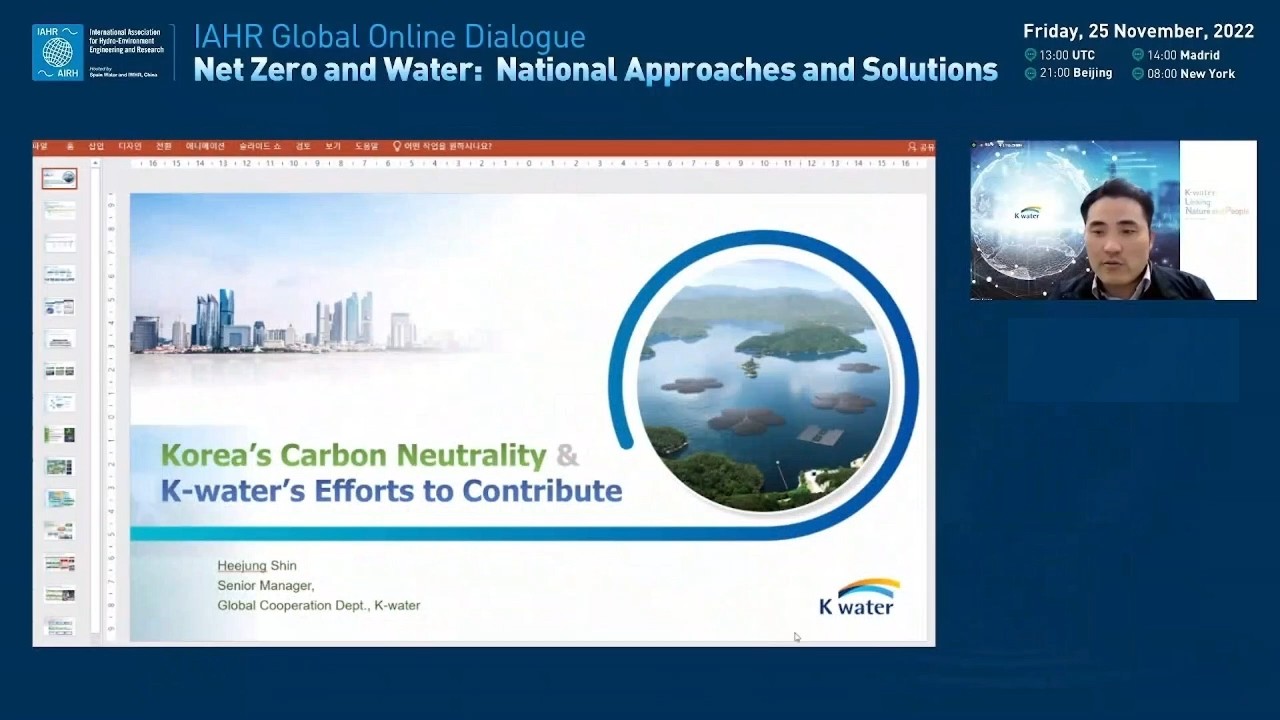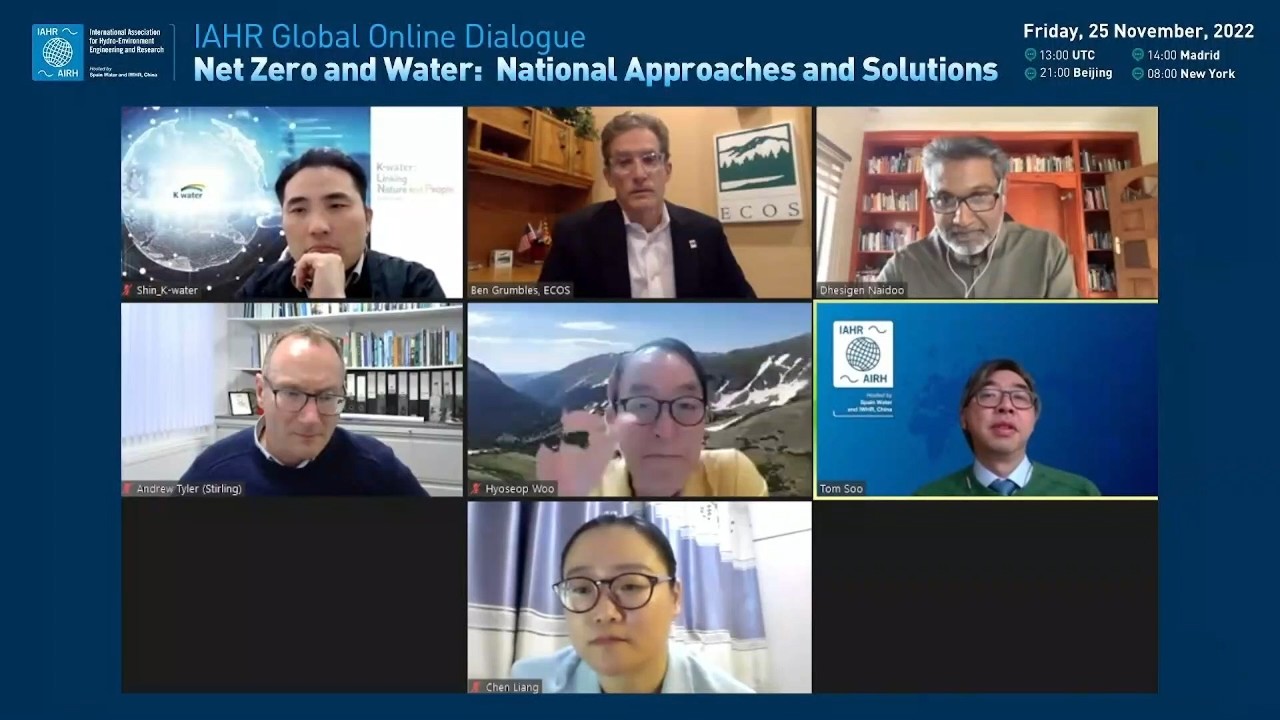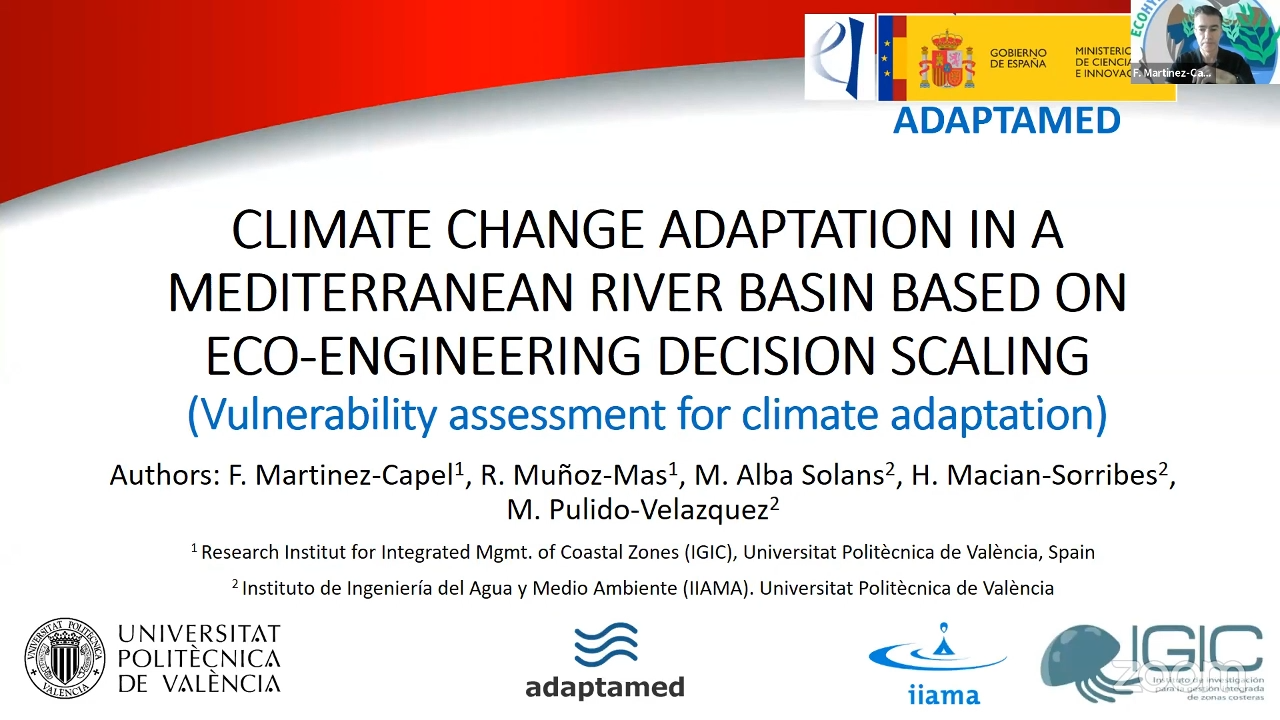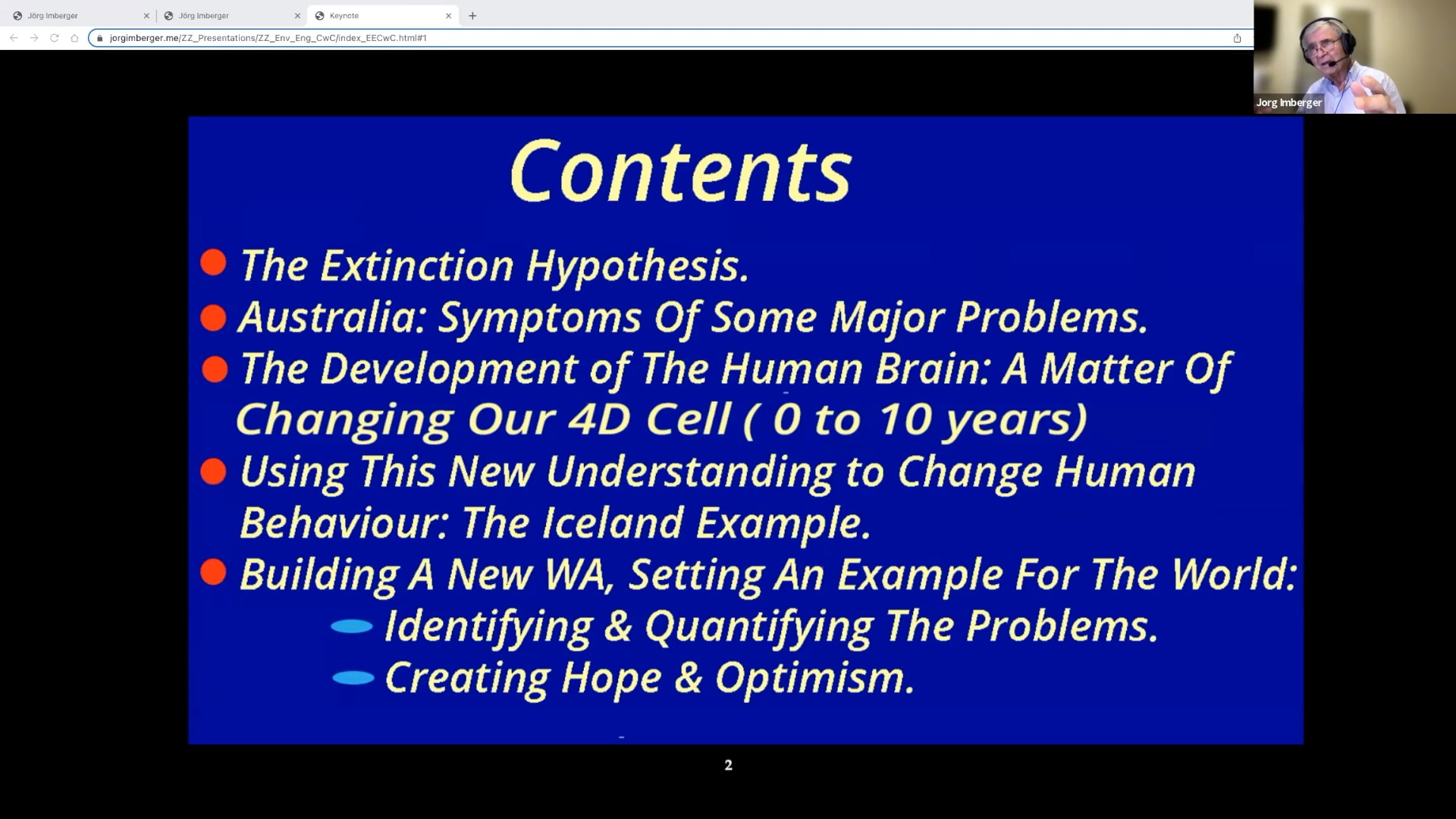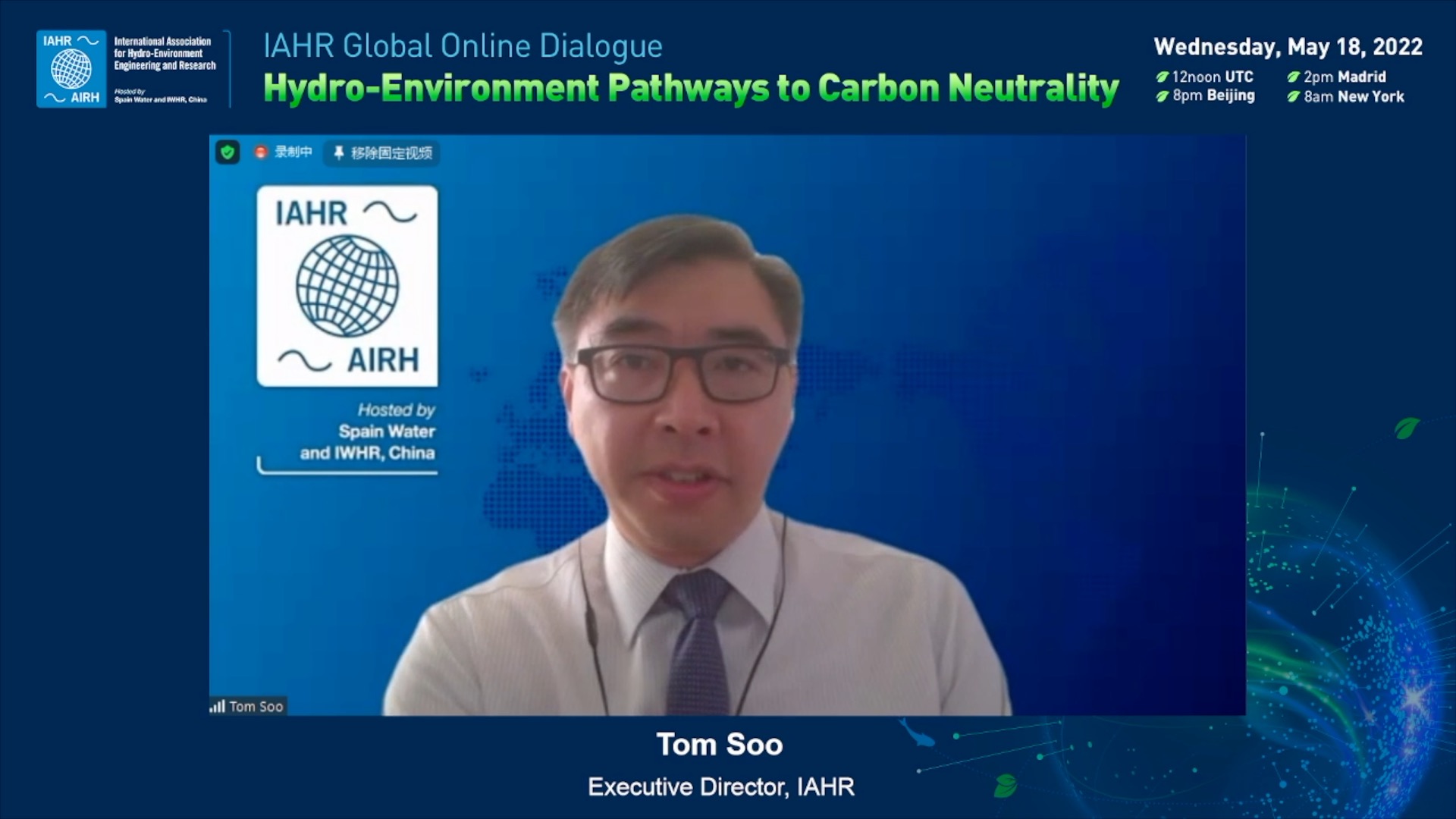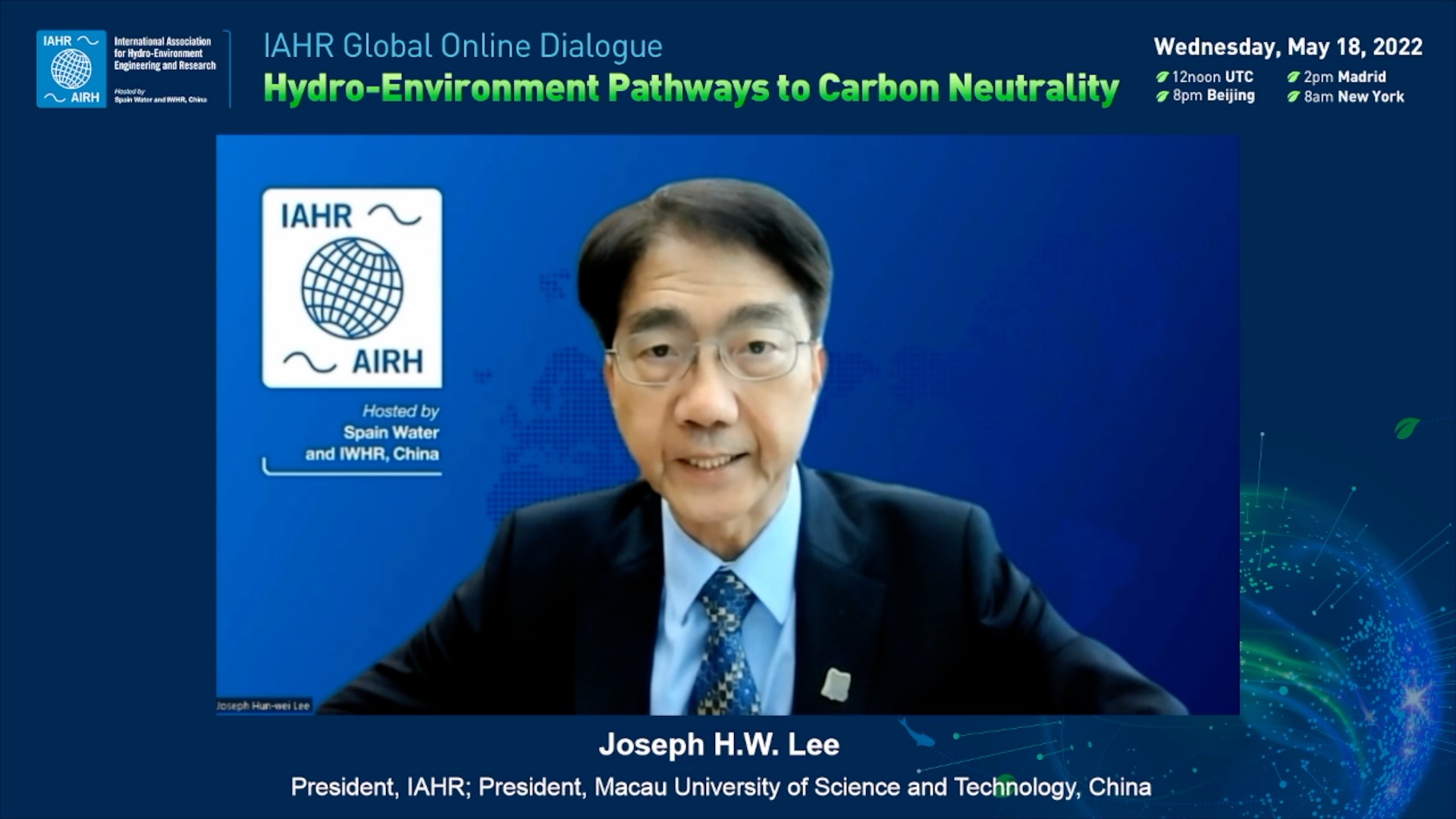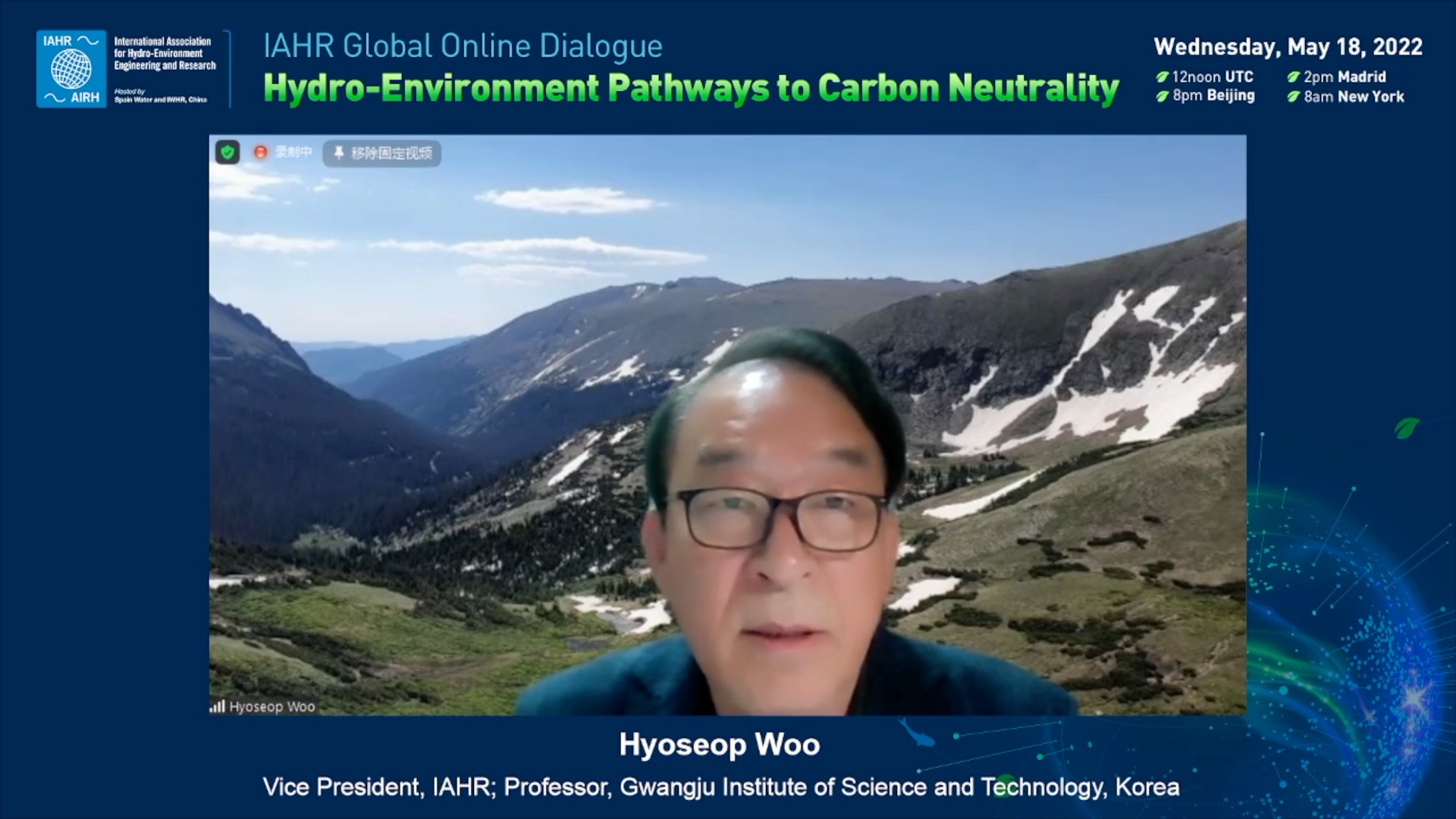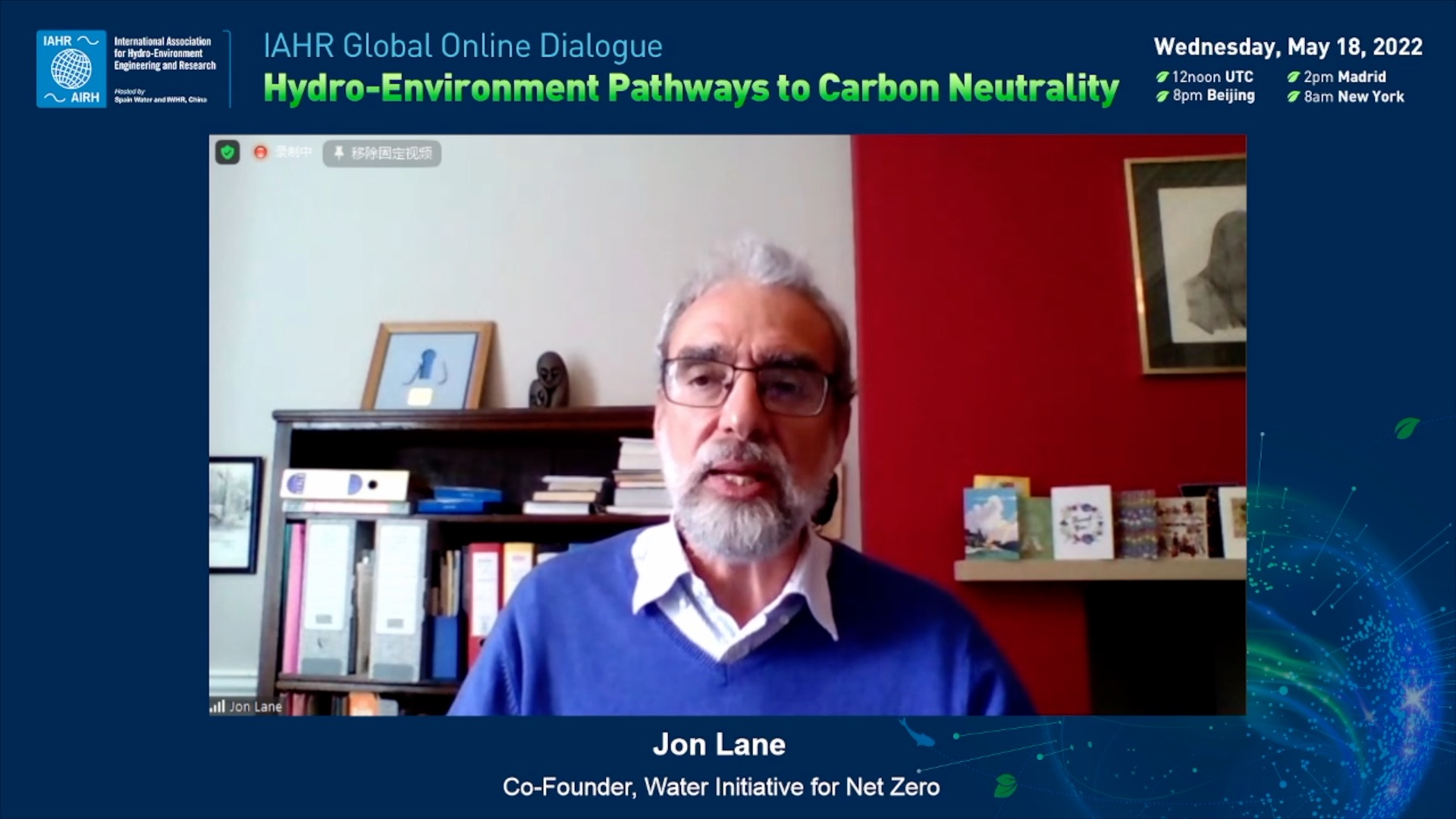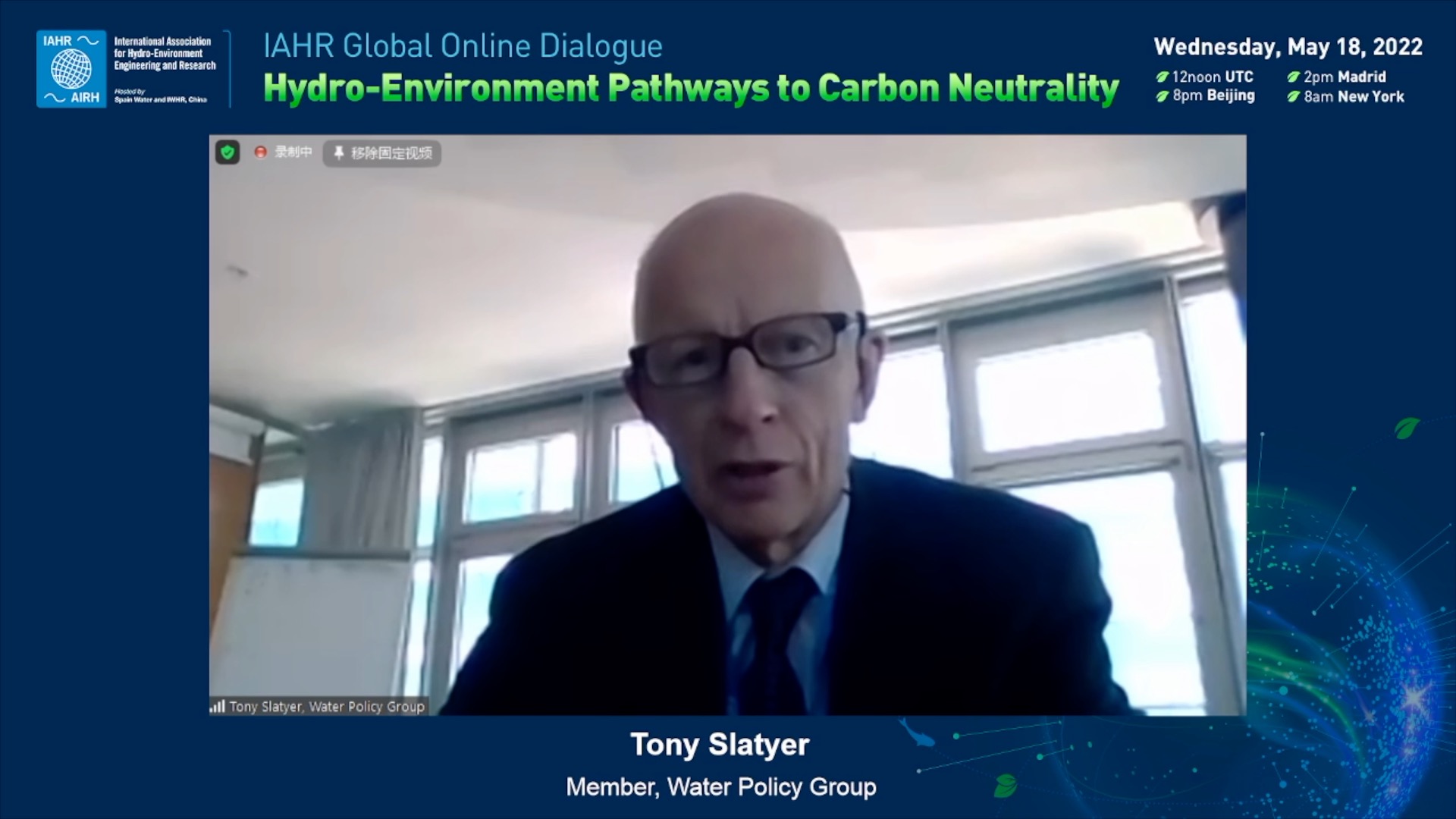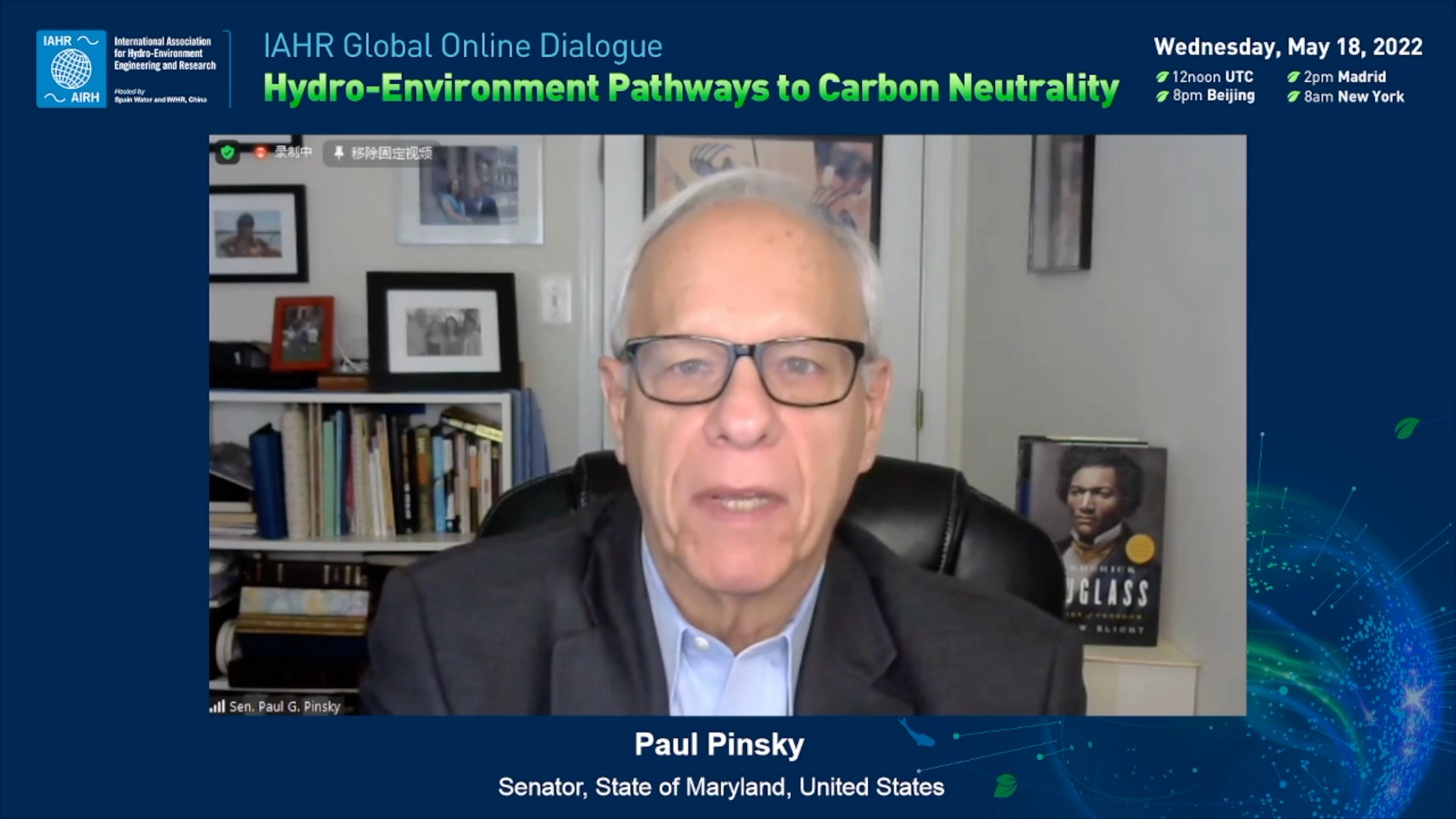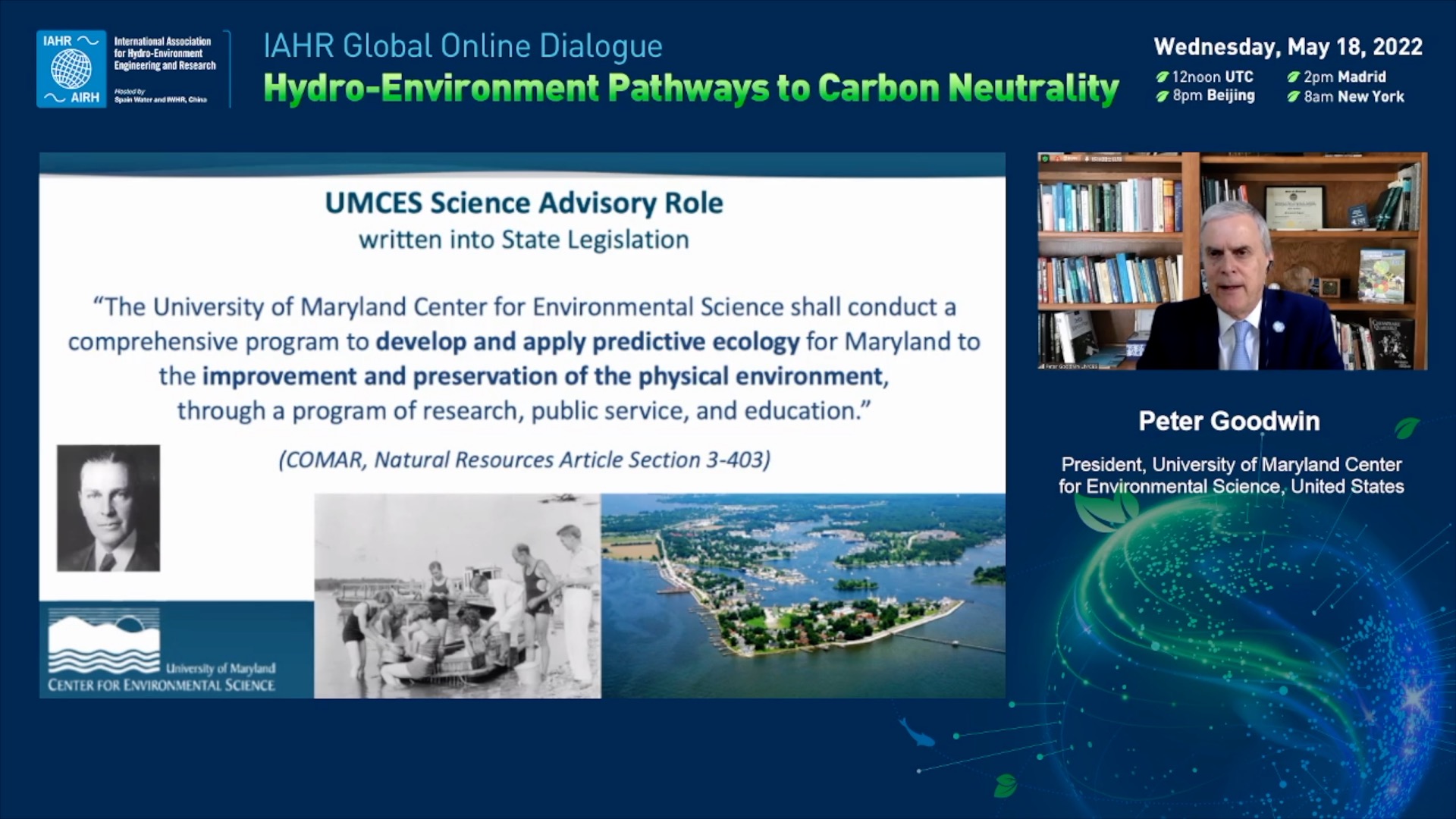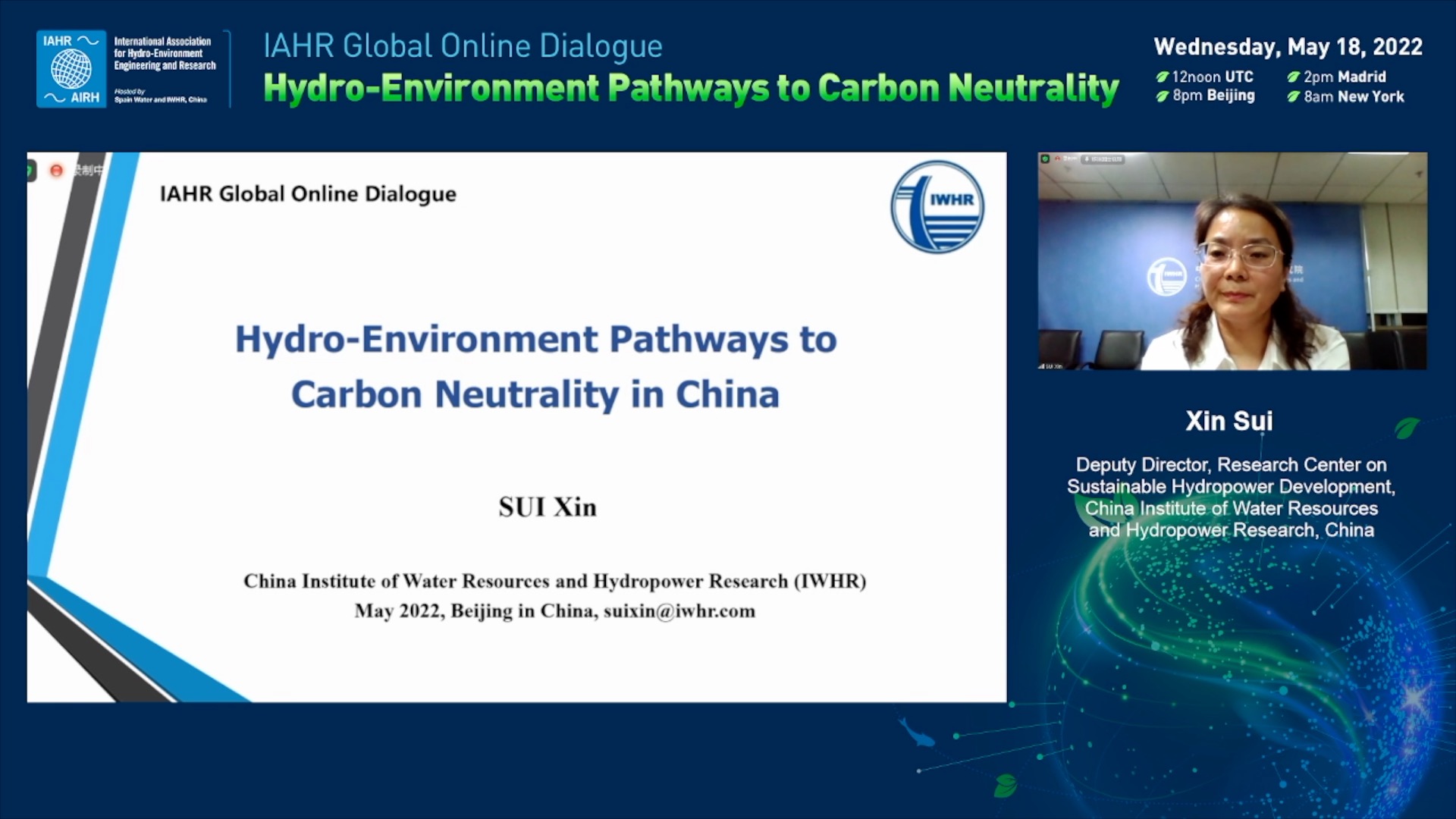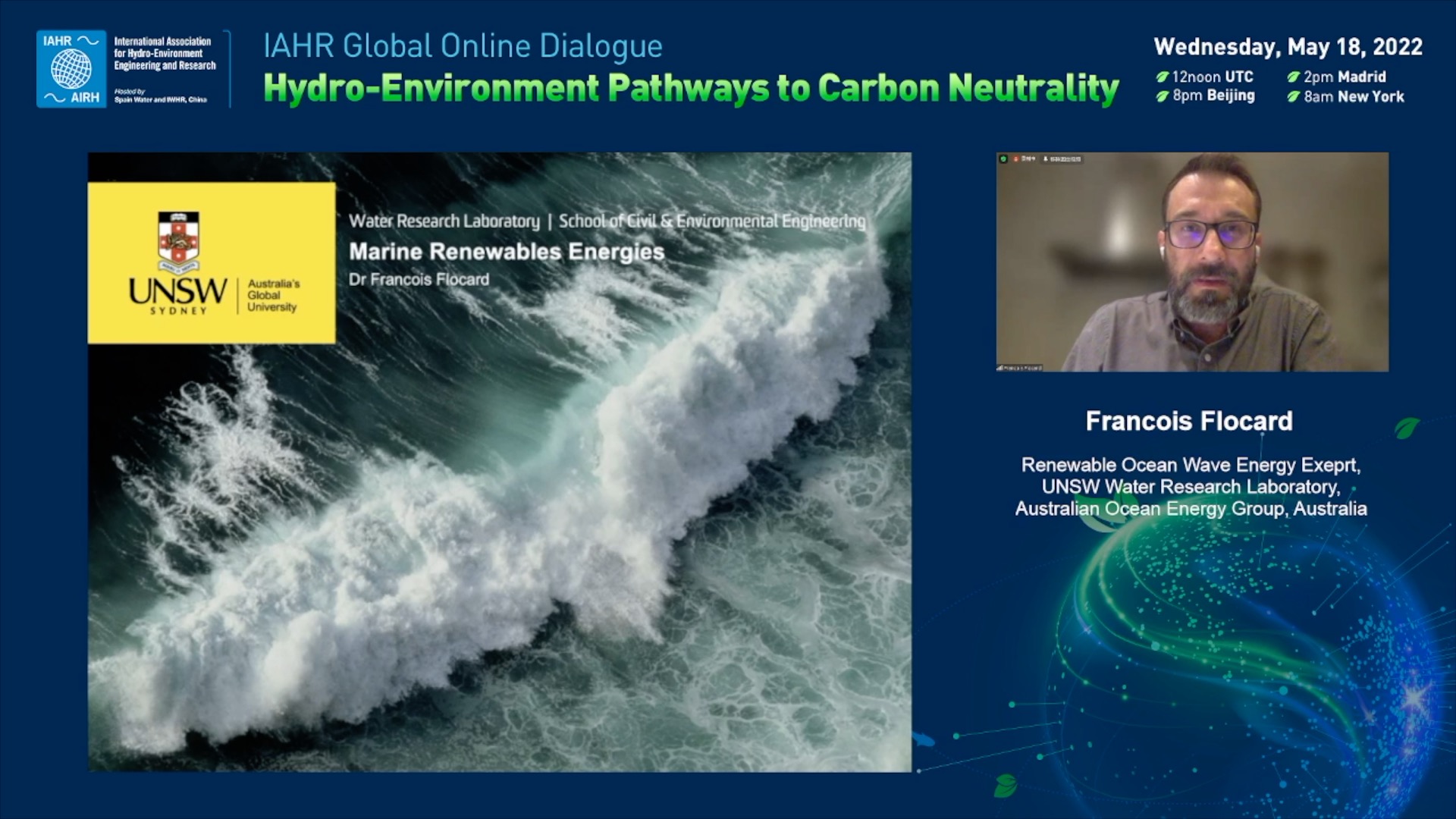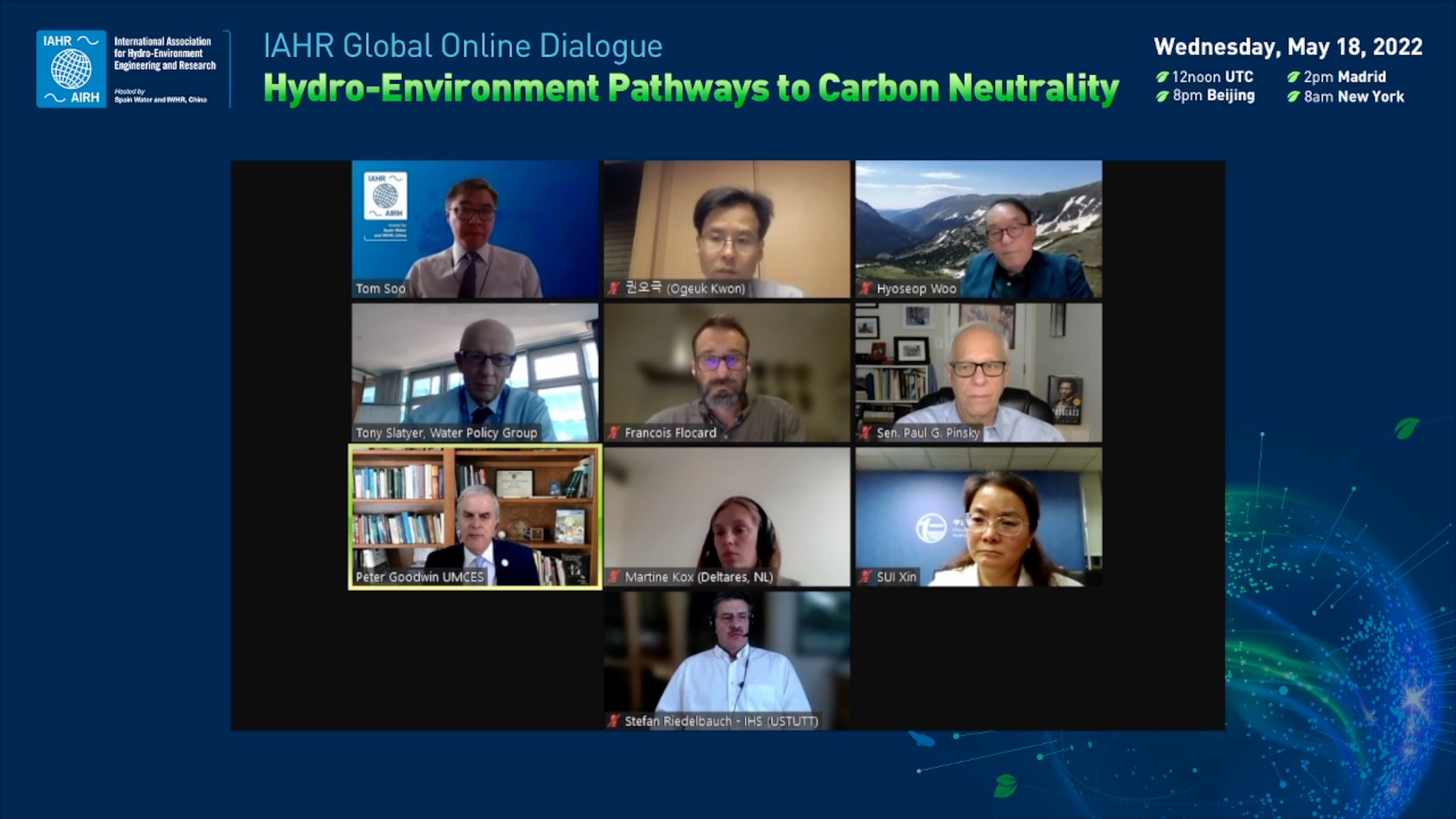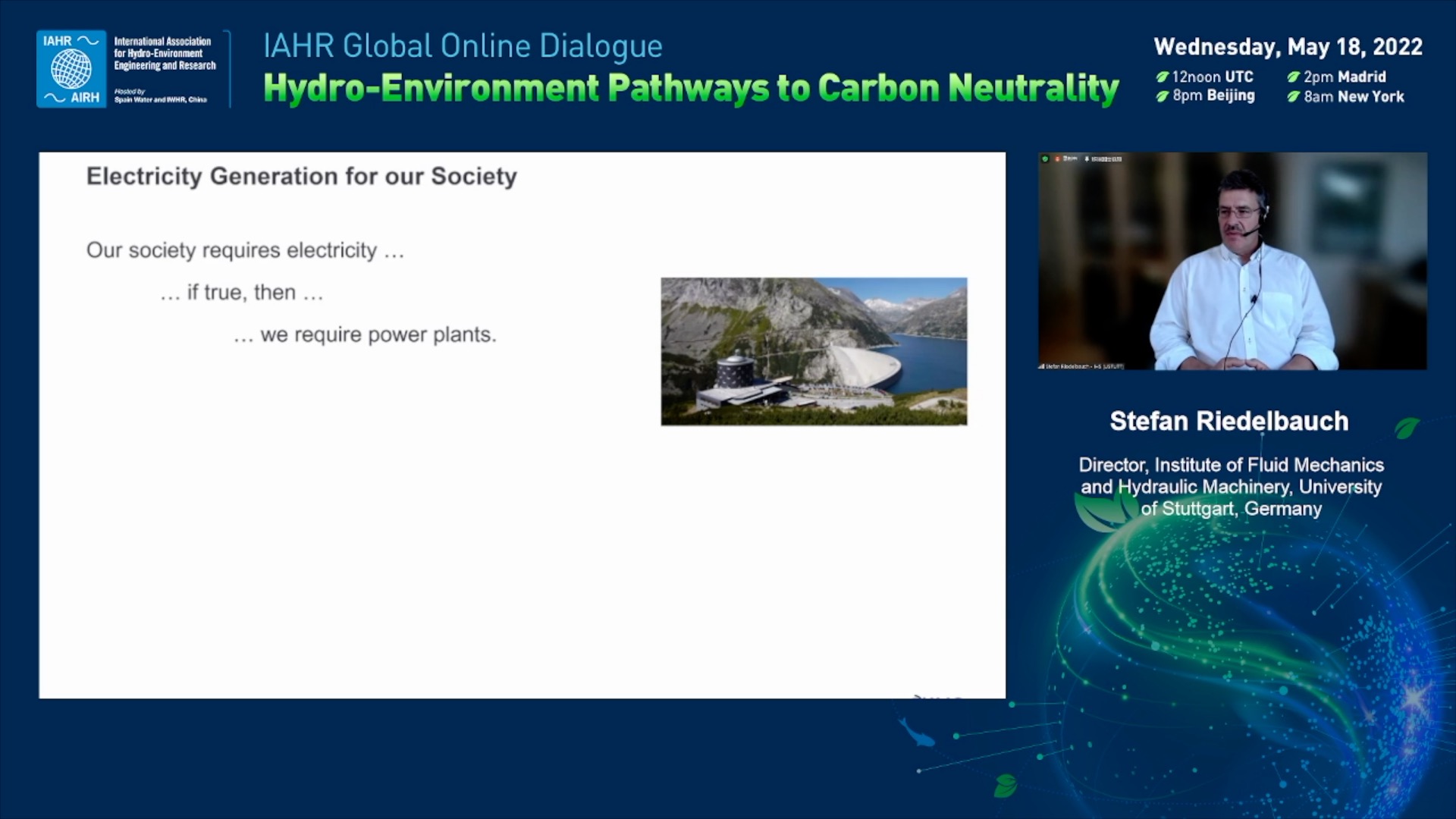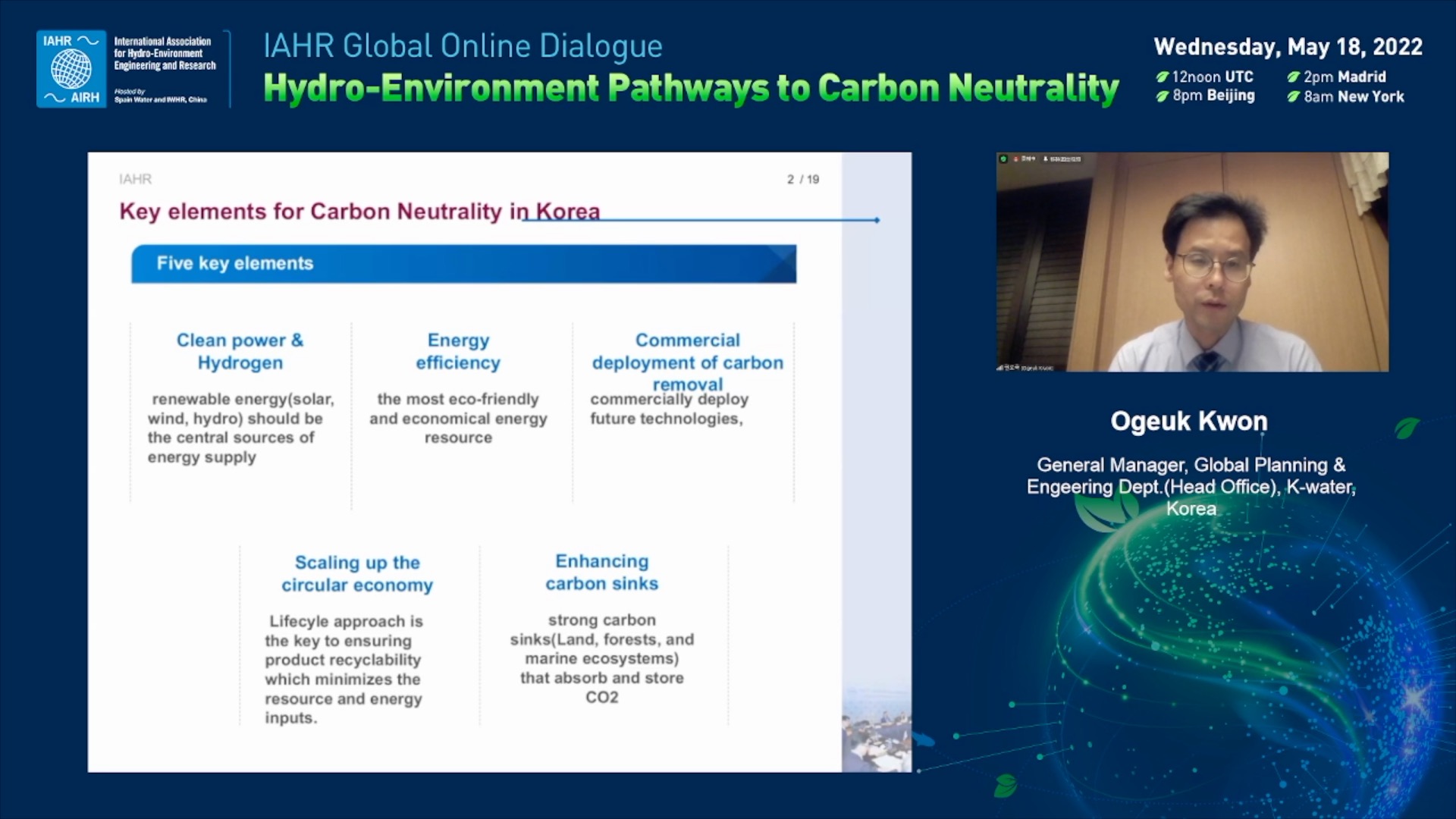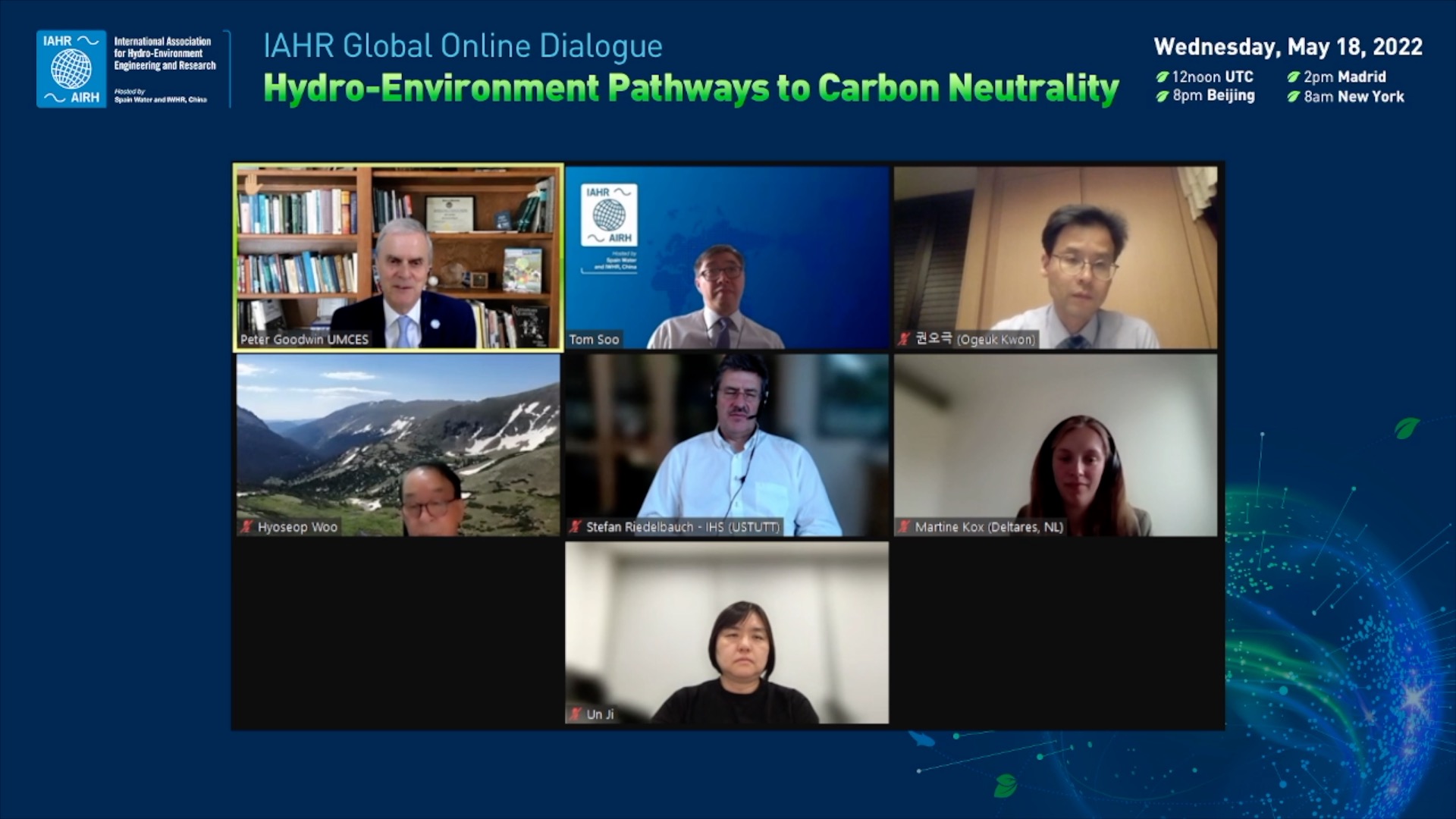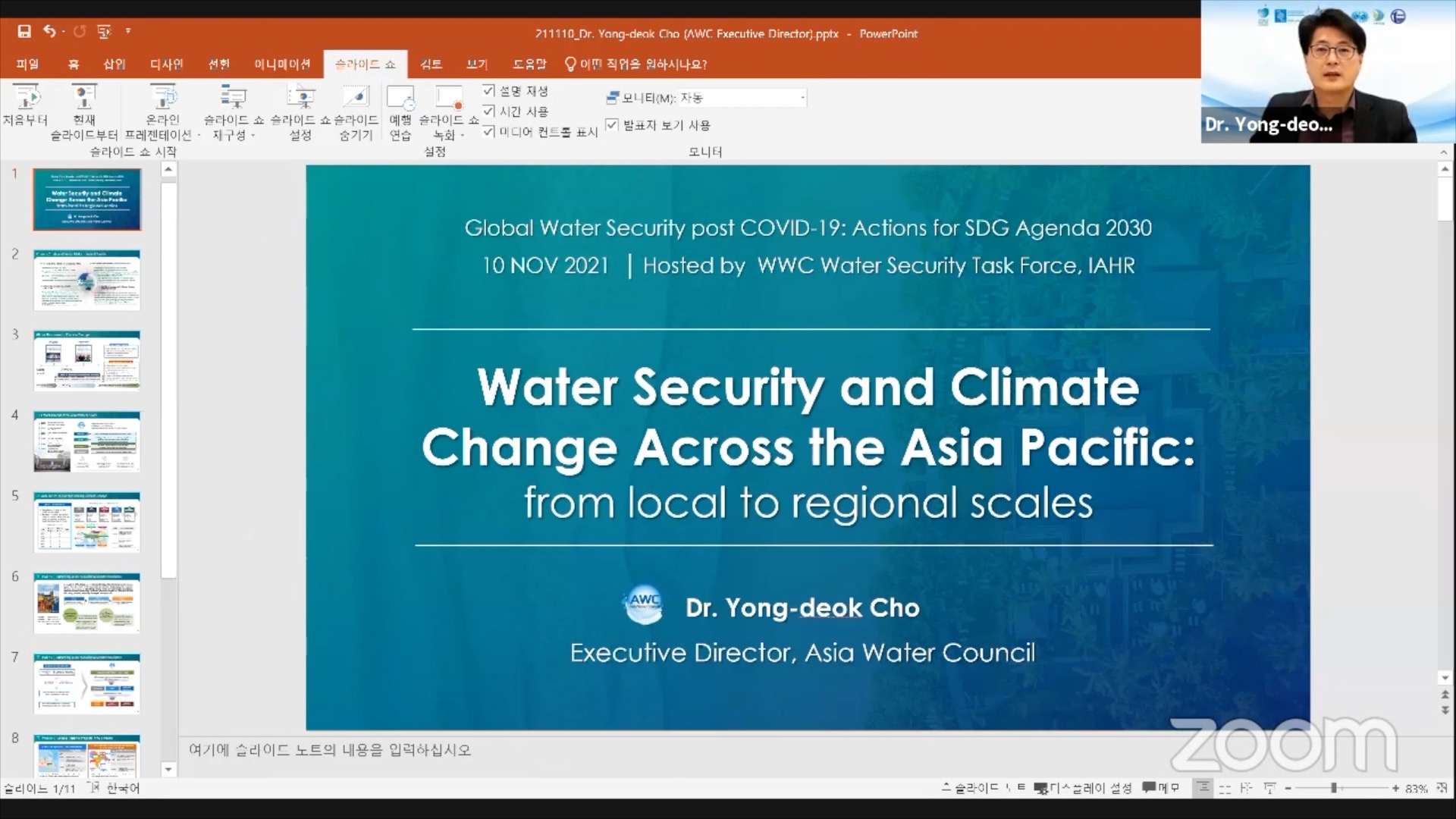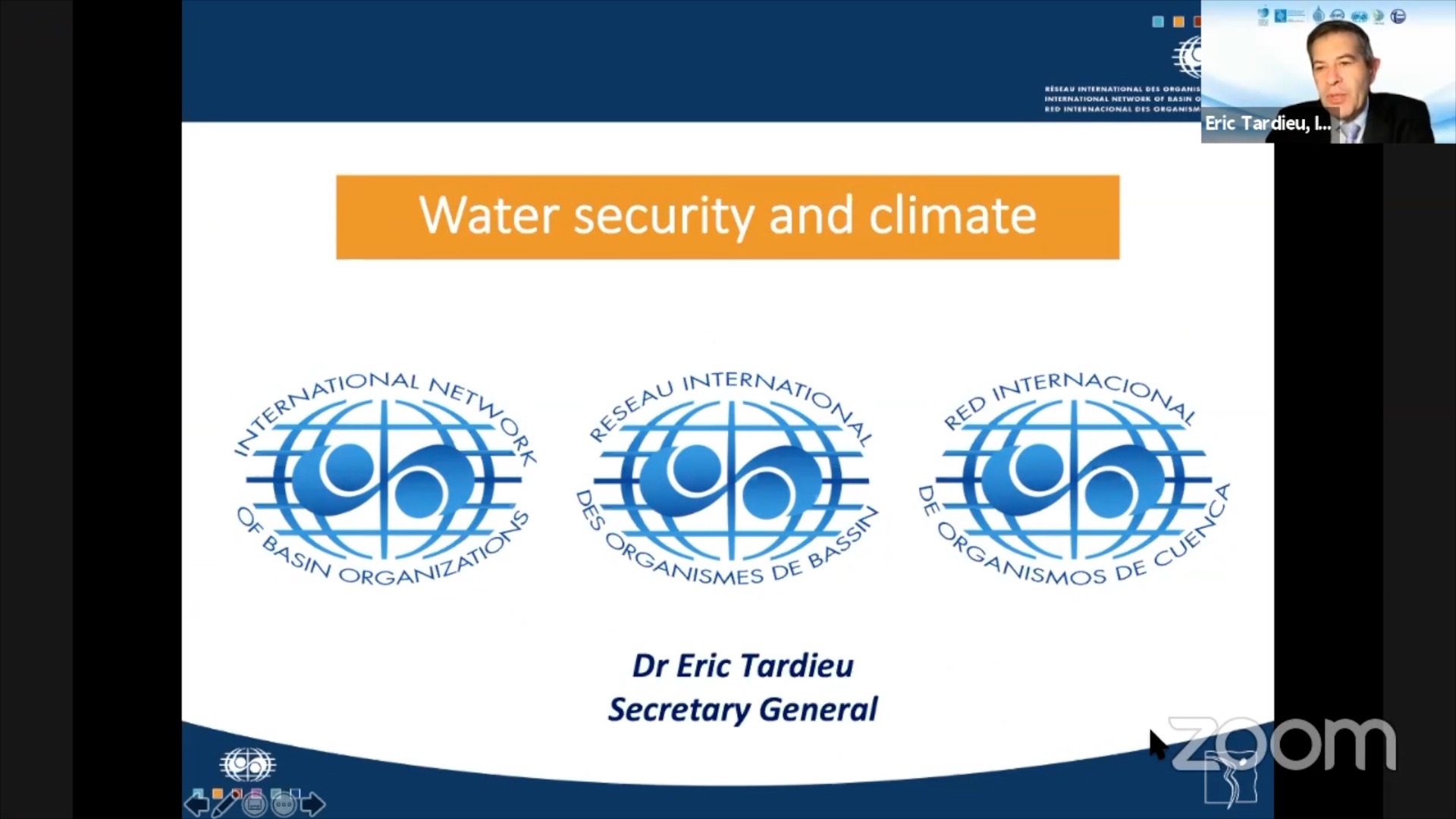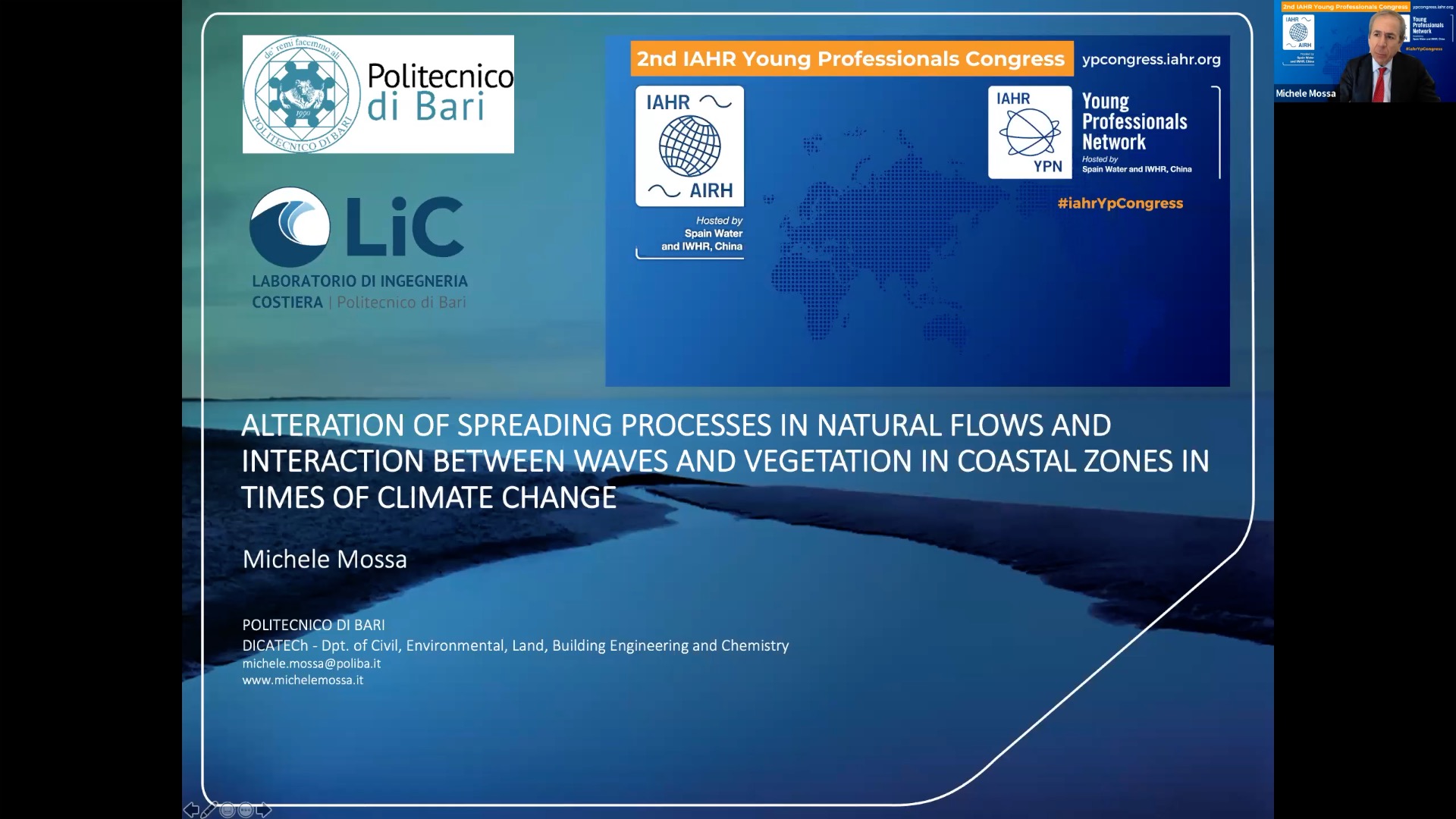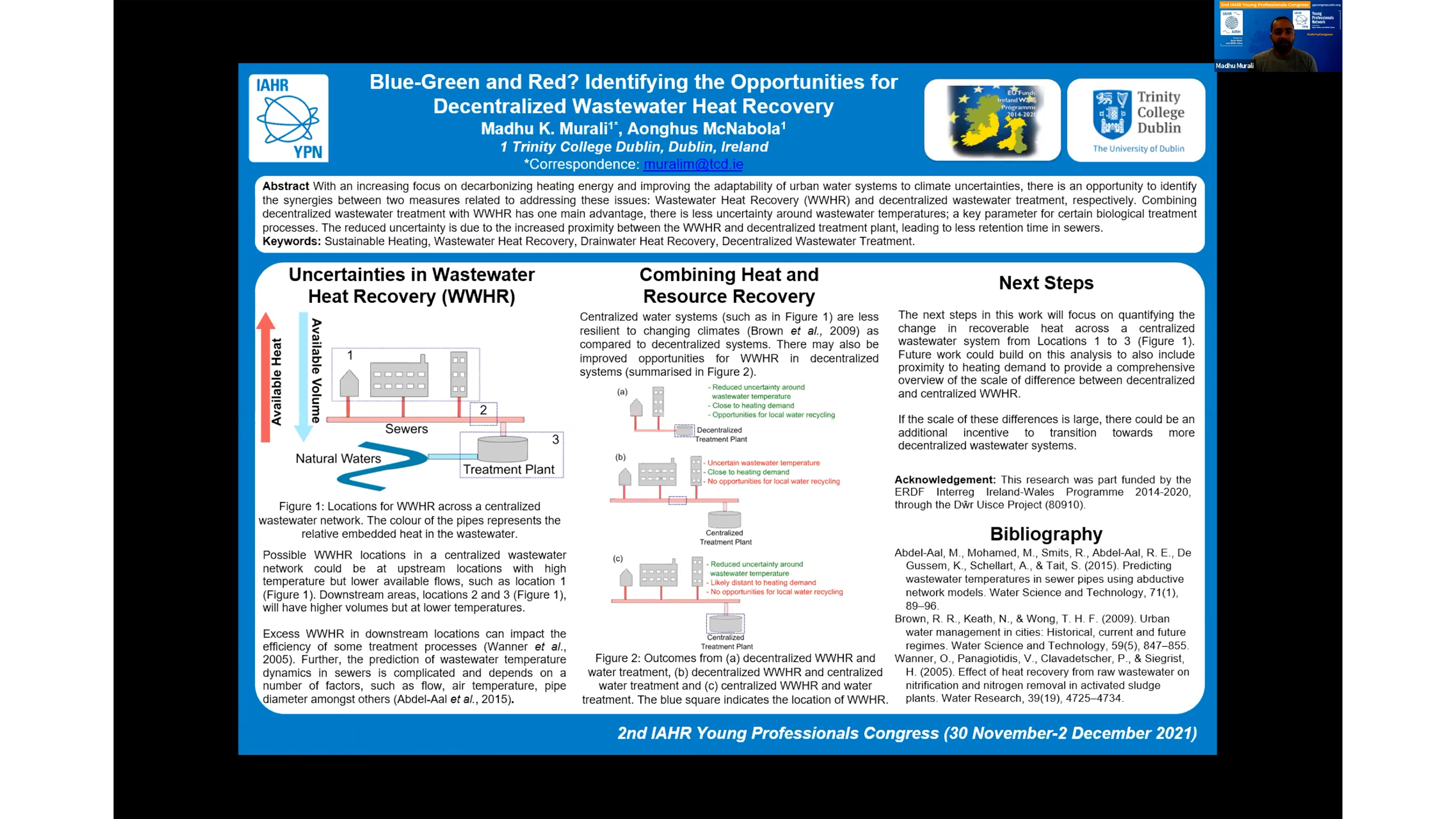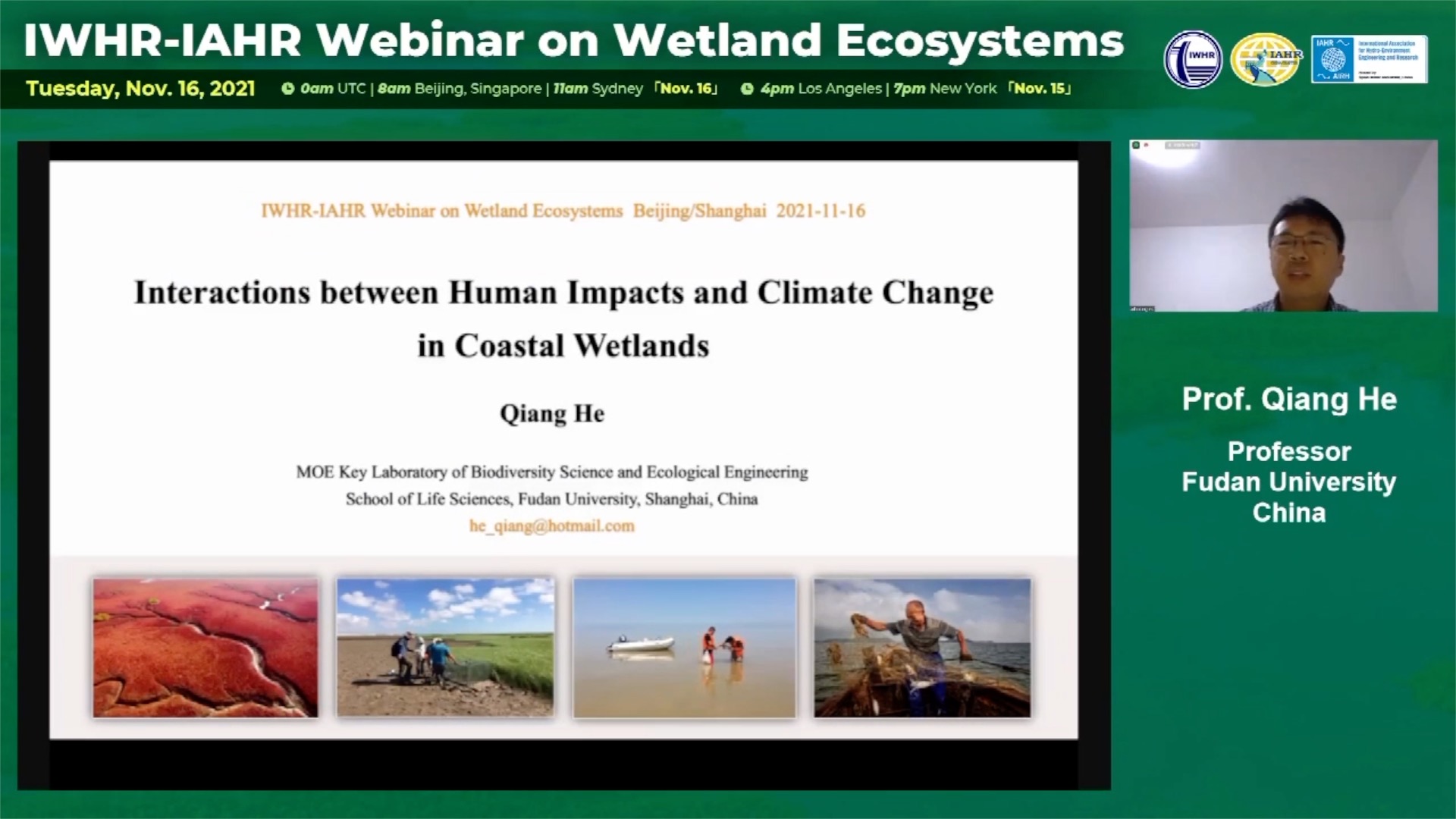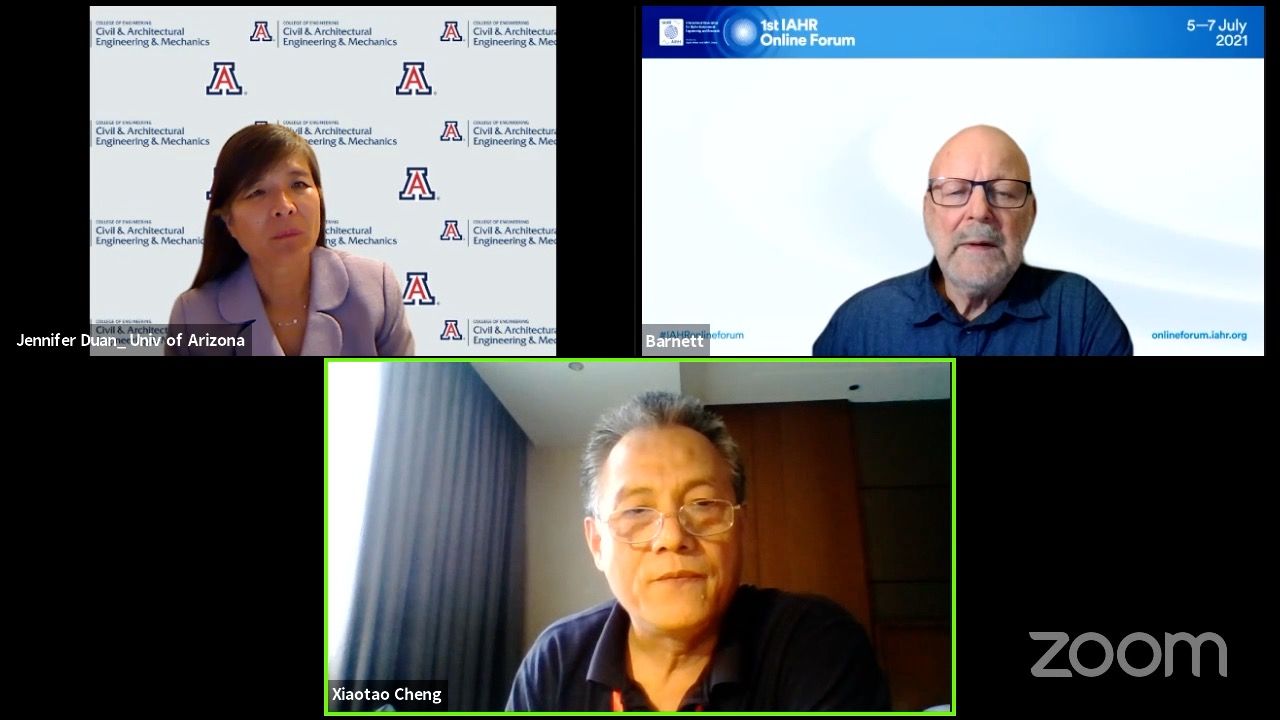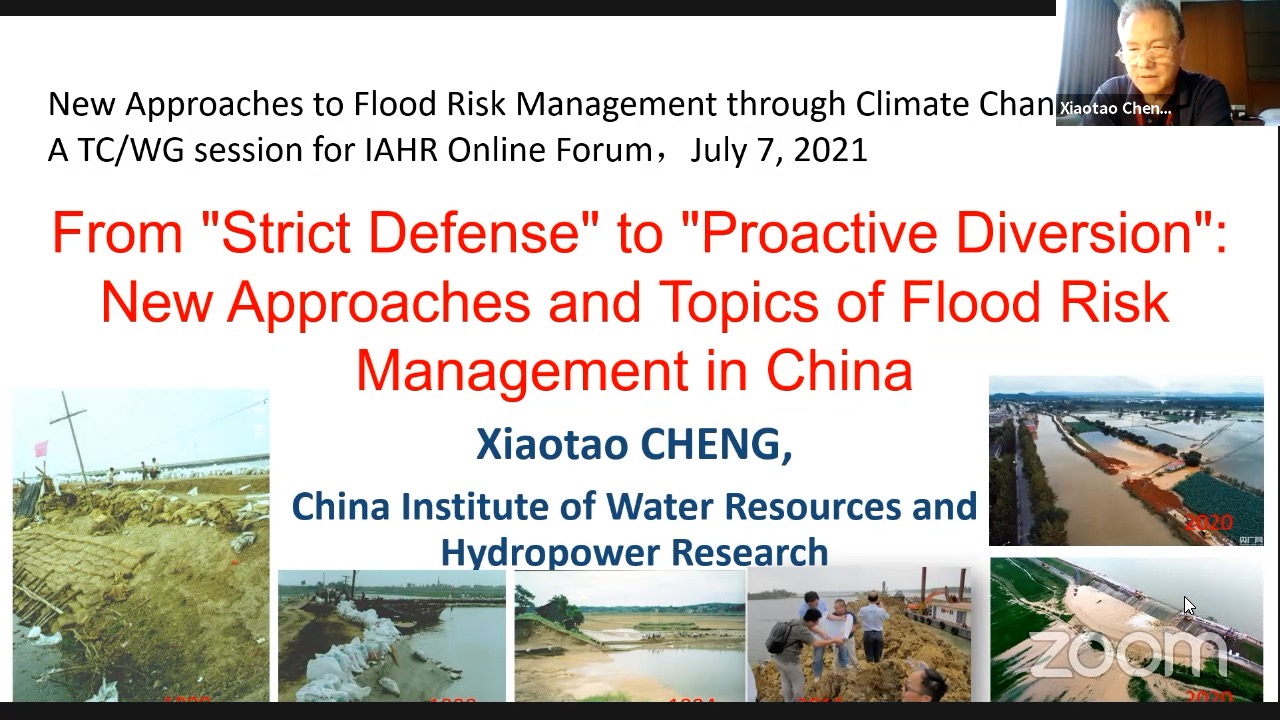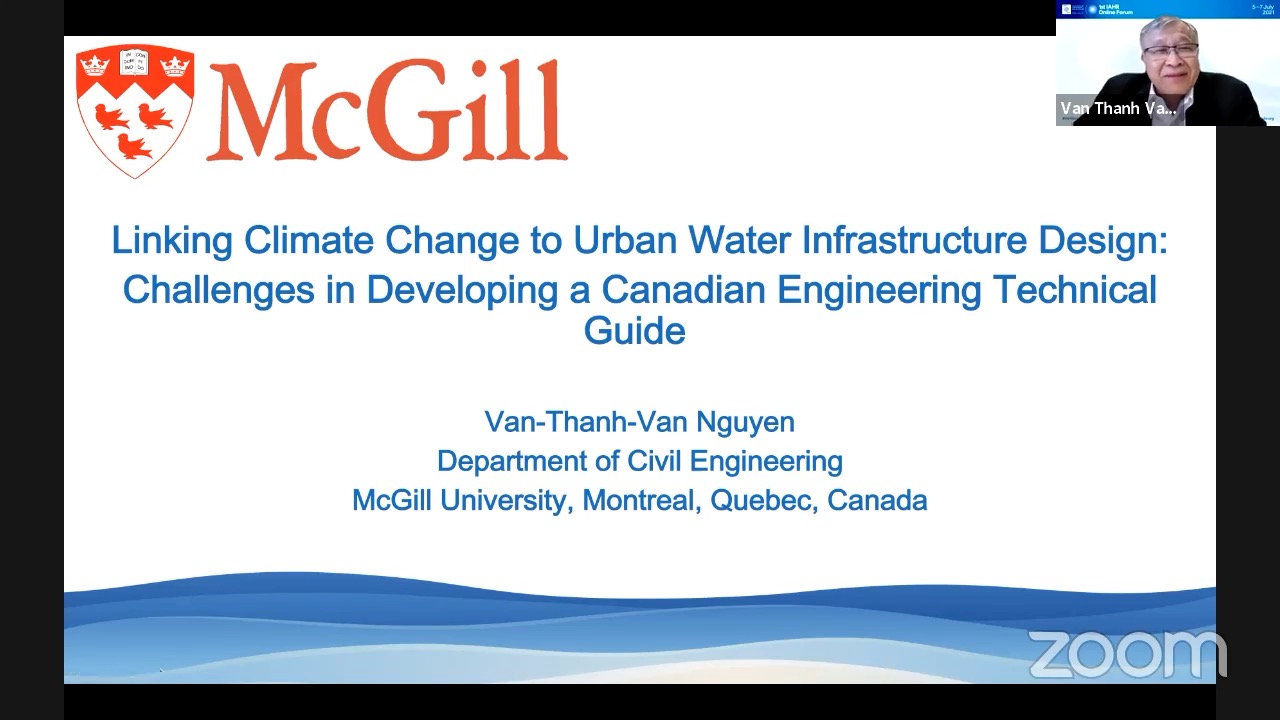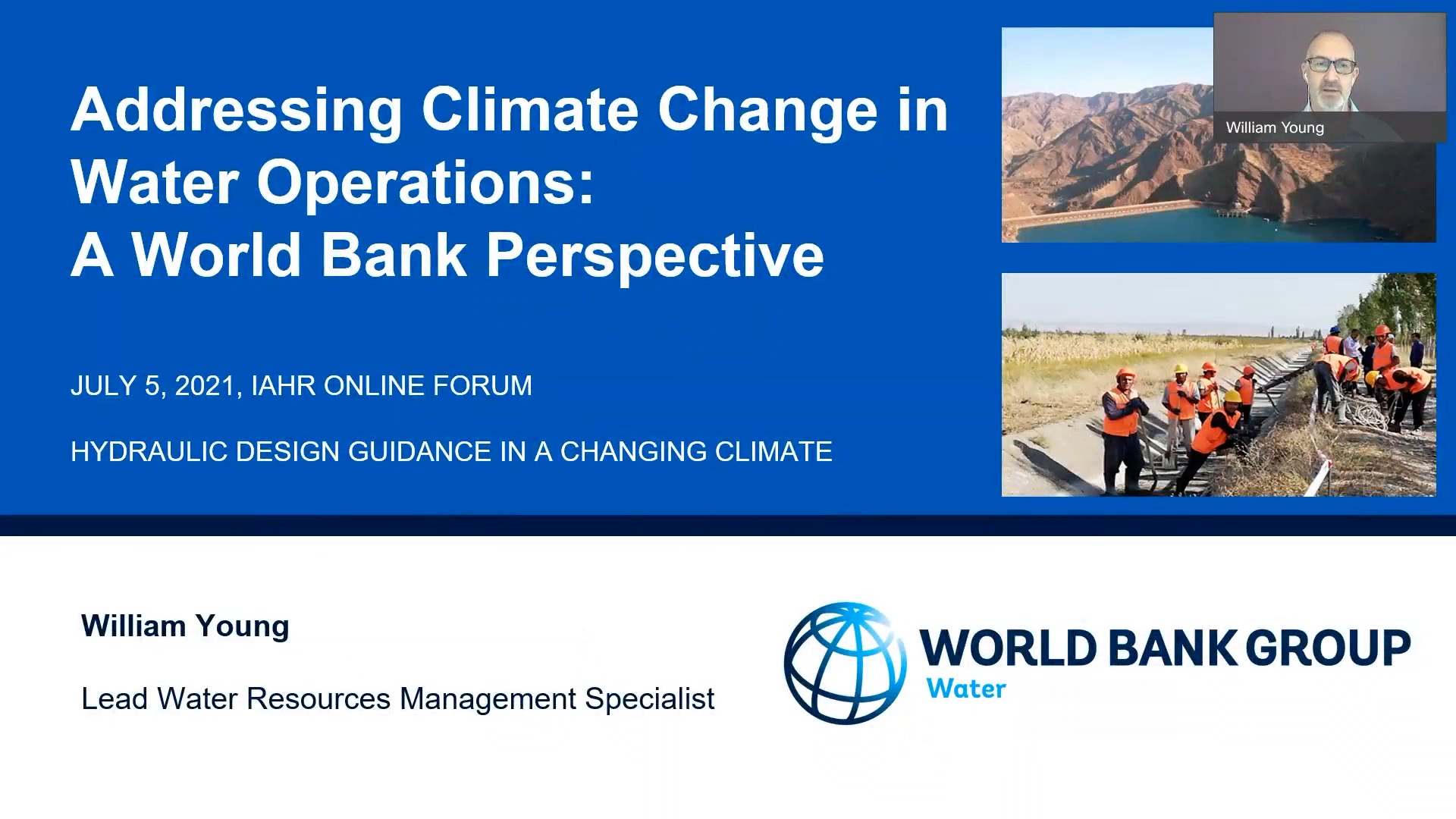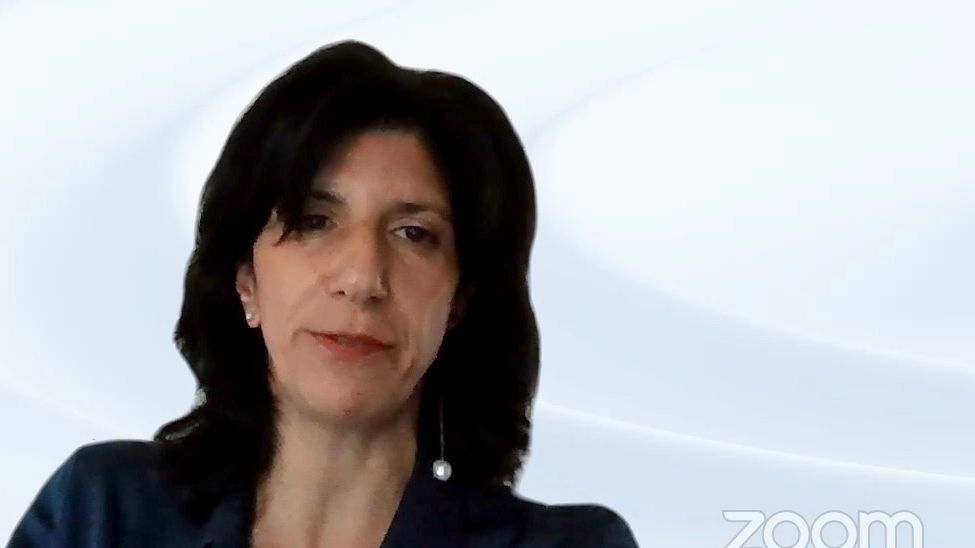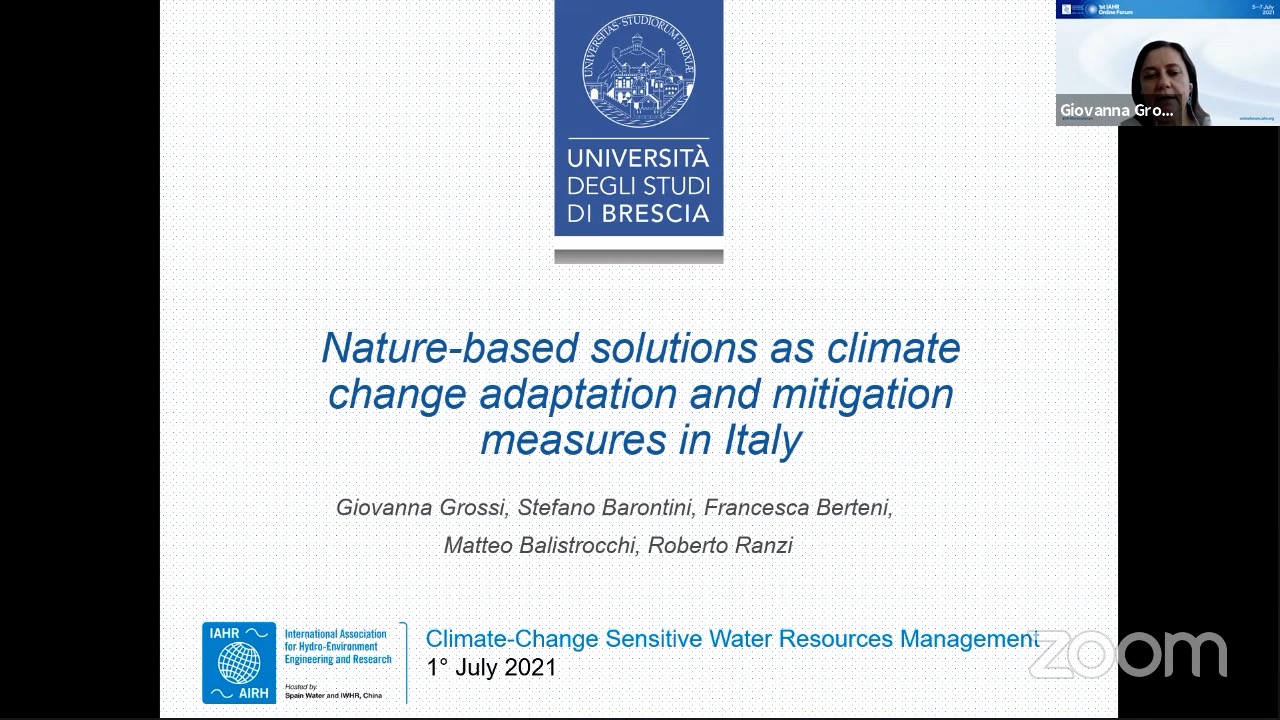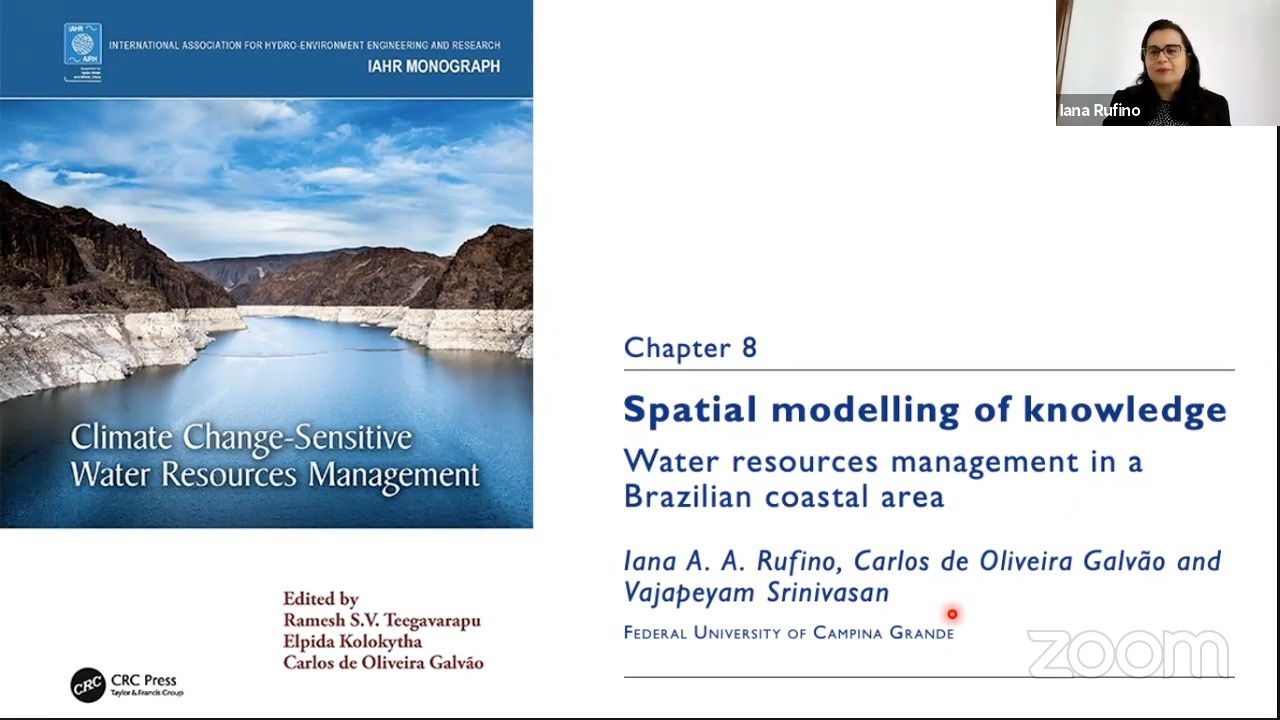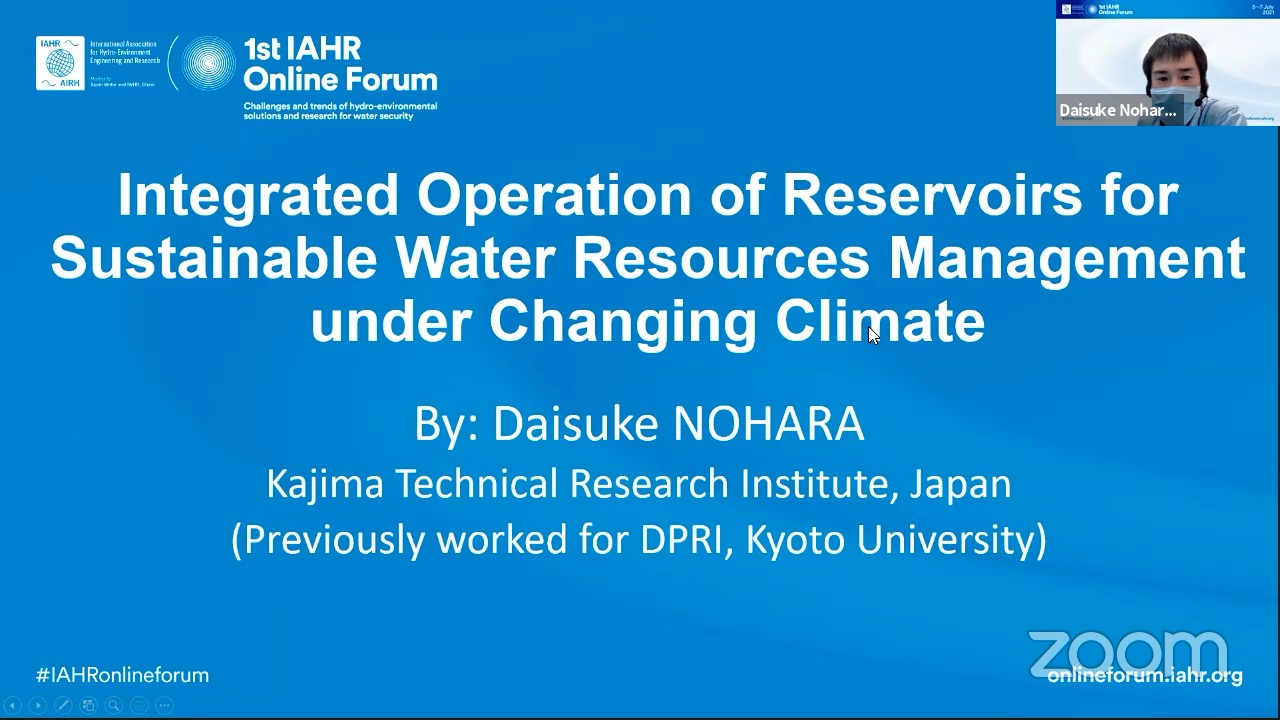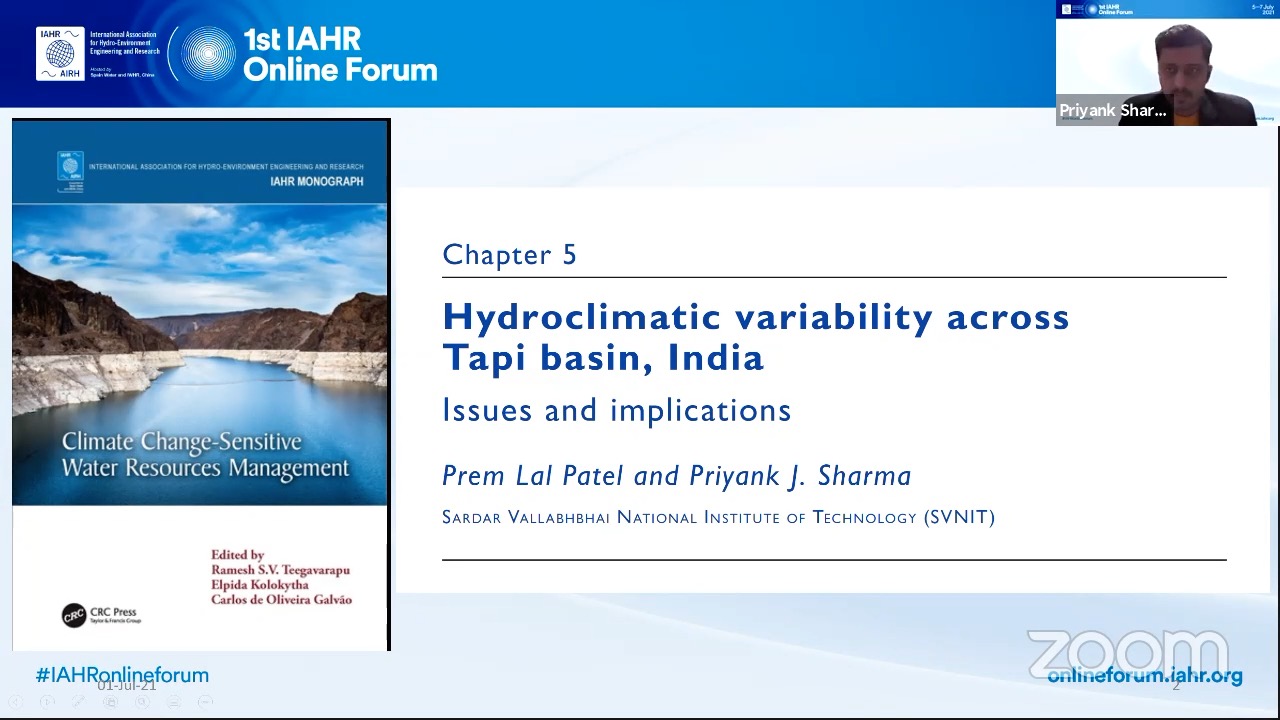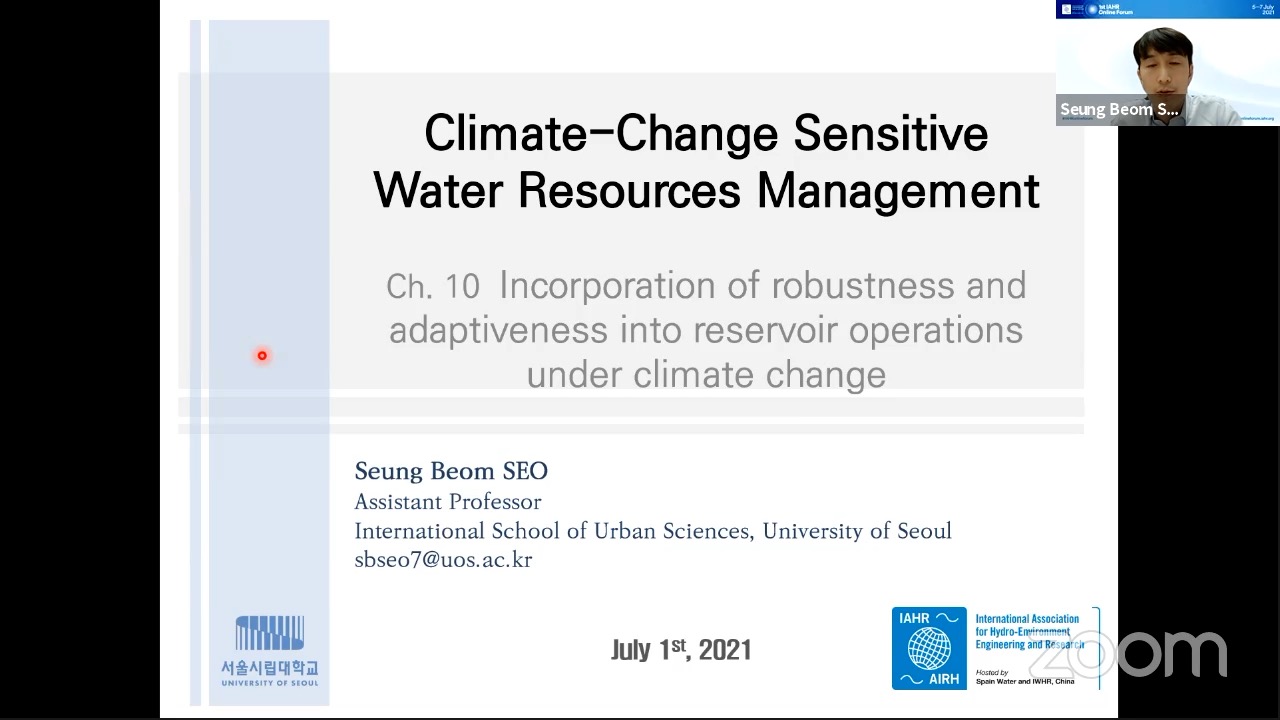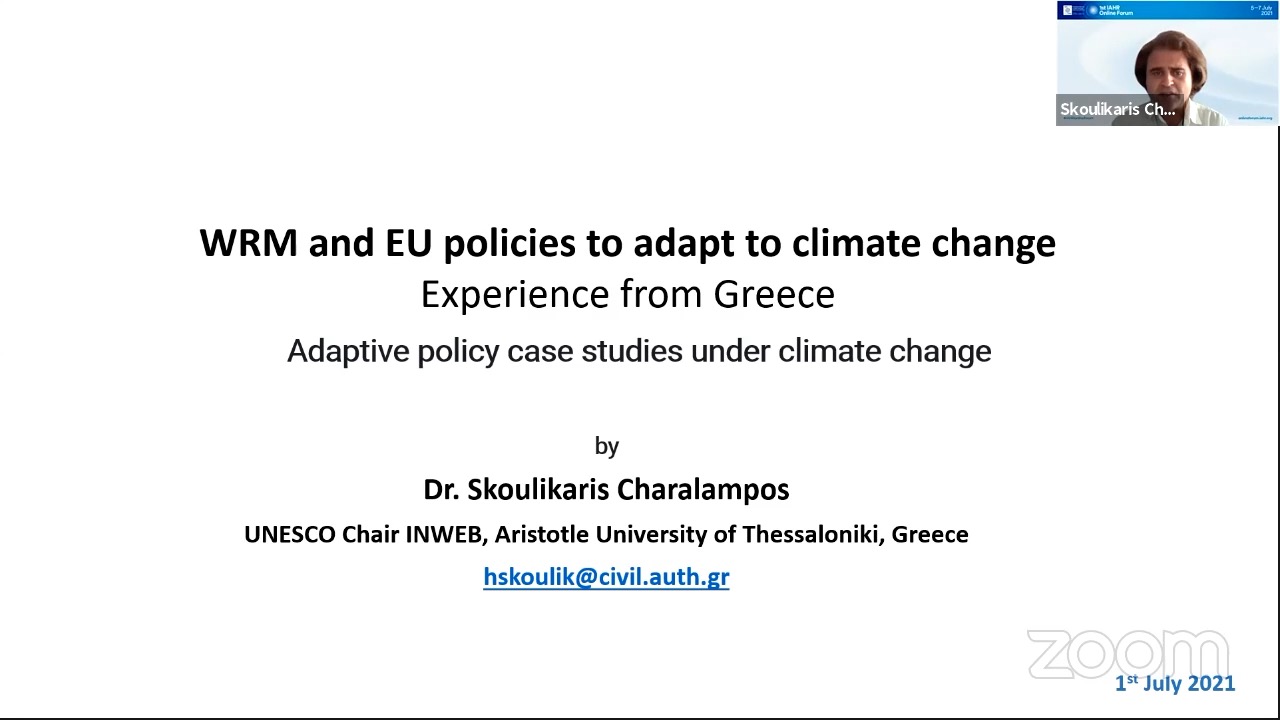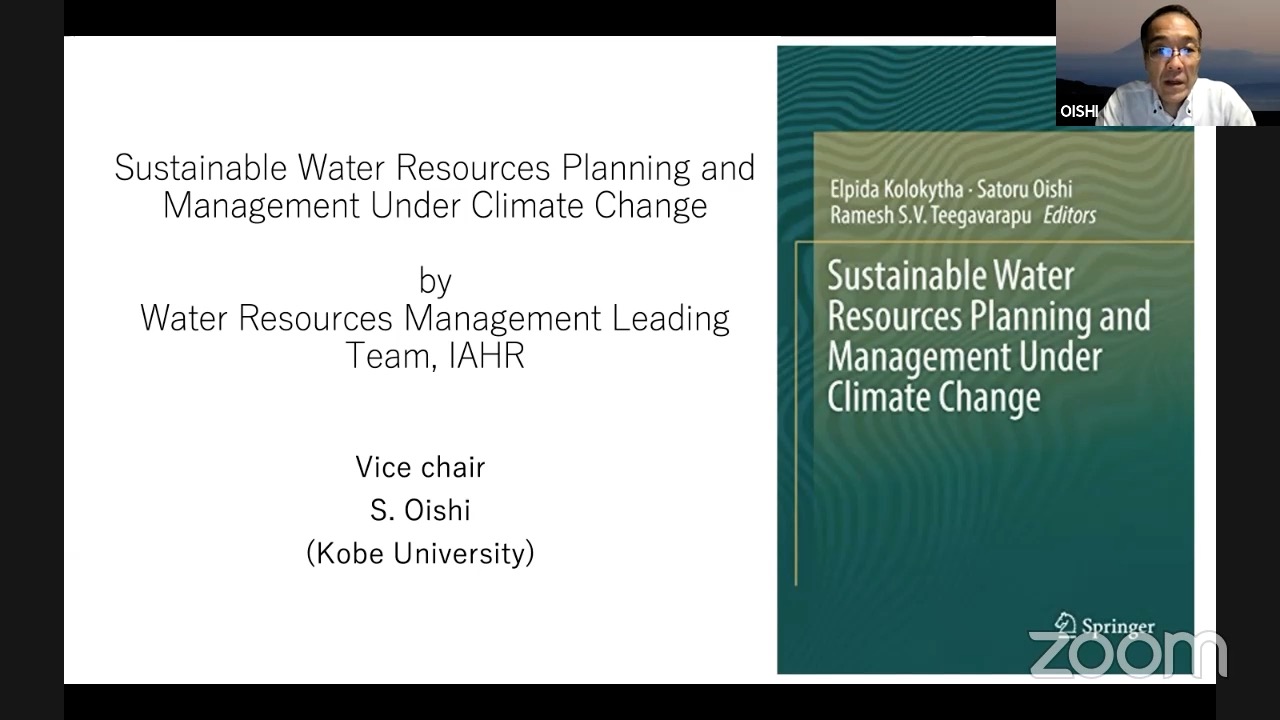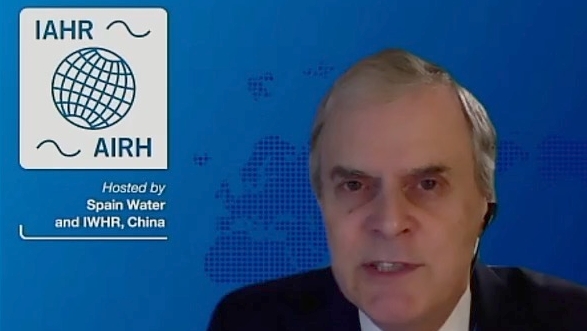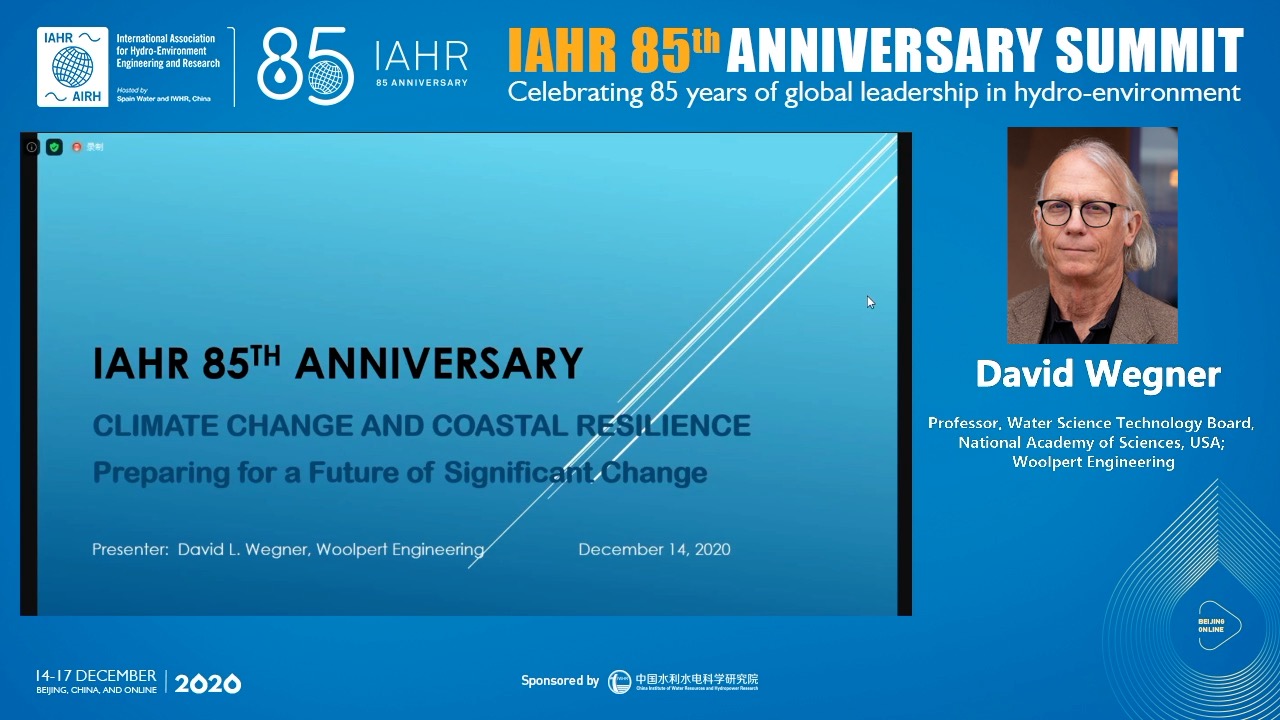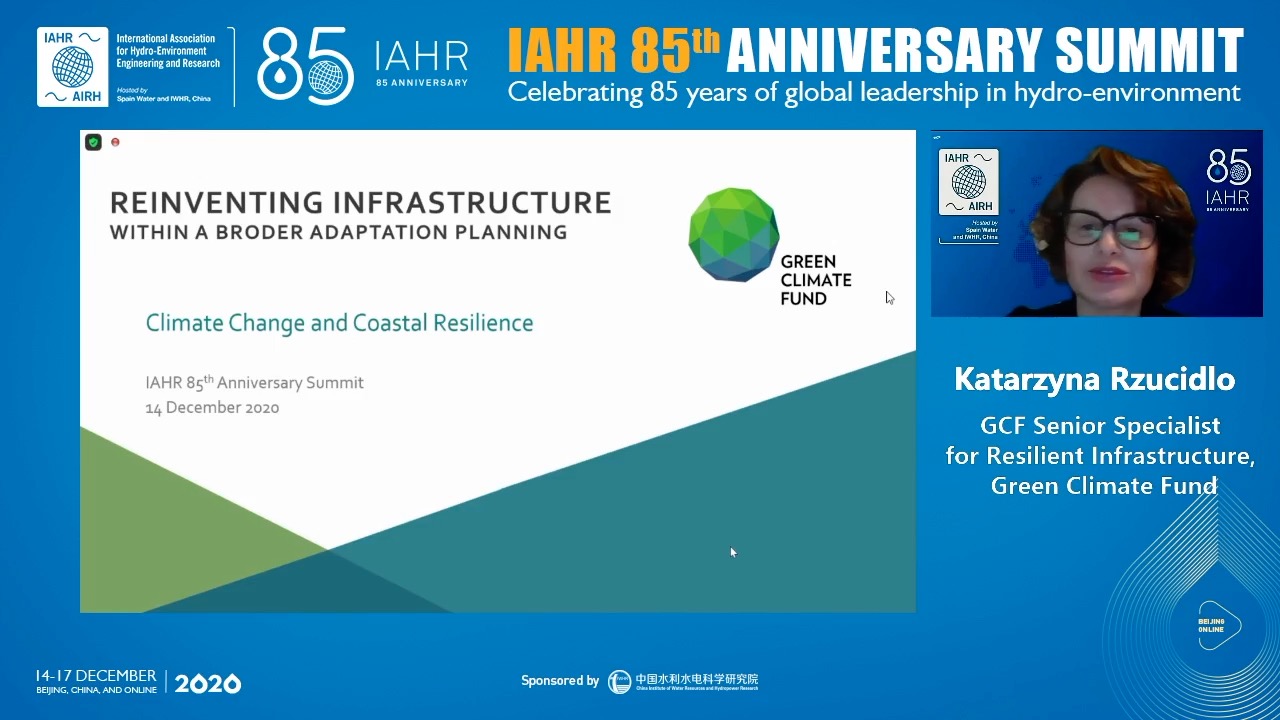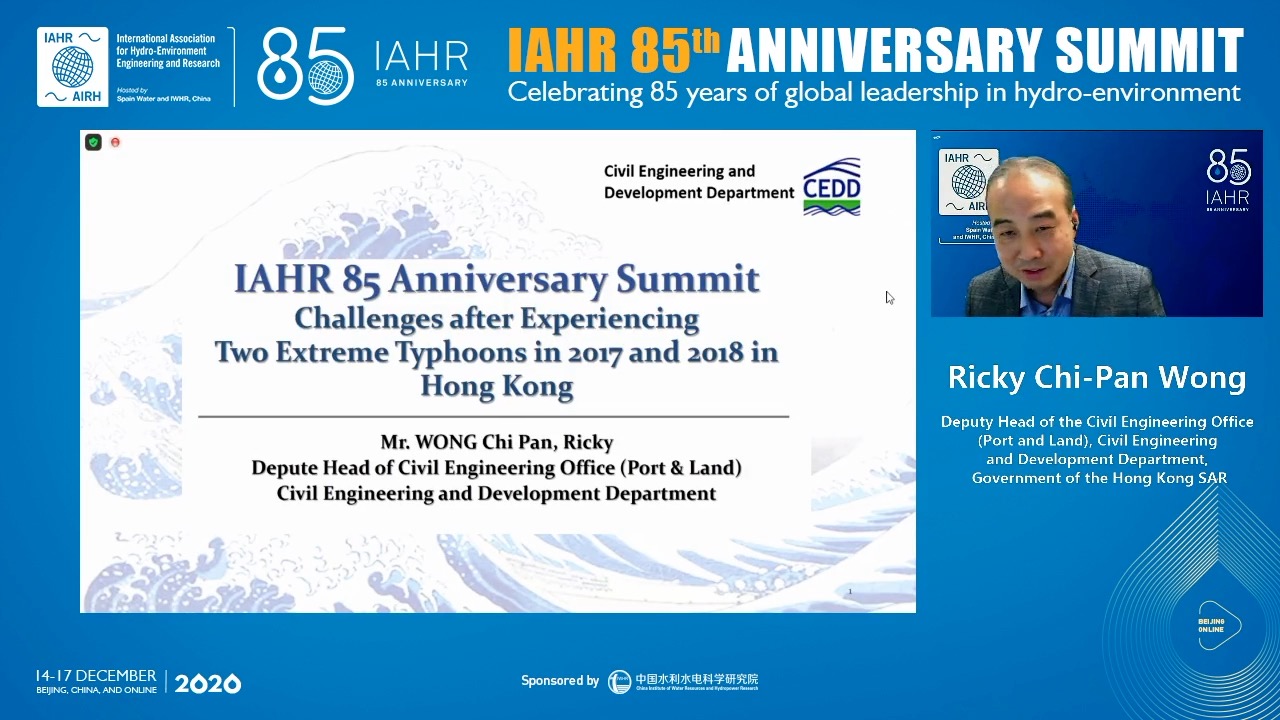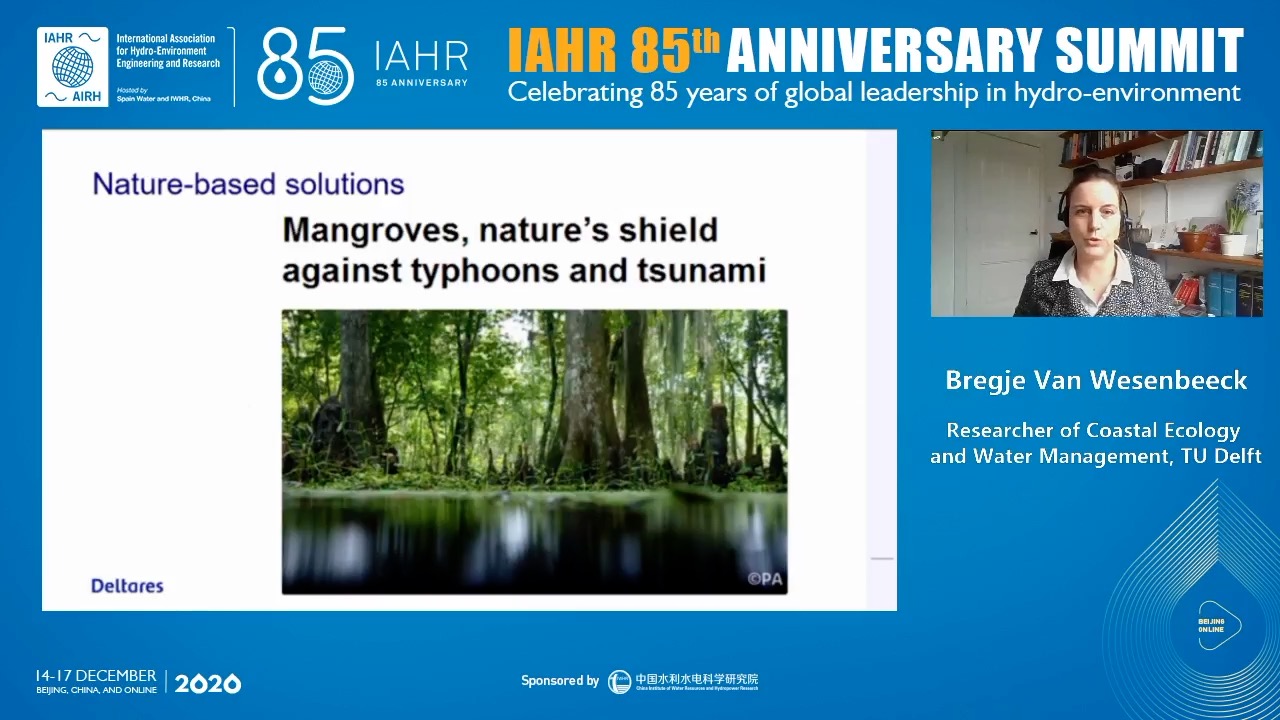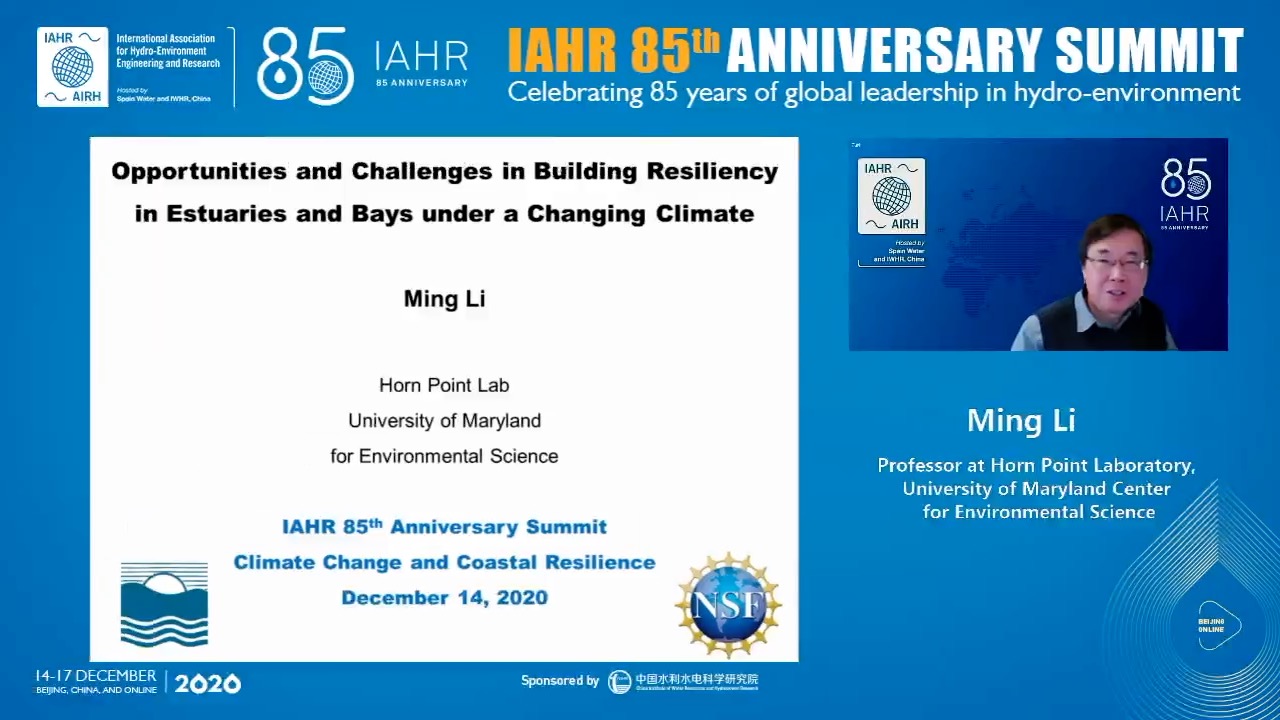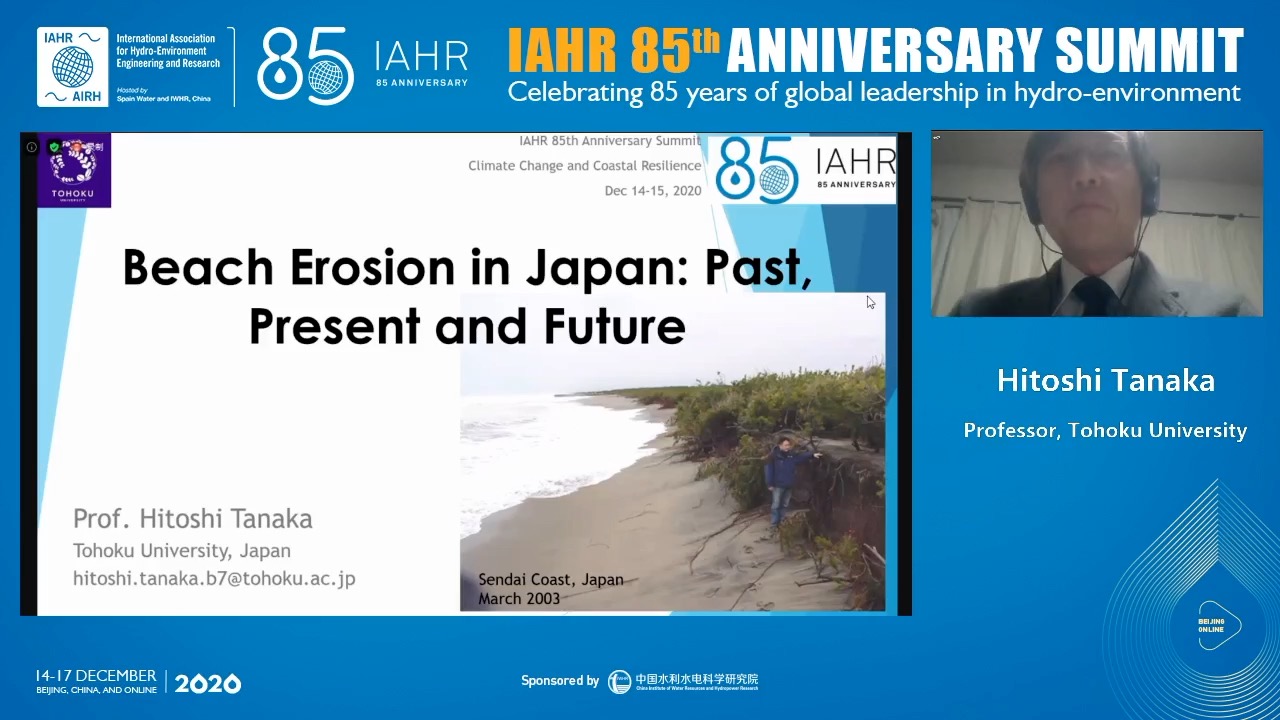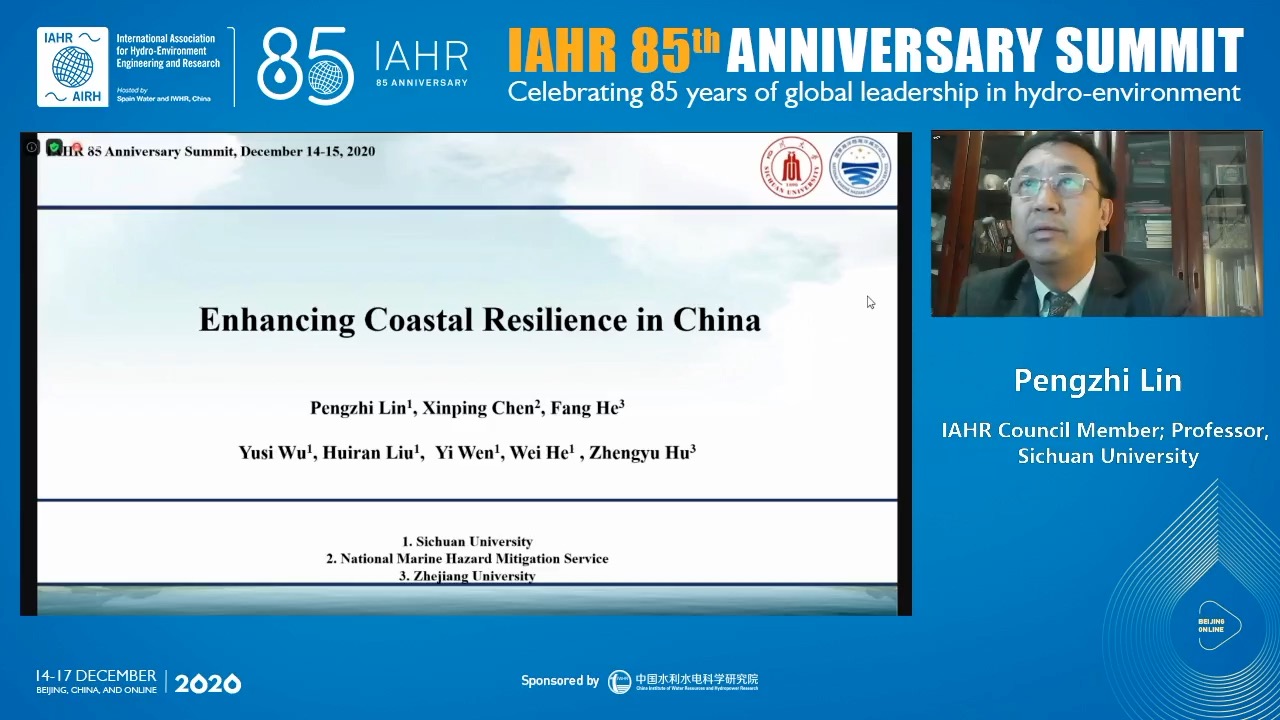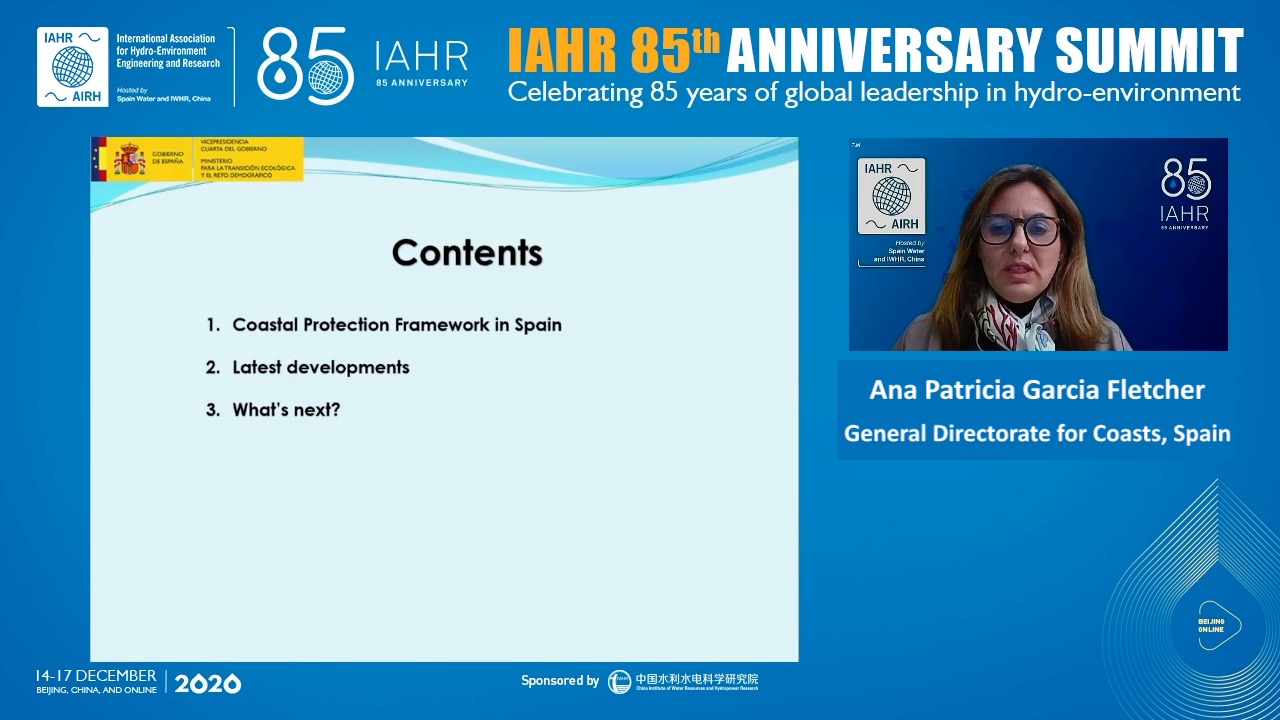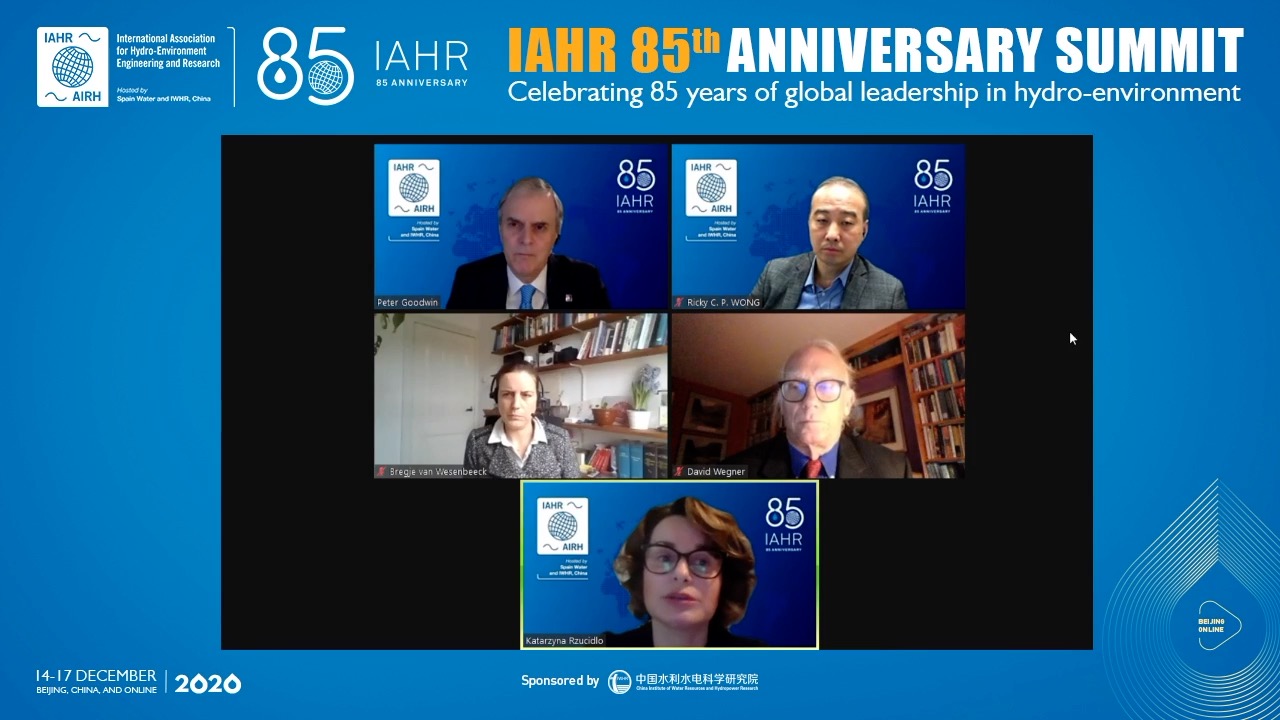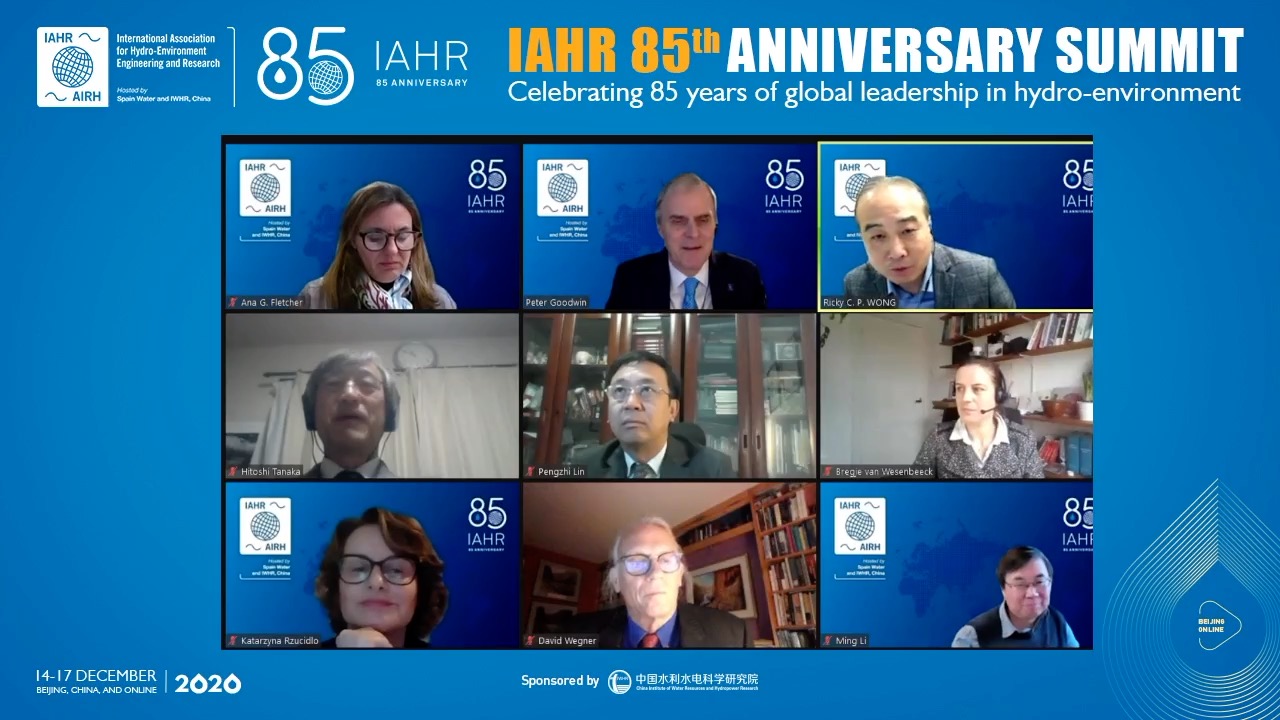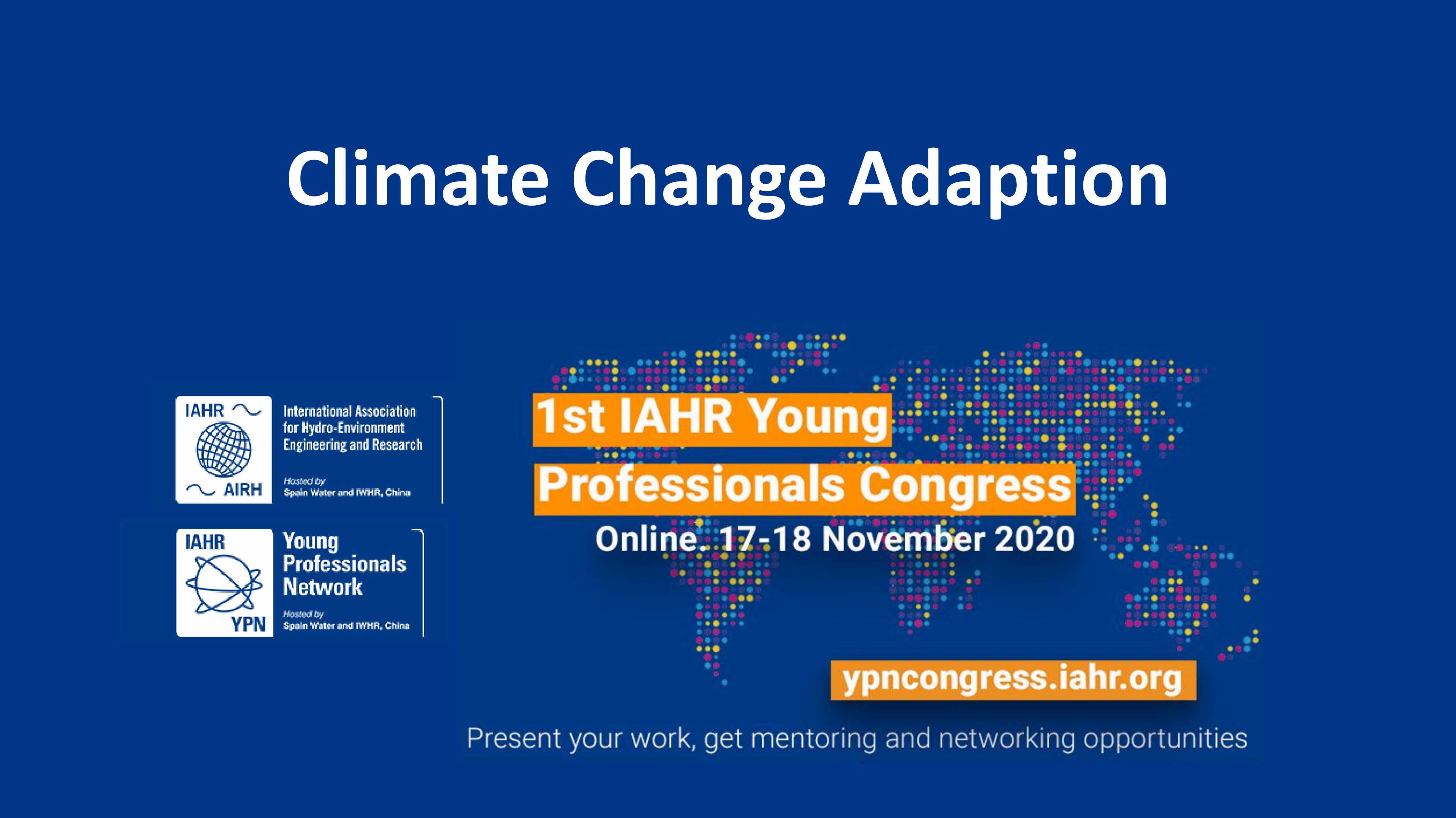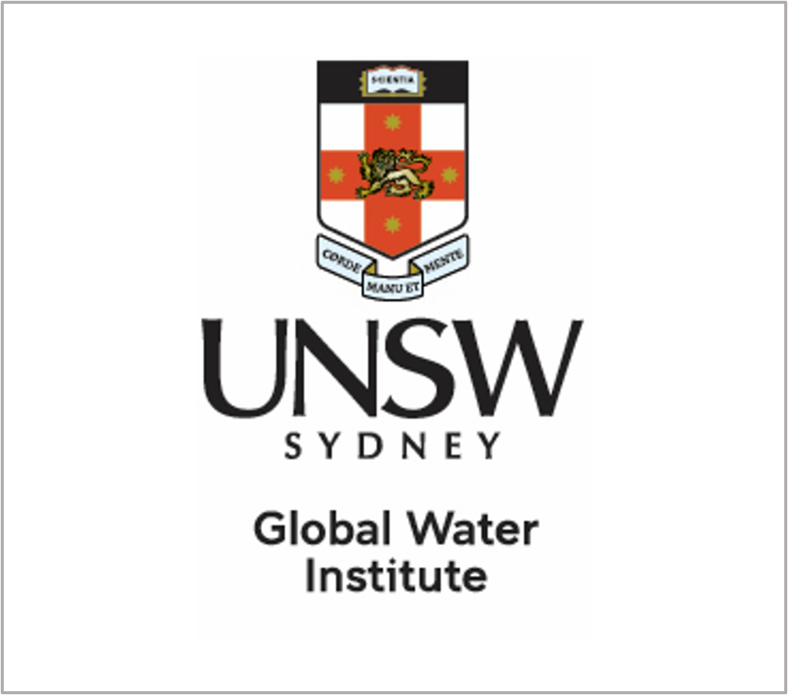IAHR Resource Guide on Climate Change

Climate change is one of the most pressing issues of our time and is impacting many different aspects of human life. Warmer temperatures are resulting in extreme weather events such as floods, droughts, heat waves, and wildfires. Rising sea levels, caused by melting glaciers and ice sheets, is threatening coastal areas and vital marine ecosystems. As global temperatures increase, climates are changing and causing a range of problems from more intense storms to declining crop yields. The potential for climate-induced mass migration is of particular concern. These issues are set to become more severe over time, and the future of mankind is at risk if more decisive action is not taken to address climate change.
Climate change research is an important area of scientific focus due to its potential impacts on life, both human and otherwise. Research into the causes, impacts, and solutions for global climate change can shed light on the rate and extent of climate change, the most effective ways to reduce emissions and mitigate the effects of climate change, and ways to adapt to the changes that come. Such research may also reveal new ways to generate energy, preserve ecosystems, and create better living conditions for all. By understanding the effects of global climate change, collective efforts can be directed towards its prevention.
IAHR, a worldwide independent organization of engineers and water specialists working in fields related to the hydro-environmental sciences and their practical application, has over the years been making great efforts in advancing human understanding of the relevant disciplines.
Below is a guide to part of the related resources IAHR has to offer our members and the global research community.
Institutional Setup
IAHR Technical Committee on Climate Change Adaptation
In 2018, IAHR upgraded its Working Group on Climate Change Adaptation to a Technical Committee, which aims at coordinating initiatives in IAHR dealing with the study of the impact of climate change on the hydro-environment and monitoring adaptation measures being taken in the water engineering sector, both of the structural and non-structural type.
» More about this technical committee
» Join this technical committee
Events
IAHR convenes events that set agendas, harness and amplify the collective knowledge of the global hydro-environment community through the organization of congresses, symposiums, seminars, workshops and webinars that have been a popular success since the outbreak of COVID-19. Listed below are just a few of the events closely related to this topic.
2024-05-10
2024-03-28
2023-11-22 to 2023-11-24
2023-08-21 to 2023-08-25
2022-12-14 to 2022-12-17
2022-12-02
2022-11-28 to 2022-12-02
2022-11-25
2022-11-08 to 2022-11-10
2022-10-10 to 2022-10-14
2022-10-02 to 2022-10-12
2022-09-07 to 2022-09-09
2022-07-04 to 2022-07-08
2022-07-04 to 2022-07-07
2022-05-18
2022-04-21
2022-03-09
2021-11-30 to 2021-12-02
2021-11-10
2021-10-26
2021-07-05
2021-07-01
2021-03-22
2020-11-26 to 2020-11-27
2020-12-14
2020-11-17 to 2020-11-18
2020-07-07 to 2020-07-10
2020-03-21
Publications
IAHR inspires, disseminates and catalyzes state-of-the-art knowledge and thinking on the most important water engineering and related environmental issues of present times through high quality products and peer-reviewed publications.

Search “climate change” in the IAHR Document Library to view and download articles of proceedings, journals, Hydrolink, etc. related to this topic.
» For more publications, visit IAHR Document Library · Journals · Books · Hydrolink · White Paper
Videos
Find out what interests you most among the 531 hours of about 1359 video clips in 132 collections in the IAHR Video Library that have been viewed more than 2,178,000 times (statistics as of May 20, 2024).
Vallam Sundar et al, 2024-05-10
Jurgen Stamm, 2024-05-10
Jing He, 2024-05-10
V. Thiruppugazh, 2024-05-10
Vallam Sundar et al, 2024-05-10
Elpida Kolokytha, 2024-03-28
Stefan Uhlenbrook, 2024-03-28
Anthony Slatyer, 2024-03-28
Tomasz Kolerski, 2024-03-28
Roberto Ranzi, 2024-03-28
Gabriele Freni, 2024-03-28
Daisuke Nohara, 2024-03-28
Ellis Penning, 2024-03-28
Michele Mossa, 2024-03-28
Elpida Kolokytha et al., 2024-03-28
Michele Mossa, 2024-03-28
Natalia Garcia Estevez, et al., 2023-11-22
José M. Adriasola V., et al., 2023-11-22
María José Polo Gómez, 2022-12-02
Xinlei Guo, 2022-12-02
Knut Hoyland, 2022-12-02
Marco Tedesco, 2022-12-02
Roberto Ranzi, Tomasz Kolerski et al., 2022-12-02
David Wegner, 2022-12-02
Emanuele Quaranta et al., 2022-11-29
Gaetano Crispino et al., 2022-11-29
Tom Soo, 2022-11-25
Hyoseop Woo, 2022-11-25
Tom Soo, 2022-11-25
Winston Yu, 2022-11-25
Andrew Tyler, 2022-11-25
Ben Grumbles, 2022-11-25
Dhesigen Naidoo, 2022-11-25
Liang Chen, 2022-11-25
Heejung Shin, 2022-11-25
Tom Soo et al., 2022-11-25
Tom Soo et al., 2022-11-25
Francisco Martínez-Capel, Gaurav Sonkar, Xixi Wang et al., 2022-10-10
Jorg Imberger & Peter Goodwin, 2022-10-03
Tom Too, 2022-05-18
Joseph H.W. Lee, 2022-05-18
Hyoseop Woo, 2022-05-18
Jon Lane, 2022-05-18
Tony Slatyer, 2022-05-18
Paul Pinsky, 2022-05-18
Peter Goodwin, 2022-05-18
Xin SUI, 2022-05-18
Francois Flocard, 2022-05-18
Tom Soo, Hyoseop Woo et al., 2022-05-18
Stefan Riedelbauch, 2022-05-18
Martine Kox, 2022-05-18
Ogeuk Kwon, 2022-05-18
Tom Soo, Hyoseop Woo et al., 2022-05-18
Yong-deok CHO, 2021-11-10
Eric Tardieu, 2022-11-10
Ramesh Teegavarapu, 2022-03-09
Michele Mossa, 2021-12-02
Stefan Haun, Aonghus McNabola,2021-11-30
Qiang He, 2021-11-16
Jennifer G. Duan, 2021-07-07
Xiaotao Cheng, 2021-07-07
Van Thanh Van Nguyen, 2021-07-05
William Young, 2021-07-05
Elpida Kolokytha, 2021-07-01
Giovanna Grossi, 2021-07-01
Iana Rufino, 2021-07-01
Daisuke Nohara, 2021-07-01
Priyank J. Sharma, 2021-07-01
Seung Beom Seo, 2021-07-01
Charalampos Skoulikaris, 2021-07-01
Ramesh Teegavarapu, 2021-07-01
Satoru Oishi, 2021-07-01
Elpida Kolokytha et al, 2021-07-01
Peter Goodwin, 2020-12-14
David Wegner, 2020-12-14
Katarzyna Rzucidlo, 2020-12-14
Ricky Chi-Pan Wong, 2020-12-14
Bregje Van Wesenbeeck, 2020-12-14
Ming Li, 2020-12-14
Hitoshi Tanaka, 2020-12-14
Pengzhi Lin, 2020-12-14
Ana García Fletcher, 2020-12-14
Peter Goodwin et al., 2020-12-14
Peter Goodwin et al., 2020-12-14
Roberto Ranzi et al., 2020-11-17
» For more videos, visit IAHR Video Library.
Expert Insights
IAHR gathers global top scholars, researchers, scientists and engineers working in fields related to the hydro-environmental sciences and their practical applications, and acts as a global voice to facilitate understanding, inspire ideas and make calls for actions.
IAHR Experts
Below is the list of IAHR individual members who are or were serving on the leadership team of the Technical Committee on Climate Change Adaptation. If you would like to connect with one or some of them, please contact our membership manager Ms. Sally Feng.
Please note that there are many IAHR experts in this research discipline who are not listed here, and that expertise fields might not be fully displayed if too long. Please click the names of the experts to view their full profiles.
Roberto Ranzi | University of Brescia, Italy
Hydrology; civil engineering; water resources; hydraulic engineering; mountain hydrology…Abdalla Abdelsalam Ahmed | UNESCO Chair in Water Resources, Sudan
Policies, Planning and Management, Irrigation Managements, Water Harvesting...Yangwen Jia | Institute of Water Resources and Hydropower Research (IWHR), China
Water Quality, Water Resources Management, Watershed Hydrology, Hydrological Modeling Hydrology…Kenichiro Kobayashi | Kobe University, Research Center for Urban Safety and Security (RCUSS), Japan
Rainfall, Rainfall Runoff Modelling, Modeling and Simulation, Hydraulics, Hydrological Modeling…Guinevere Nalder | New Zealand Qualifications Authority, New Zealand
Coming Soon...Van-Thanh-Van Nguyen | McGill University, Canada
Hydrologic Engineering, Water Resources Management, Climate Change Impact and AdaptationTalita Silva | Universidade Federal de Minas Gerais, Brazil
Hydraulics, Hydrological Modeling, Water Resources Engineering, Hydrologic and Water Resource Modeling and SimulationRamesh Teegavarapu | Florida Atlantic University, United States of America
Climate change and variability, hydroclimatic extremes, water, and environmental systems modeling and management…Deg-Hyo Bae | Sejong University, Republic of Korea
Atmospheric and surface runoff interaction studies, climate change and variability studies…Iñigo J. Losada Rodríguez | Fundación Instituto de Hidráulica Ambiental, Spain
Numerical Modeling, Fluid Mechanics, Numerical Simulation, Computational Fluid Dynamics…Bregje Van Wesenbeeck | Deltares, Netherlands
Community Ecology, Environment, Ecology, Ecosystem Ecology, Biodiversity, Climate Change…
» To find more Experts in the field of Climate Change, visit the IAHR Member Finder.
» To become an IAHR individual member, visit join.IAHR.org.
IAHR Institutes
Among the 118 institute members of IAHR, many of them have research departments, centers, business, and teams devoted to climate change-related activities, and some of them have shared what they have done and are currently doing (listed below). If you would like to also share your activities, or connect with one or some of them, please contact our membership manager Ms. Sally Feng.
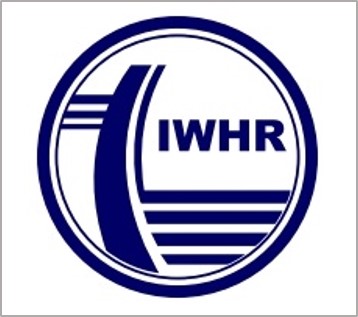
China Institute of Water Resources and Hydropower Research (IWHR)
IWHR, a national research institute under the administration of the Ministry of Water Resources of China, has been conducting research related to climate change in policy making, decision-making support, adaptation and mitigation measures, hydropower and carbon neutrality, etc., publishing papers and industrial reports, organizing technical webinars and training courses…including the writing of China’s national assessment report of climate change, national strategy on climate change adaptation and technical reports on climate change adaptation progress, rainfall and flood forecasting, experiment on multi-scale water cycle and global change mechanism, impact of climate change on water resources in specific river basins, impact of climate change on water withdrawal and consumption in industrial sector, water and soil management under different climate change scenarios, national water modeling, etc.
More details: http://en.iwhr.cn
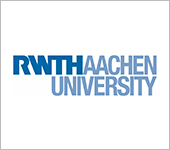
Institute of Hydraulic Engineering and Water Resources Management (IWW), RWTH Aachen University
The IWW researches extreme riverine floods and droughts, coastal protection measures, and hydropower usage aiming to increase resilience against climate change. Therefore, the IWW works with multidisciplinary approaches in several projects, e.g., developing flash flood early warning systems for arid and semi-arid areas in Asia and Africa to reduce vulnerability and exposure. Further, in Cameroon, alarm and emergency plans for protecting the population and infrastructure are developed for floods and droughts. In Germany, guidance for improved crisis management and communication in the event of flooding will be developed after the flood incident in mid-July 2021. We develop flood prevention measures and an intelligent heavy rainfall-related flood risk warning system in the transport sector. Also, we help develop tools to support authorities in low-flow risk management. We research coastal shoreline protection and investigate the potential of reservoirs of underground pumped storage power plants in abandoned mines.
More details: https://www.iww.rwth-aachen.de/cms/iww/~lyhb/Forschung/lidx/1/
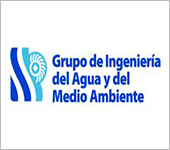
Water and Environmental Engineering Group (GEAMA). University of A Coruña
We are interested in developing methodologies to quantify the effect of climate change on flood hazard in rivers and estuaries, due to the expected increase in high precipitation events and sea level rise. To do so, we work in the development of high-resolution numerical models of river flood, early warning systems, dual urban drainage models, and the application of machine learning techniques to improve flood forecasts. We are also interested in the communication and awareness of flood hazard and climate change to society through augmented reality facilities.
More details: http://www.geama.org/portfolio/flood-risk/
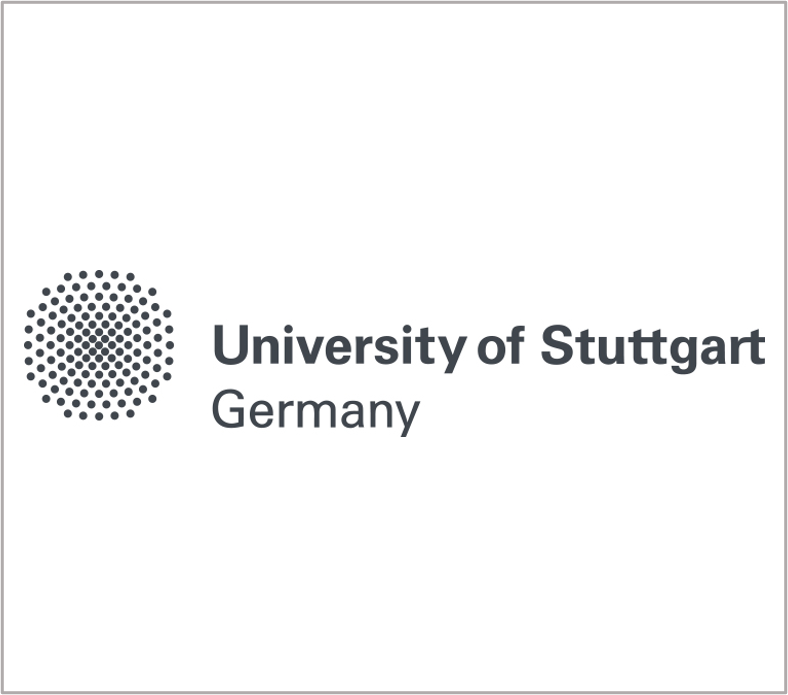
University of Stuttgart, Institute for Modelling Hydraulic and Environmental Systems, Germany
The University of Stuttgart is a leading academic institution renowned for its cutting-edge research and innovative engineering solutions. The Institute for Modelling Hydraulic and Environmental Systems (IWS) has a strong focus on hydro-morphodynamic processes and is at the forefront of research related to interactions between water and sediment. Its research activities cover a broad spectrum of fundamental and applied research and are based on models, field measurements, and system analysis, including the development of advanced numerical models and measurement methods. The IWS is conducting vital research on the impact of climate change on erosion processes, sediment dynamics, and reservoir sedimentation. This research is essential to better understanding the effects of climate change on reservoir sedimentation and developing effective mitigation strategies. The institute’s strengths in climate change research and engineering are based on a strong commitment to interdisciplinary collaboration and a focus on real-world impacts.
More details: https://www.iws.uni-stuttgart.de/en/lww/
The UNSW Global Water Institute draws on water expertise from seven faculties and 13 specialist centres to understand and address issues related to climate change. Our knowledge extends across atmospheric, oceanic and terrestrial processes and includes hydrology related to extreme events; water cycle processes; climate modelling; groundwater research and management; and coastal, ocean, estuarine and environmental engineering. Our researchers work closely together, taking an integrated approach to solving climate issues through solutions including wetland restoration and blue carbon initiatives, offshore renewable energy, effective water law and governance, ecosystem restoration, civil engineering hydraulics and more. UNSW is also the host of the International Universities Climate Alliance—a group of 49 universities from across the world, collaborating in a timely, strategic and meaningful way to respond to climate change and foster the next generation of climate researchers.
More details: https://www.globalwaterinstitute.unsw.edu.au/

German Federal Institute of Hydrology
We engage in the implementation of the DAS Core Service “Climate and Water” (DAS-Basisdienst Klima und Wasser) established under the German Strategy for Adaptation to Climate Change (Deutsche Anpassungsstrategie an den Klimawandel – DAS) for advisory and data provision purposes around the issues of inland and coastal hydrology, water quality, floodplain ecology, suspended matter, pollutants and trace elements as well as transport sector-related water management in times of climate change. These same topics are also addressed as part of our international activities, which comprise, amongst others, the operation of the Global Runoff Data Centre and the provision of discharge data in the context of global and climate change to the international research community. The GRDC data are part of the "WMO Catalog for Climate Data". Located at BfG, the International Centre for Water Resources and Global Change (ICWRGC), carries out a variety of projects dealing with different aspects of climate change.
More details: https://www.bafg.de/EN
» To become an IAHR institute member, visit join.IAHR.org.
More resource guides will be released in the coming months, please stay tuned. Any comments will be sincerely welcomed to Ms. Sally Feng.
